What do you actually do? – Hagen Schümann
"The first time I had to make an invoice to Hong Kong I had no idea what I was doing,” admits Hagen Schümann. It’s a remarkably candid statement to hear from a gallerist, but Schümann, who initially trained as an artist, wears his inexperience as a badge of honour. “I talked to some older friends and they told me that some of the nicest galleries are founded by artists,” the thirty-five-year-old director says with pride.
We’re sitting in the backroom of Å+, the Berlin-based gallery that Schümann has been running for the past five years. Originally a driving school—complete with an ugly green carpet—he spent six months renovating the space with a friend after signing the lease in 2015. “I rented it first as a studio, but after I finished fixing up the room I decided I didn’t want to work here anymore,” explains Schümann. Instead, he decided to open an exhibition space, which quickly became a full time job. “I thought I would run Å+ and make work in my spare time,” he says, “but it’s just crazy how much work it is.”
Still, he’s not complaining. After a few years of self-funding the project, Schümann says that the gallery is now sustaining itself through sales alone. It’s an impressive feat considering the lack of collectors in Berlin and the recent spate of closures of small and medium-sized galleries in the city. He modestly attributes his success to the unexpected commercial success he had with some of his artists, as well as the ample help and advice he has received from friends who work at other galleries. “If those people weren’t there it would be much harder,” he admits.
One unexpected factor in the gallery’s favour is its location. Situated in Moabit, Å+ is one of a number of galleries that have either started in or moved to the Central Berlin district in the last few years. “There’s no better place in the city,” says Schümann, who cites the transport and autobahn connections as major plus points. There is also less competition than in nearby Charlottenburg, a district where many of the older and more established galleries are located. “If someone comes to a small space in Moabit after an opening at a large commercial gallery like Max Hetzler, it’s hard not to lose out in comparison,” he explains.
When it comes to setting up a gallery, Schümann’s background does have its benefits. A number of the artists that Schümann works with, such as Simon Modersohn, Roman Gysin and Christin Kaiser, are people he met during his studies at the HFBK Hamburg. Schümann doesn’t necessarily see a conceptual link between all the practices he represents, but does say that he usually follows an artist for at least two years before he invites them to show with the gallery. “It’s all about the conversations we have,” he explains. “I do a lot of studio visits. That’s the best part of the job.”
At the time of our interview, the small, light-filled gallery was home to a series of large-scale paintings by Berlin-based artist Axel Geis, who is a long-time friend of Schümann’s. Titled Bon Tempi after an Italian musical instrument for children, the exhibition features selected portraits Geis made between 2014-19. “I thought about it for a really long time,” Schümann says of the selection. “I visited Geis’ studio three times. In the end I decided to only take the paintings of people without any context [in the background]. I thought, let’s just take the personalities and see what we can do with them.”
According to Schümann, Geis’s figures are mostly taken from films, books, and magazines. “The worst thing for a painter is to constantly be on the hunt for the next motive,” he explains. Instead, Geis picks images with details that interest him—such as an item of clothing or a gesture—which he spends the most time on. The rest of the canvas, according to Schümann, is finished quickly and left “open-ended.” It’s clear from our conversation that the Brandenburg-born director takes pride in being able to give a platform to the artists whose work he admires, many of whom he feels are underrepresented elsewhere. “I don’t usually like the cool guys,” he jokes. “I’m not interested in talking to them.” Ultimately, it’s practices like these that have meant Schümann doesn’t miss his old life as an artist. “If I know so many artists,” he says, “why should I make art anymore?”
Hagen Schümann is the director of Å+, a contemporary art gallery located in Berlin-Moabit. He studied at the HFBK Hamburg from 2009-15 with Pia Stadtbäumer and Gregor Hildebrandt.
More information: https://www.åplus.de/
HFBK graduate Chloe Stead, together with the photographer and also HFBK graduate Jens Franke, met former HFBK students to talk about work, life and art. It is the prelude to a series of interviews for the website of HFBK Hamburg



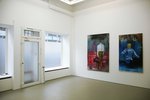


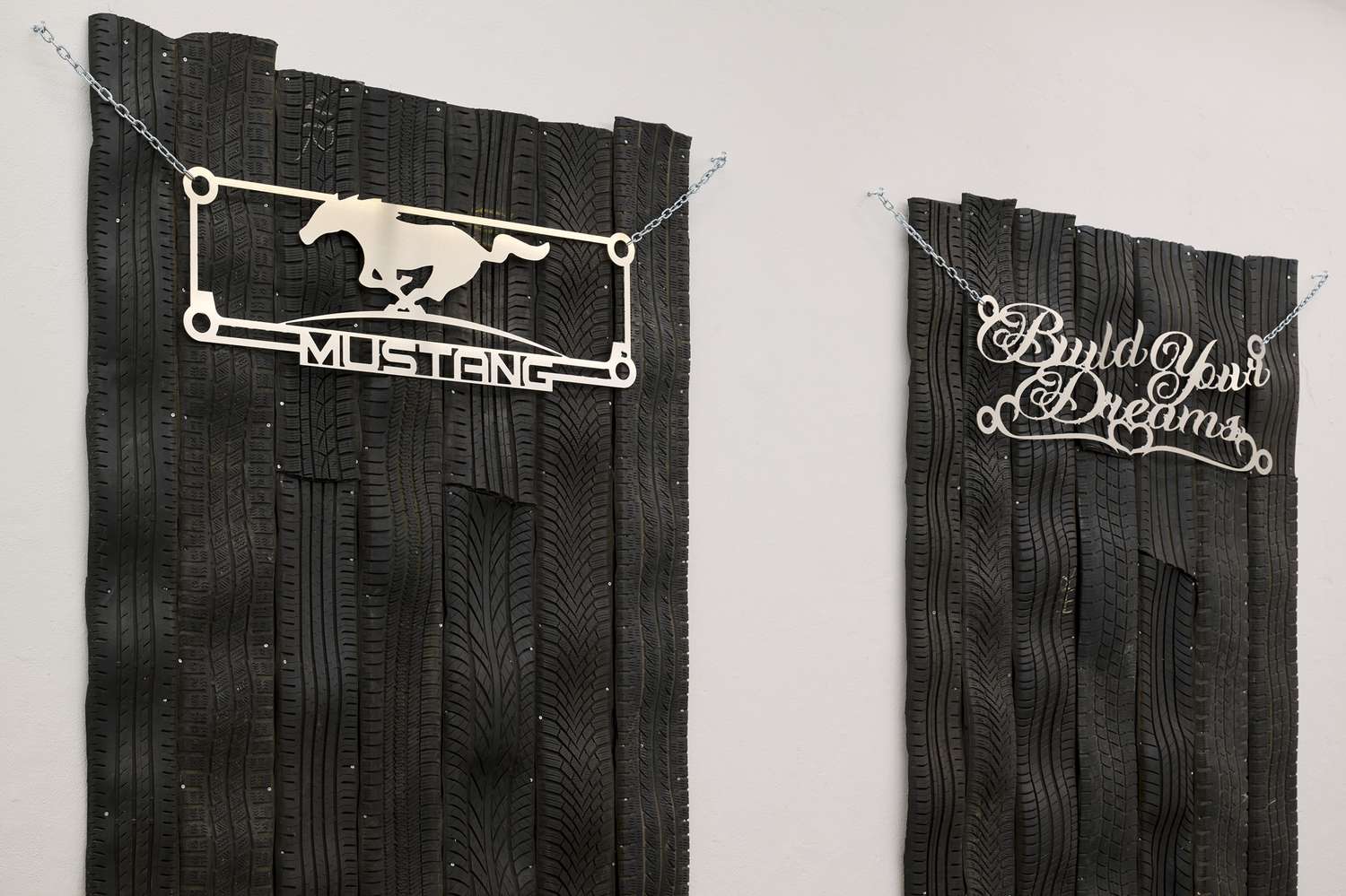
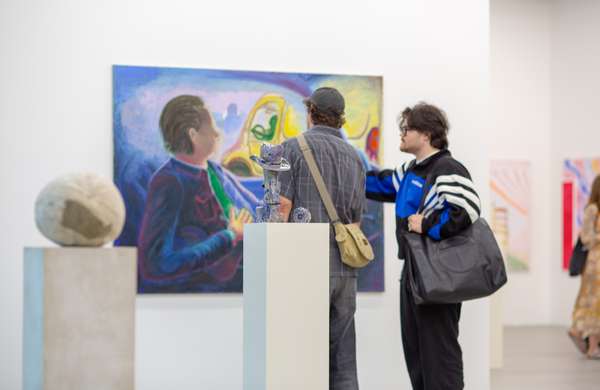
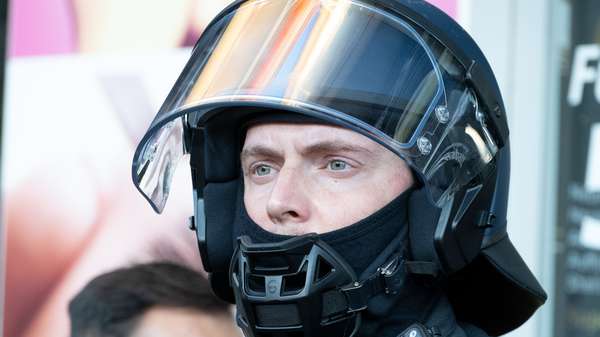

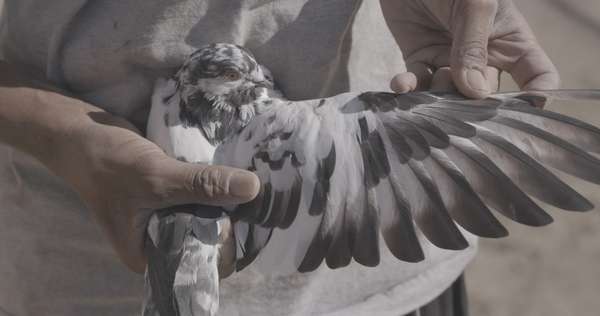
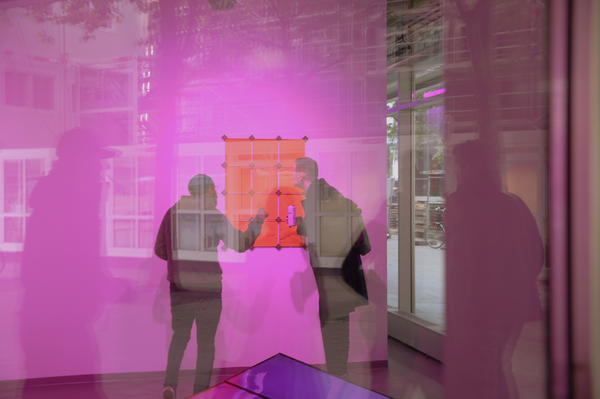
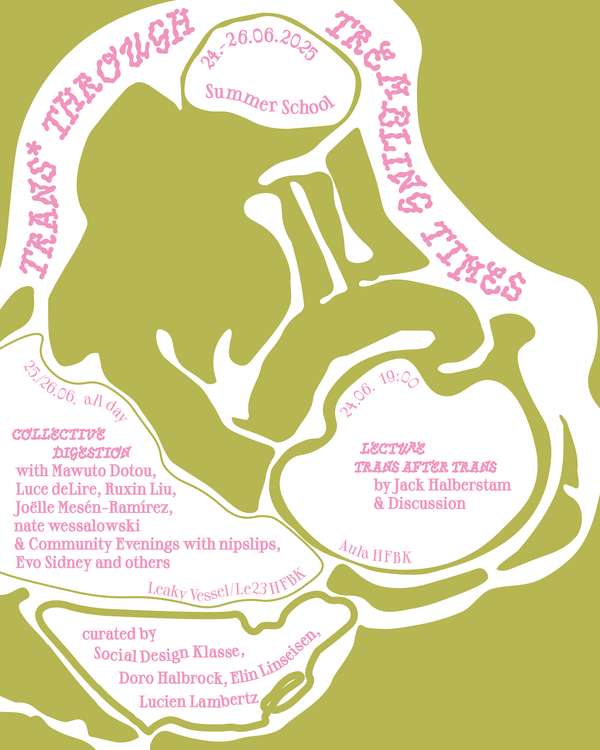
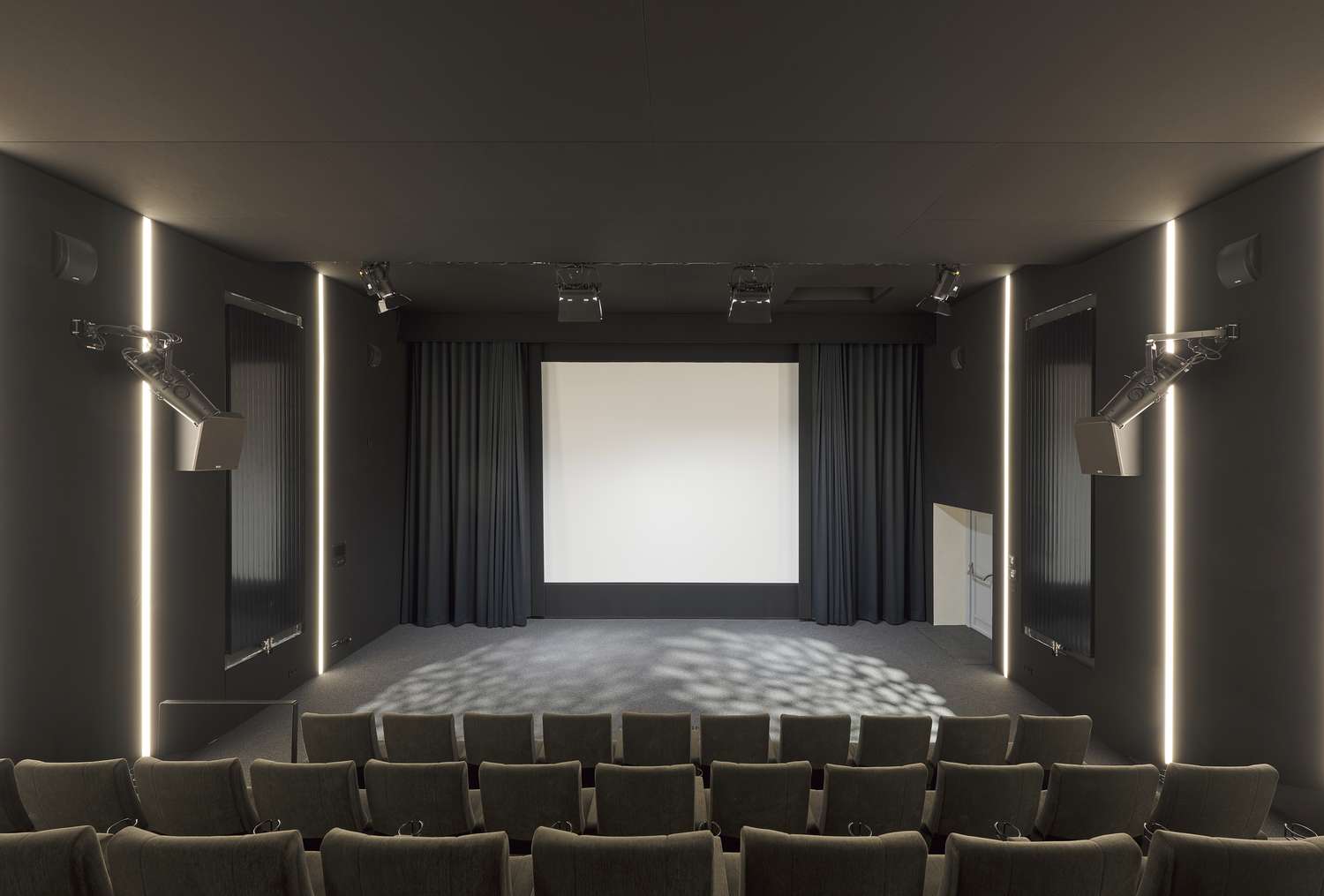
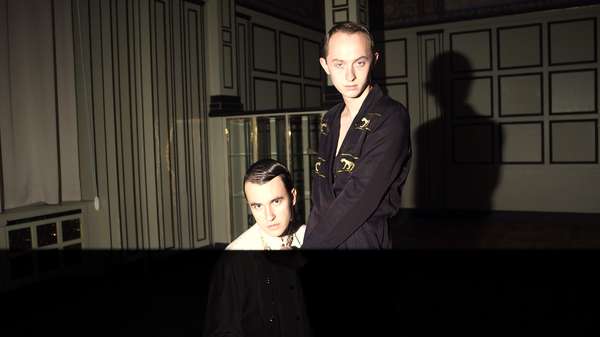
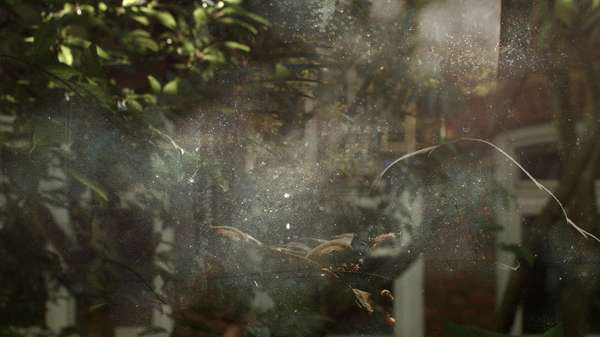
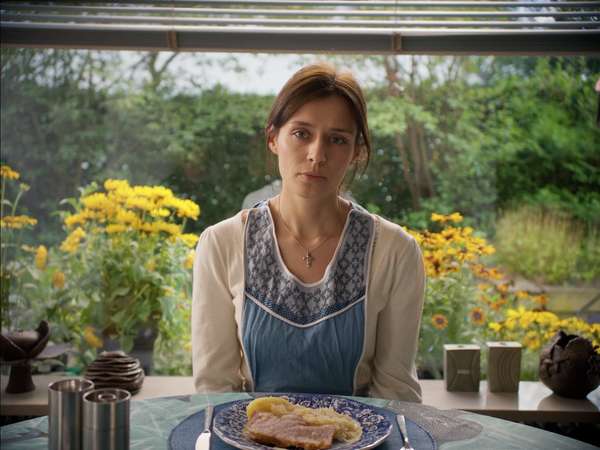
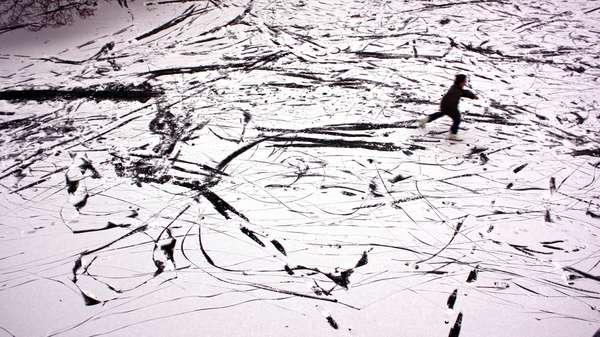
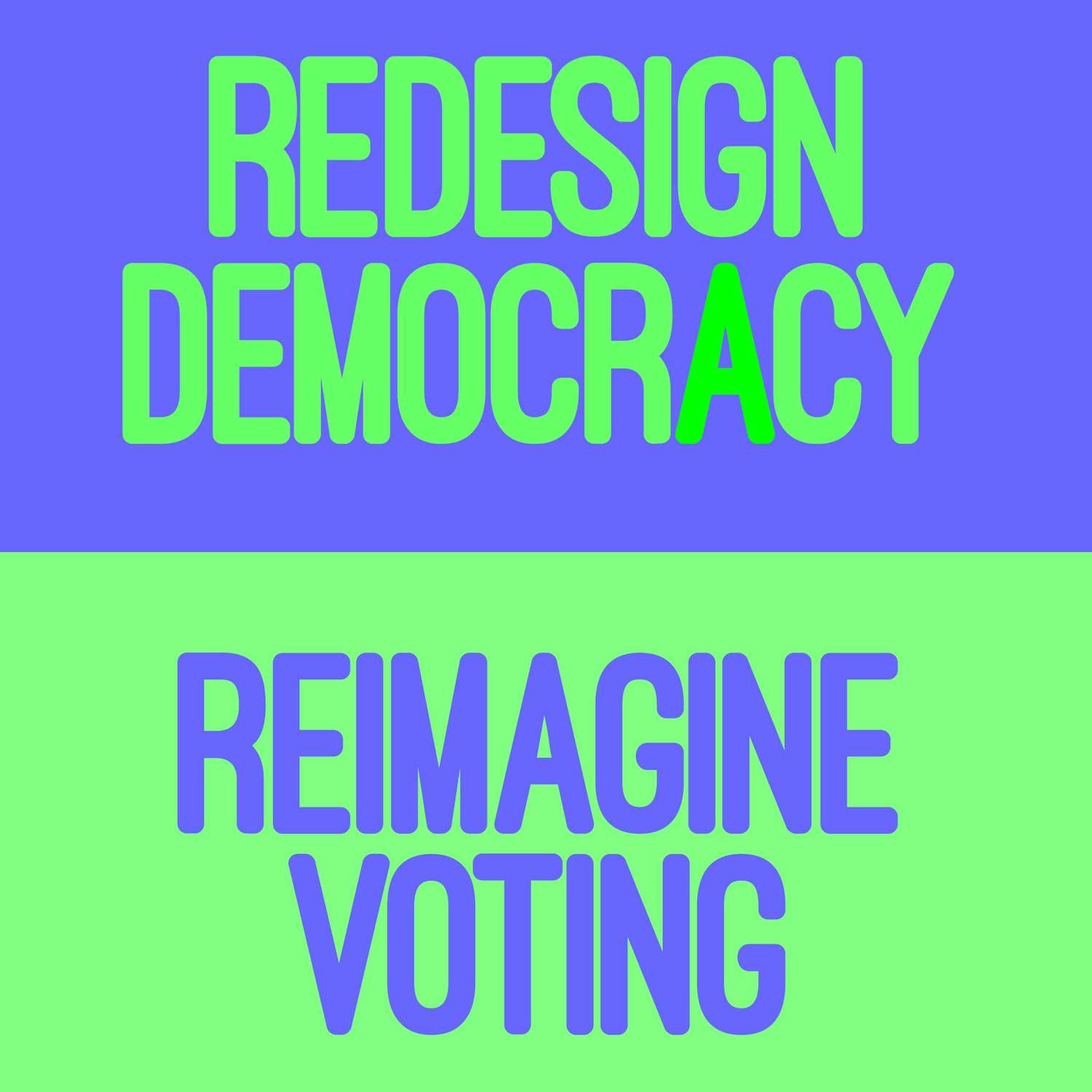
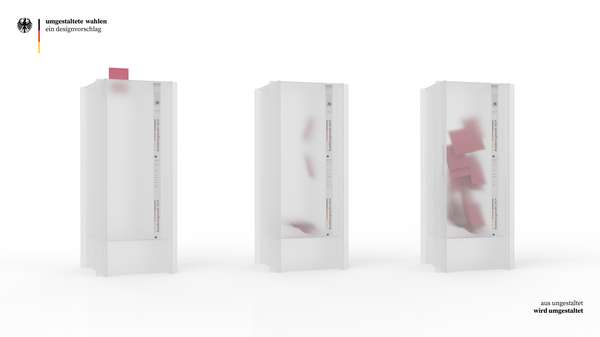
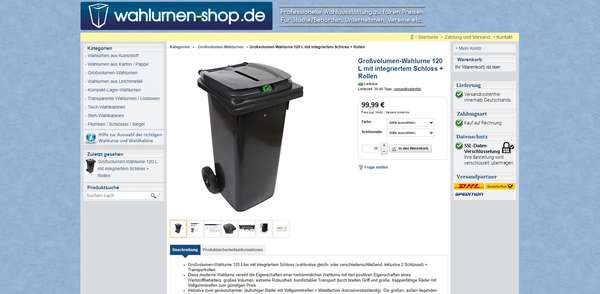
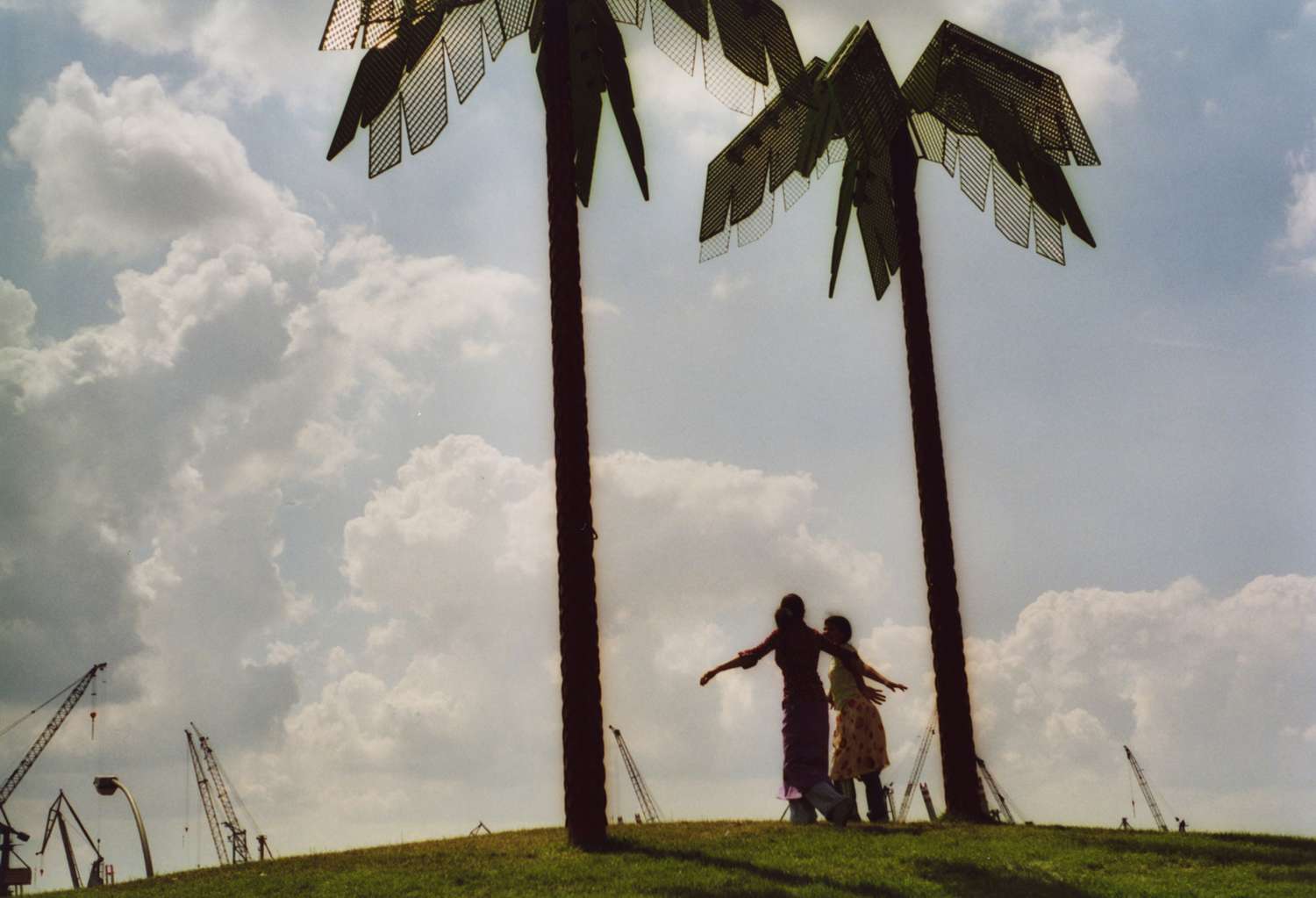
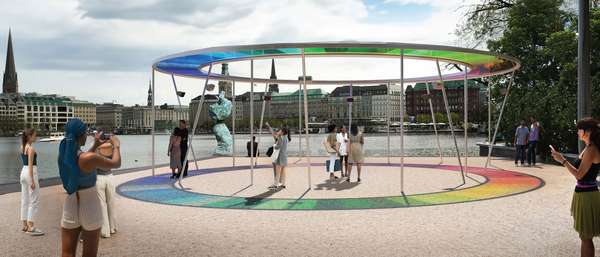
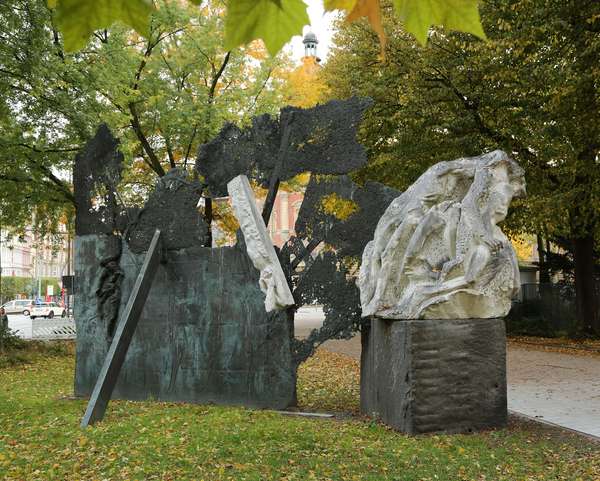
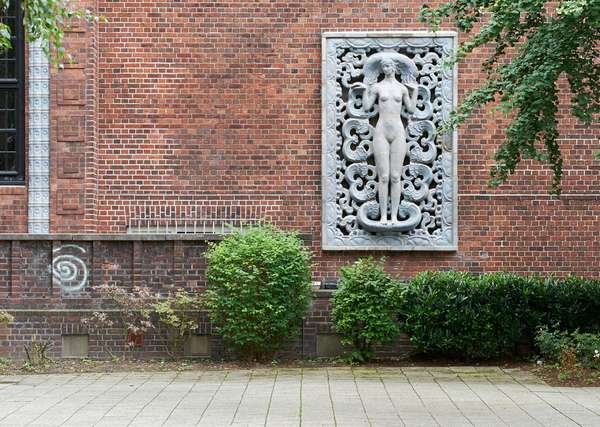
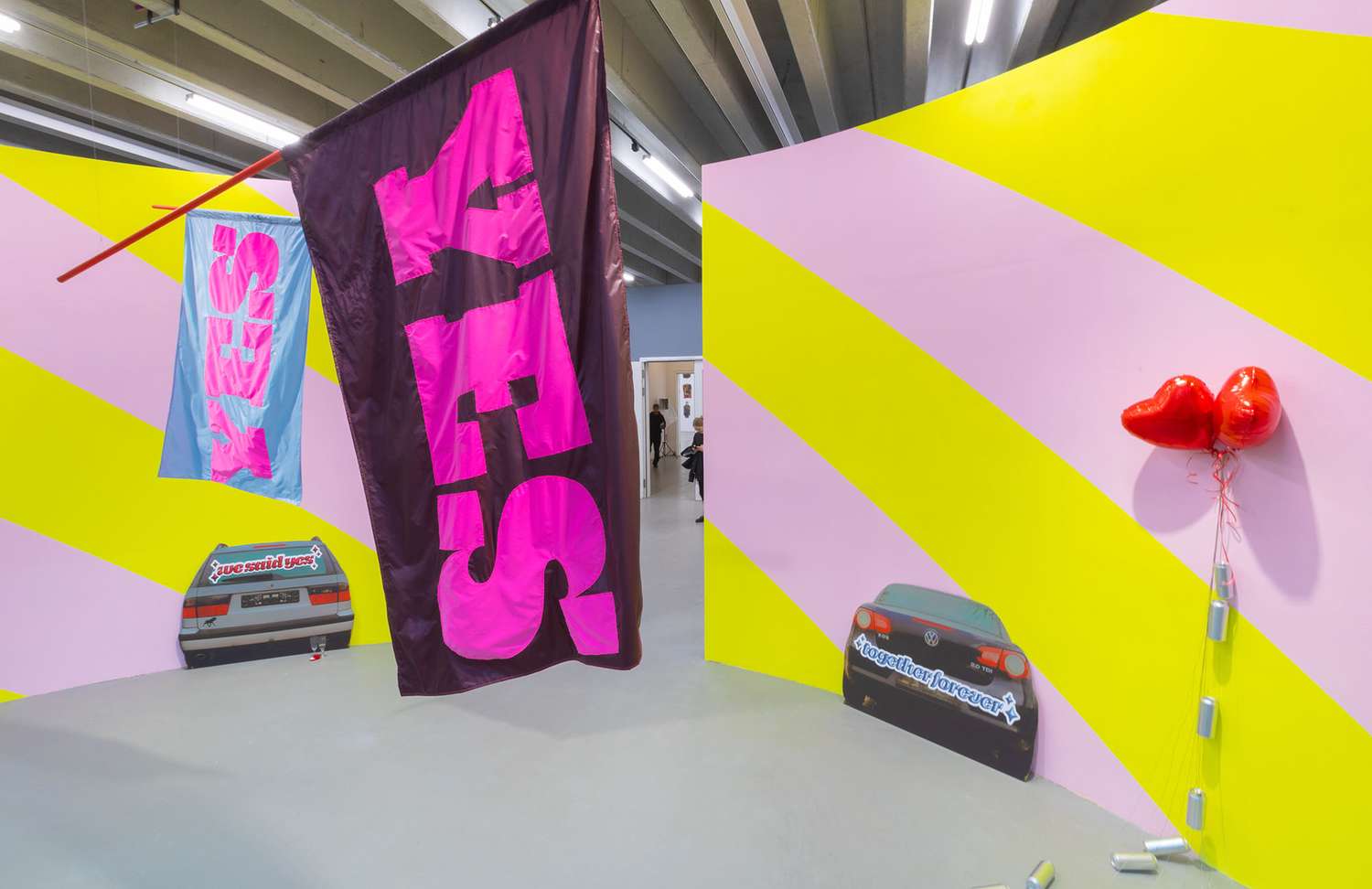
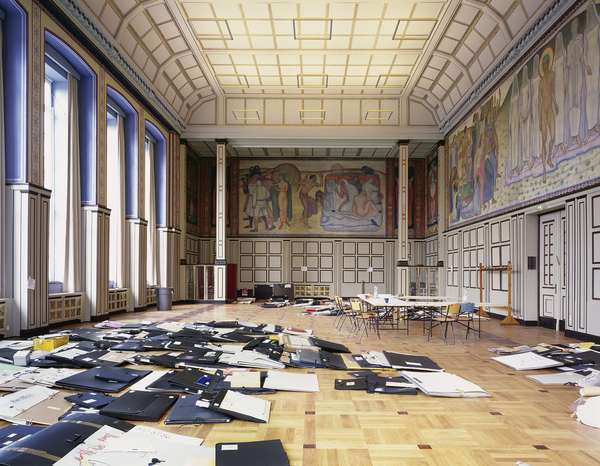
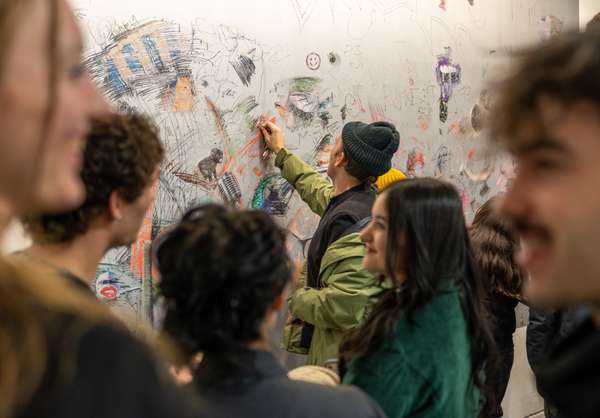
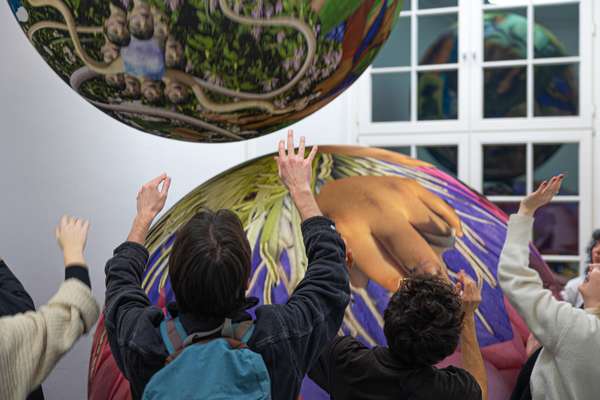
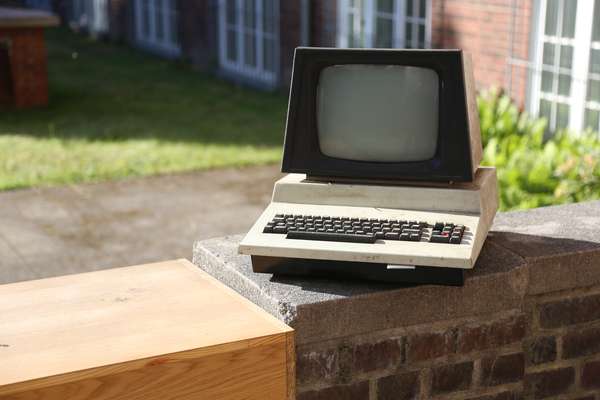

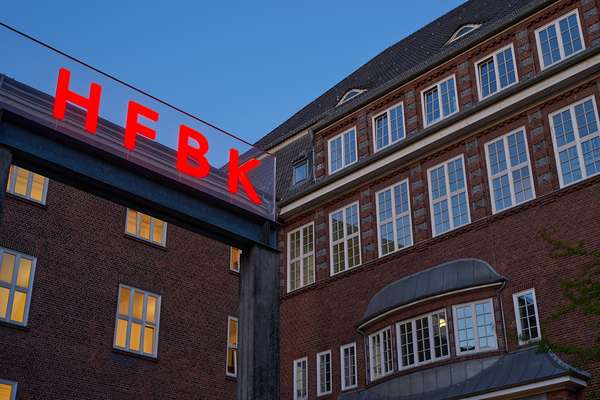
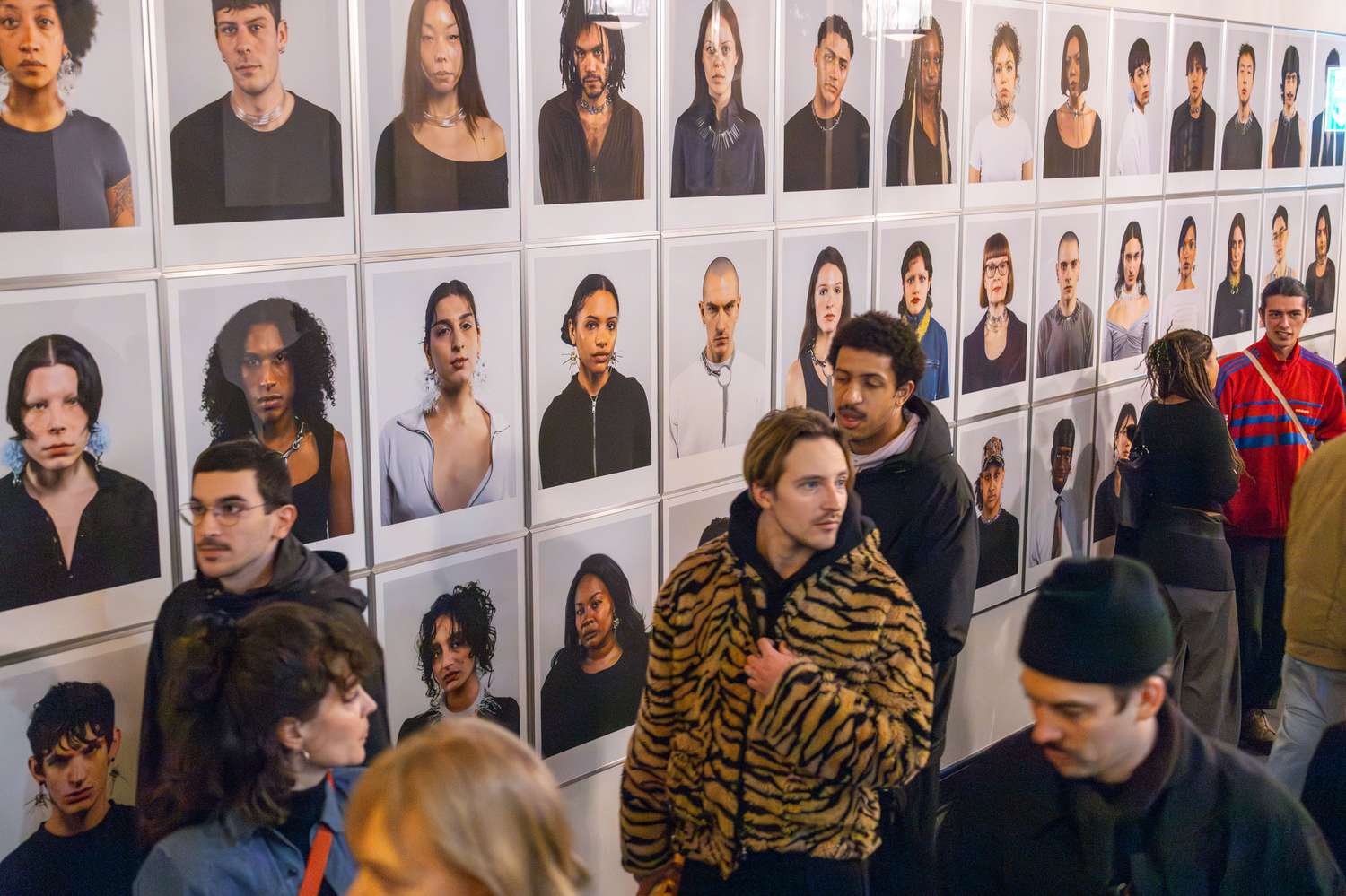

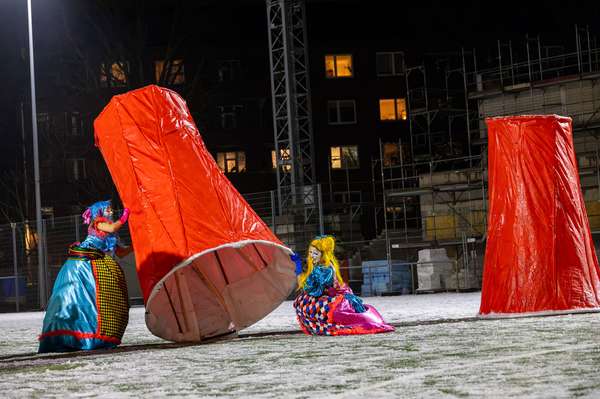
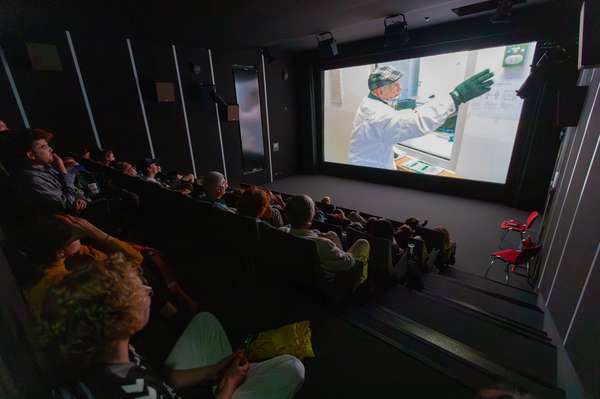
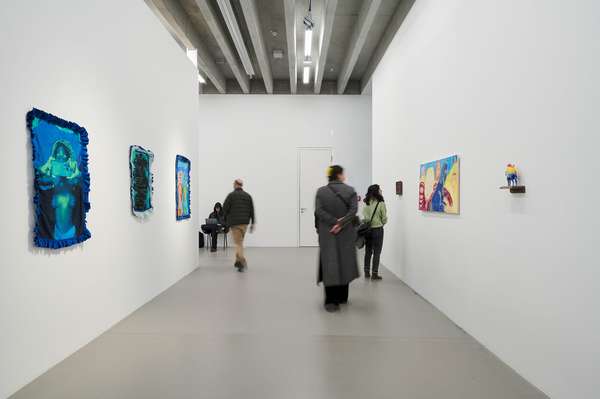
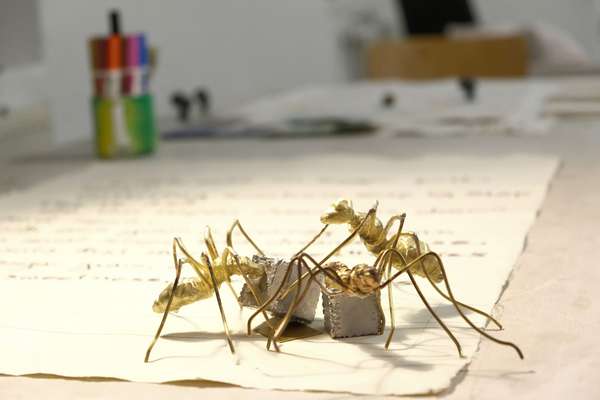
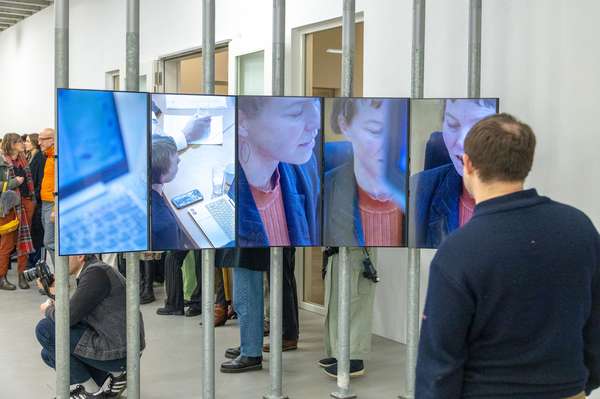
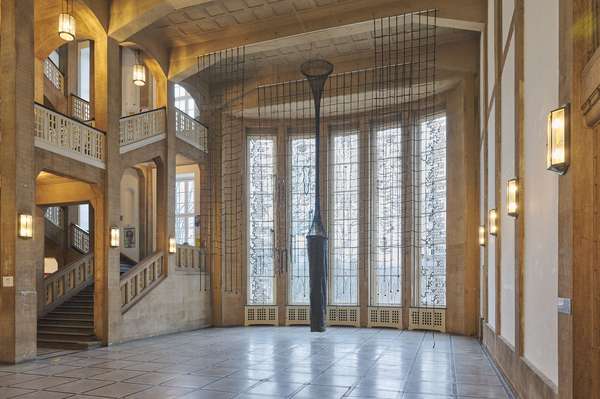
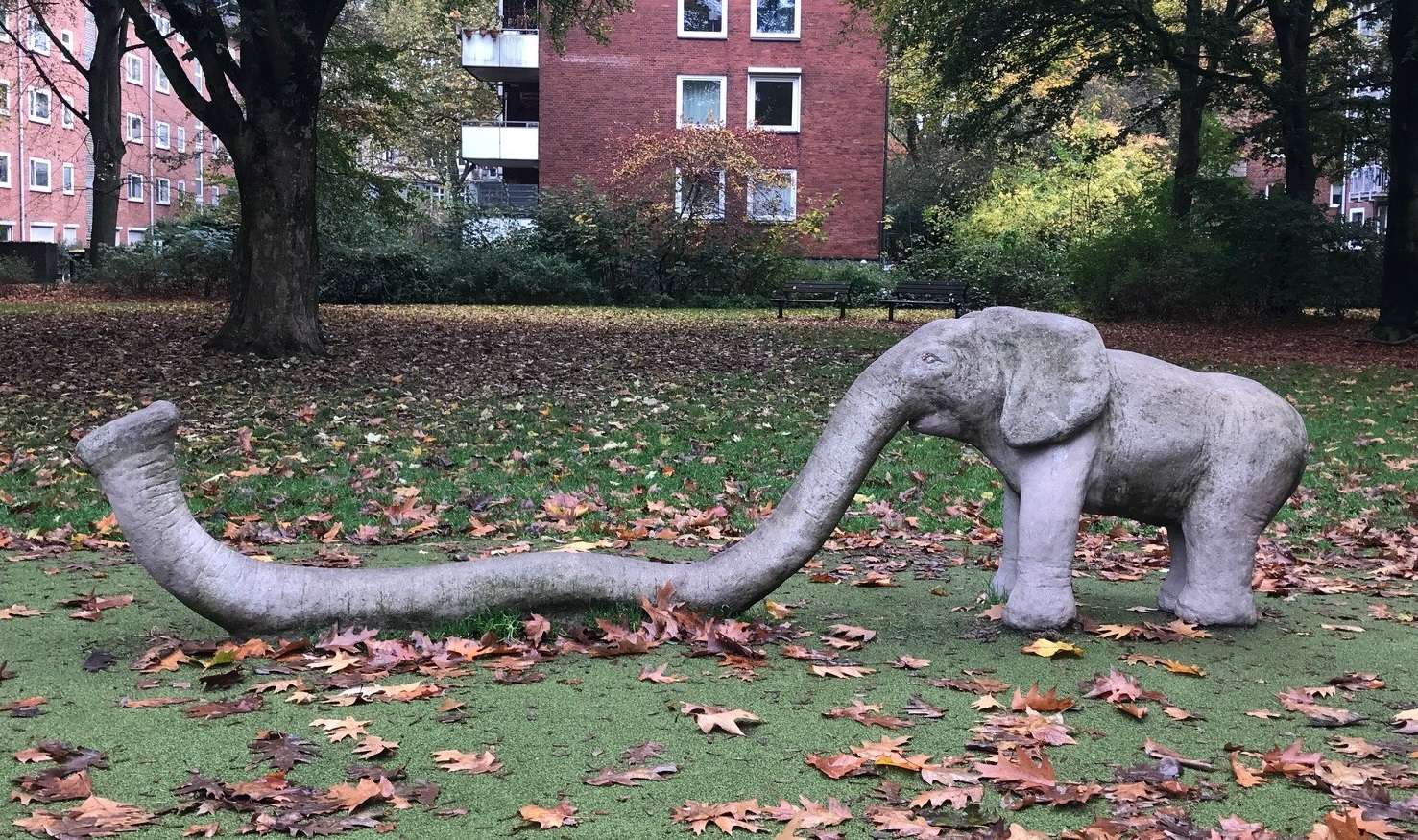
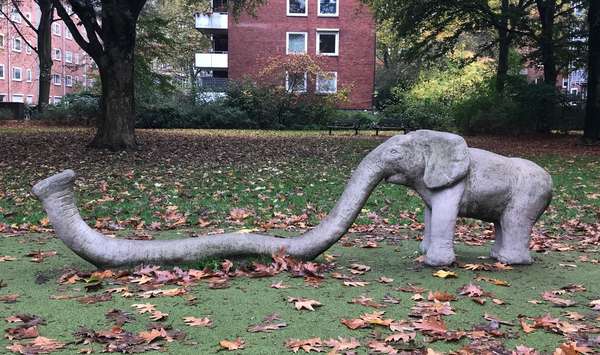
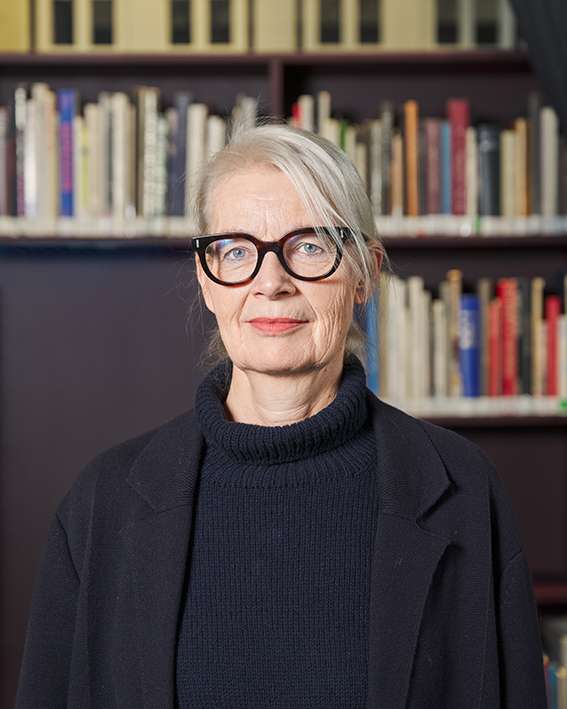
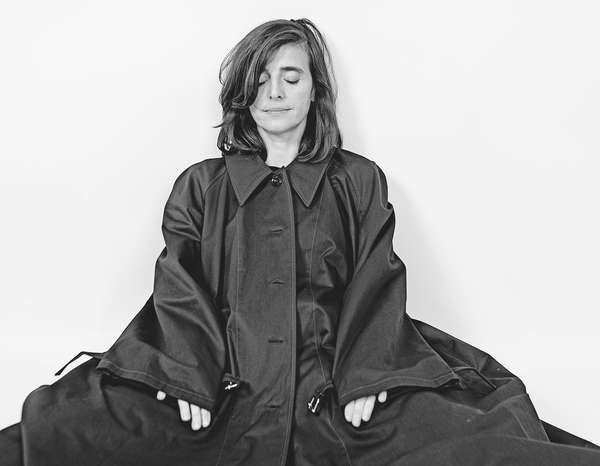
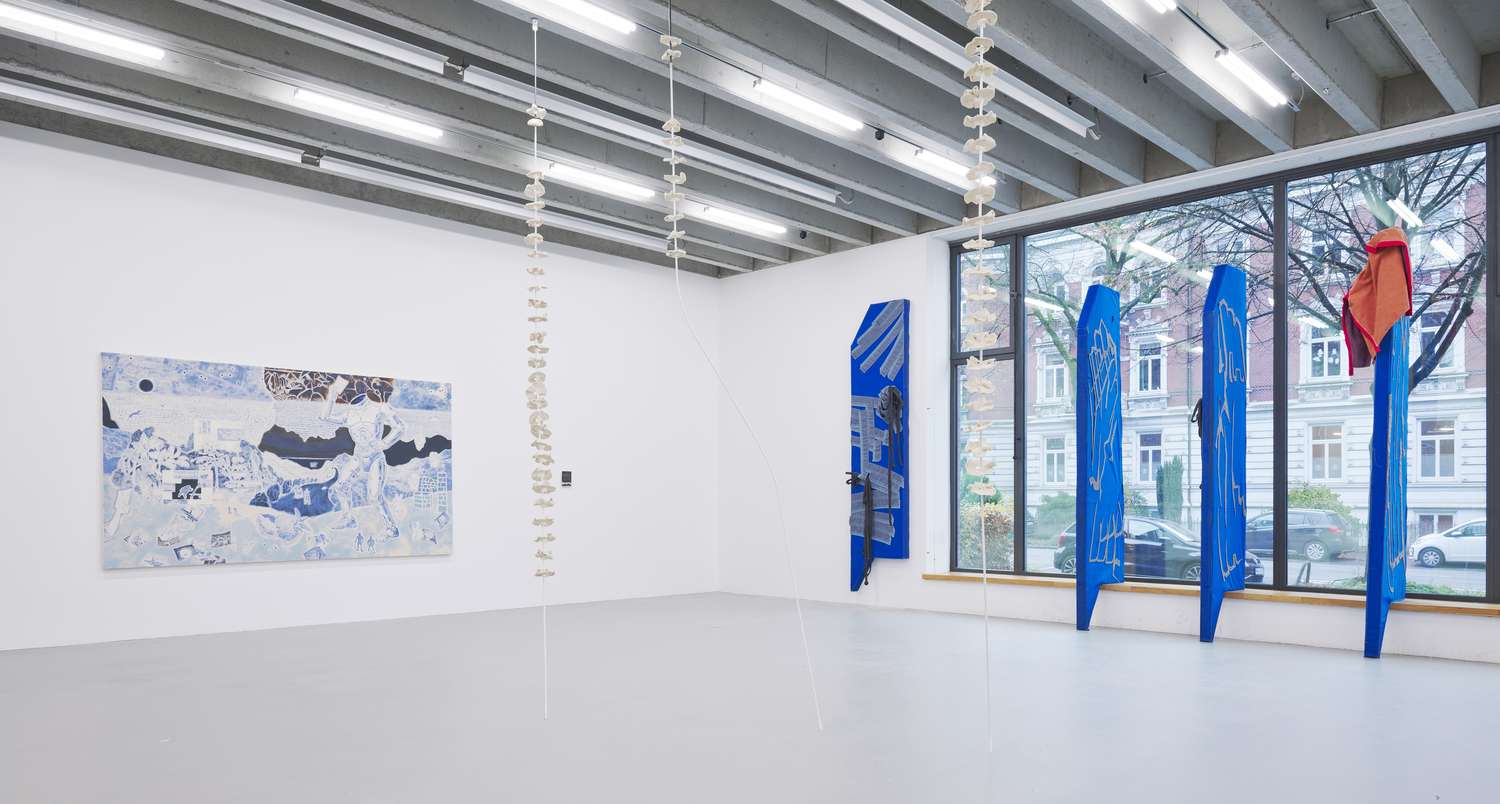
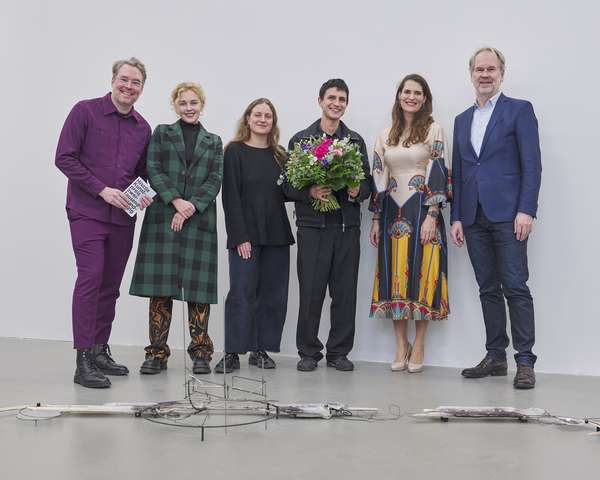
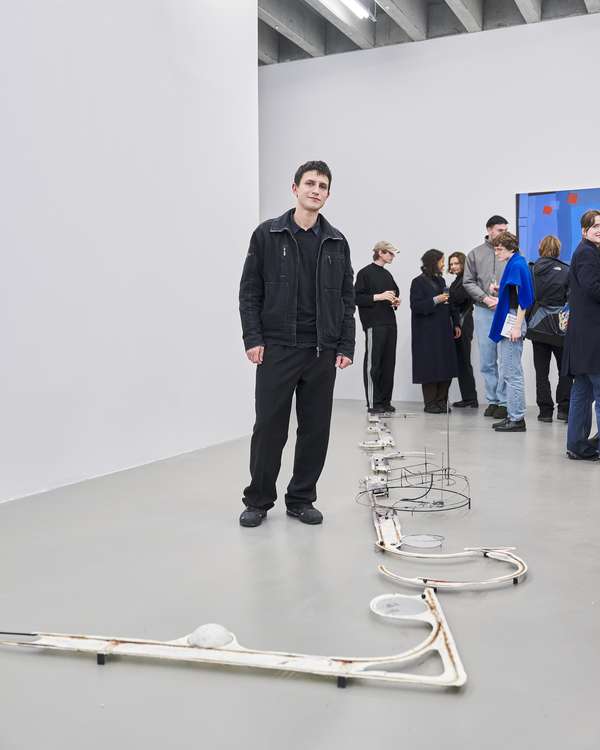
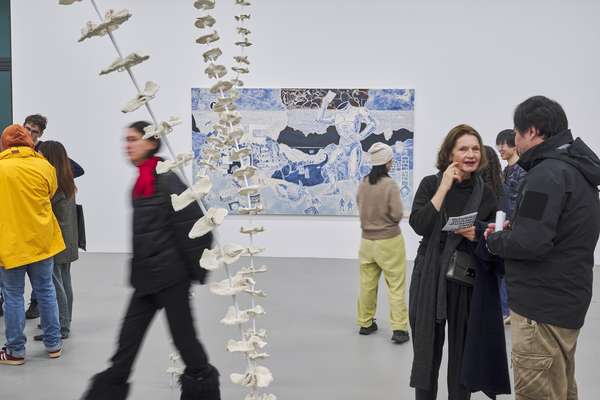
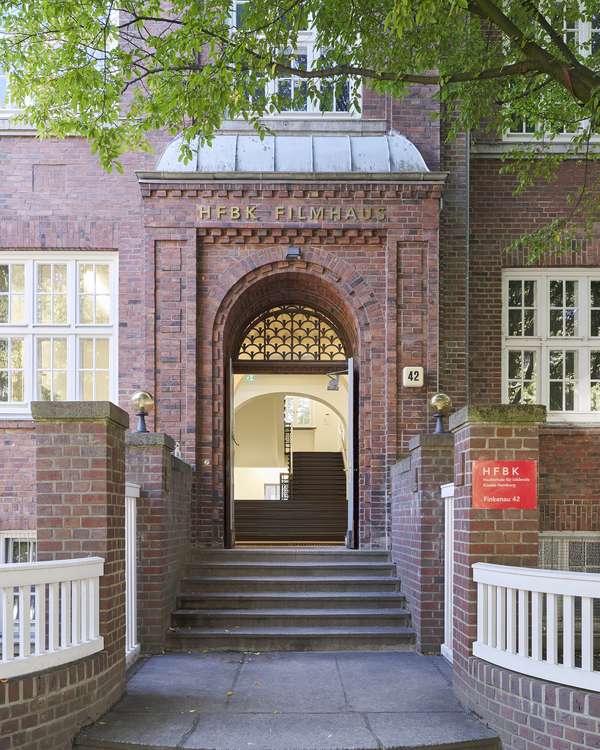
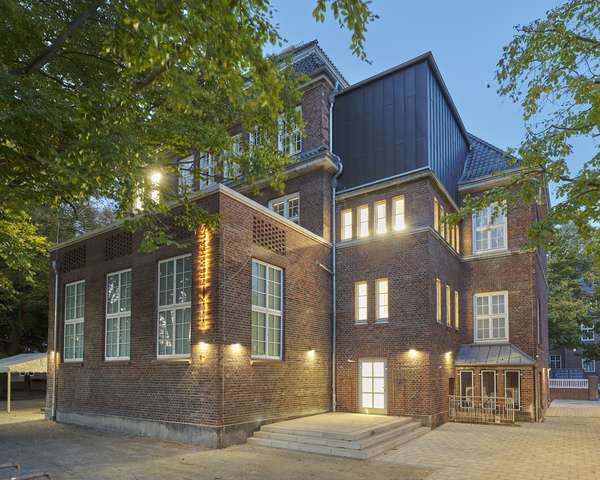
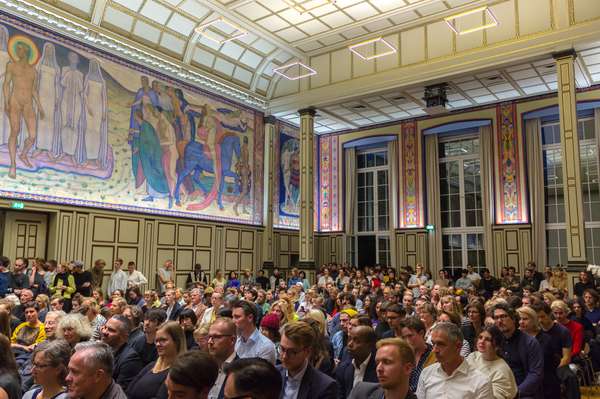
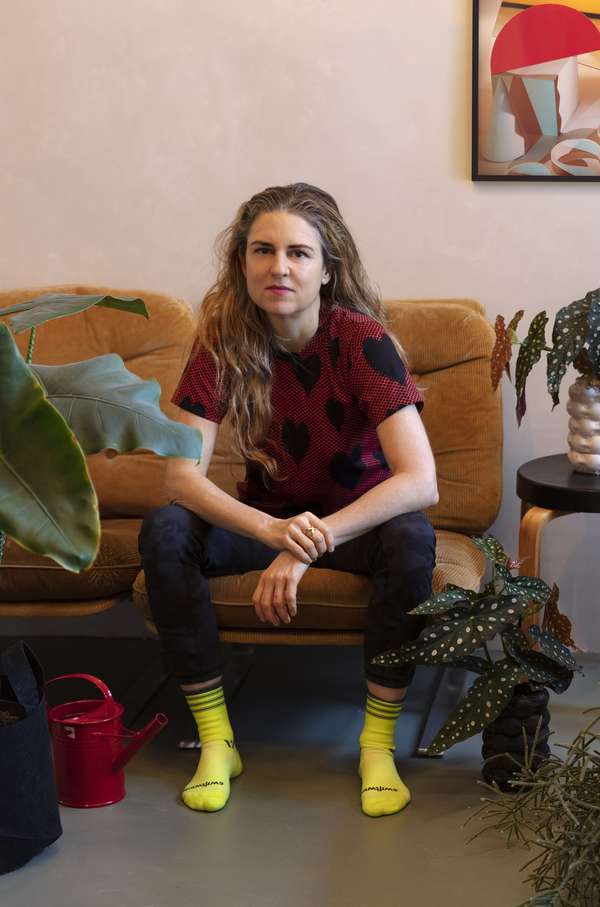
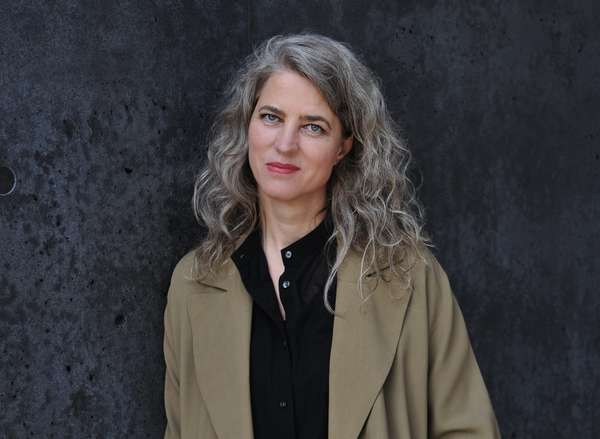
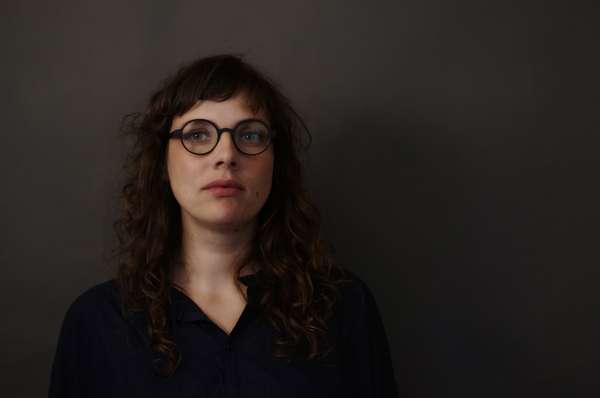
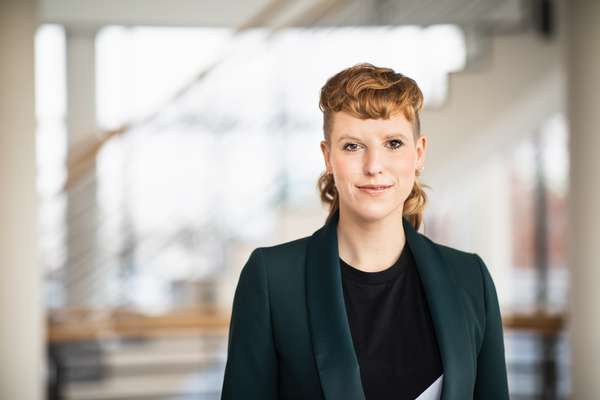
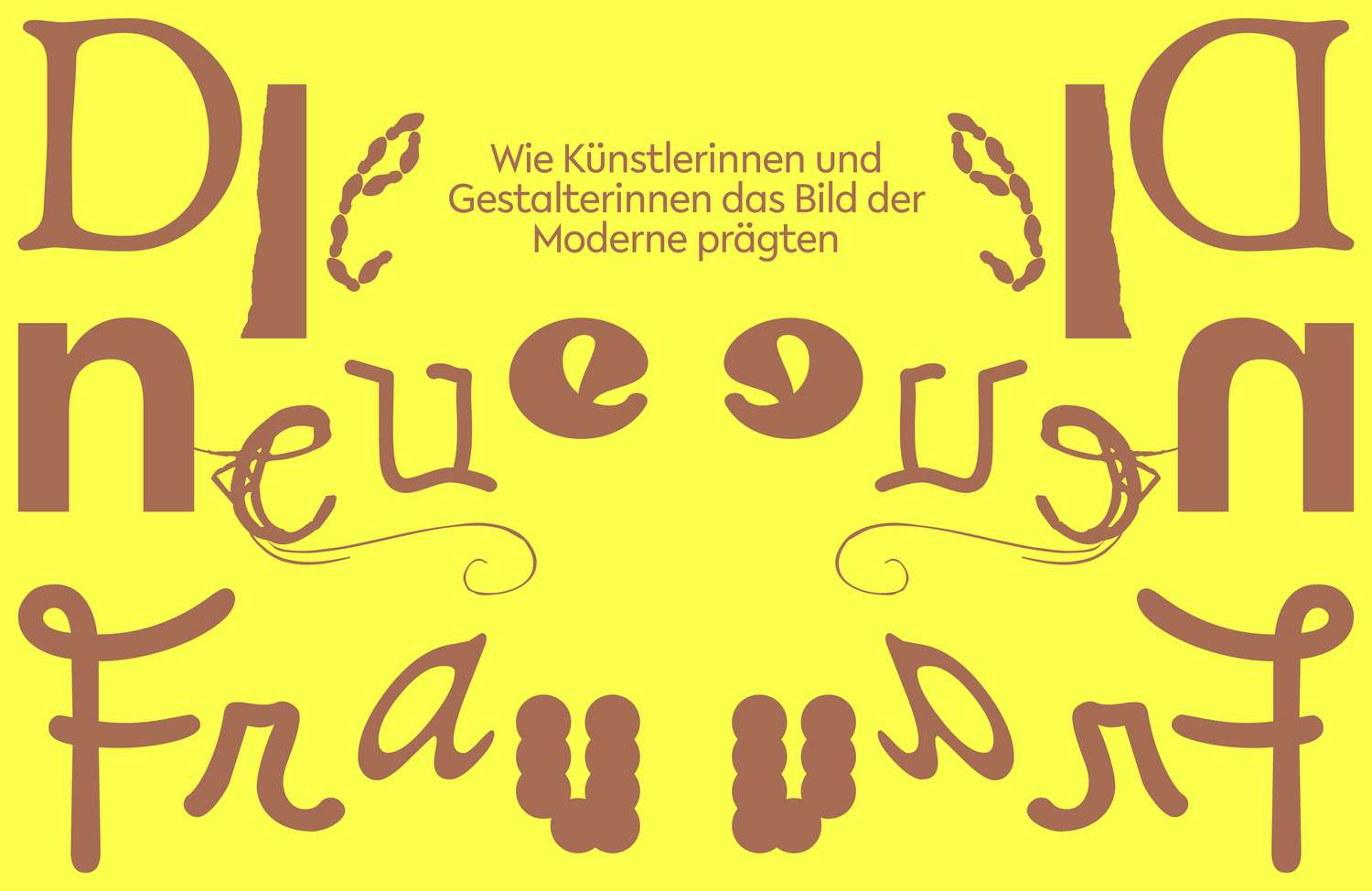
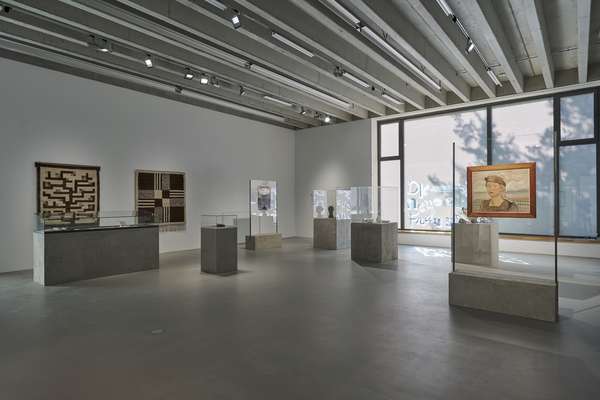
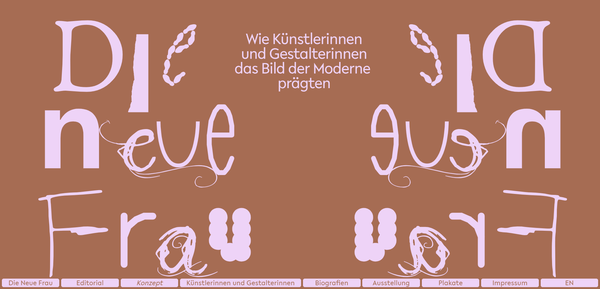
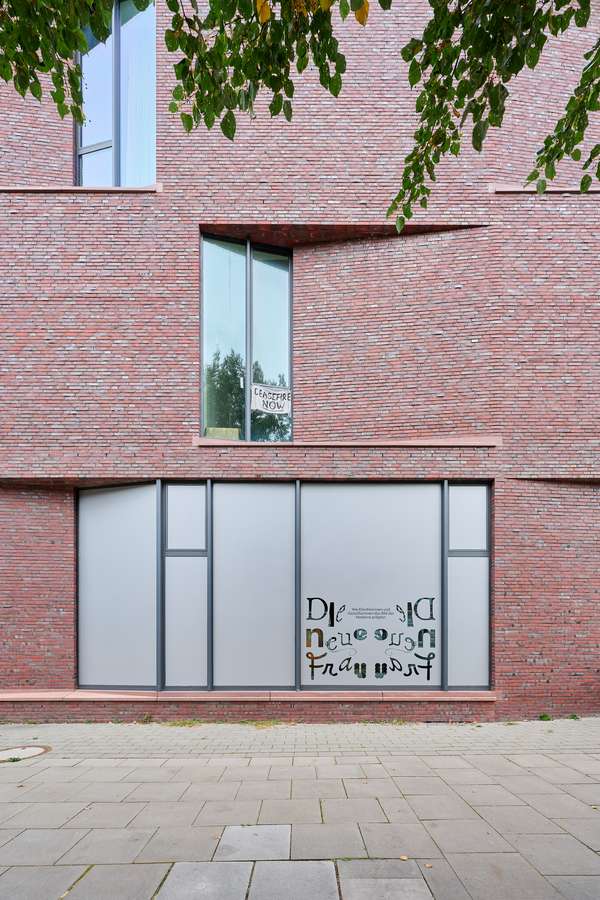
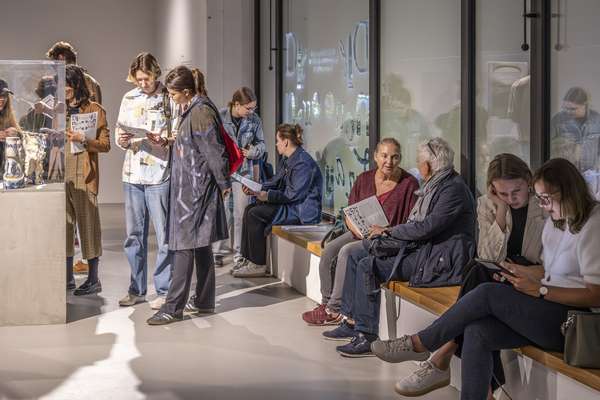
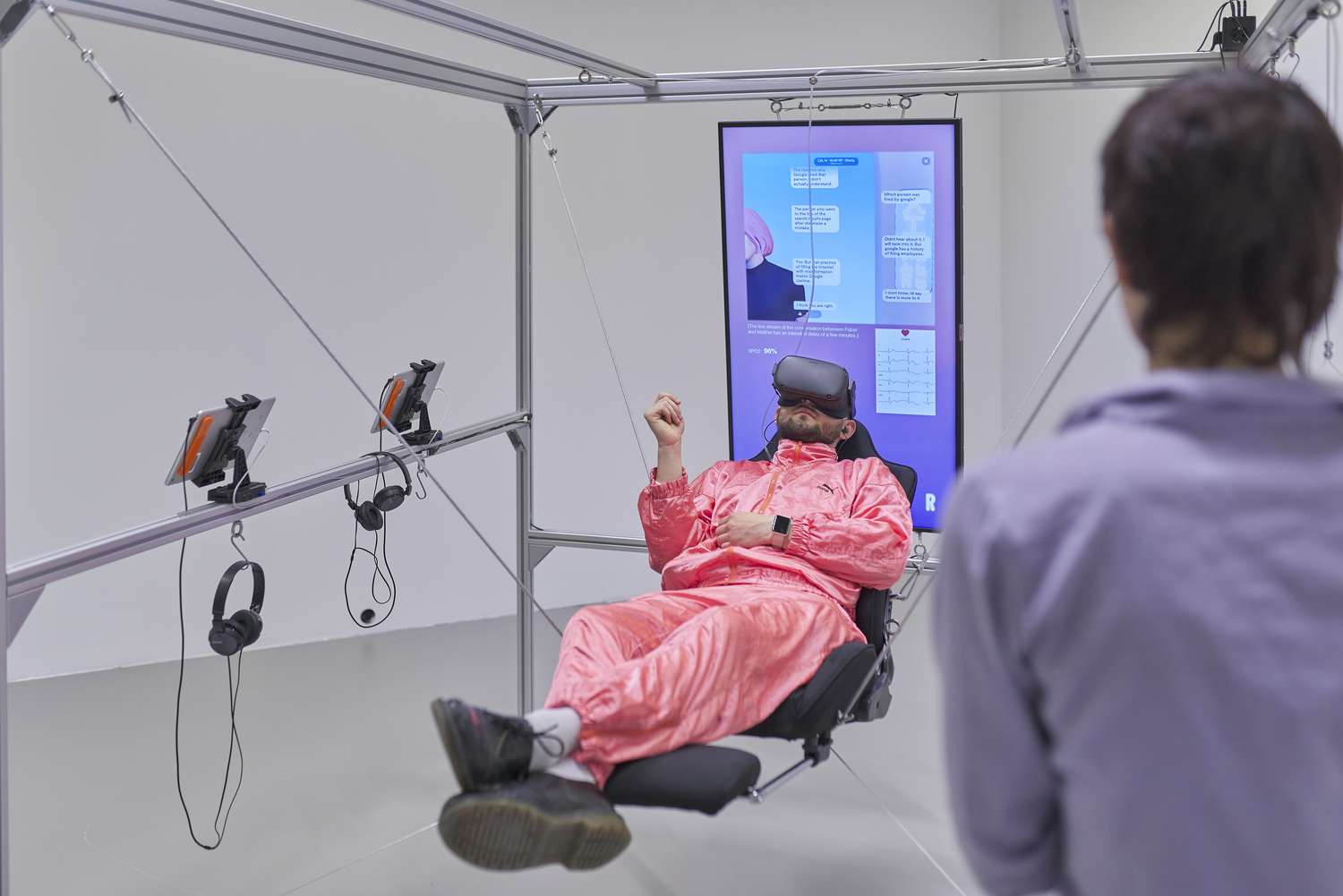
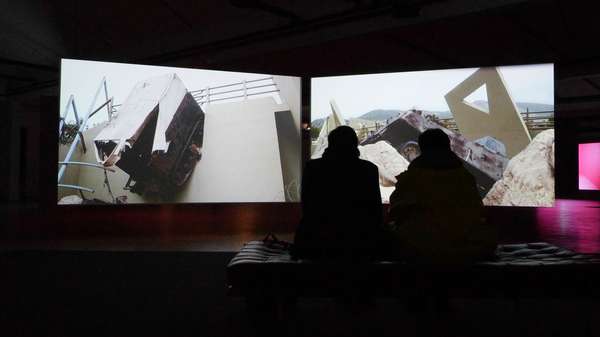
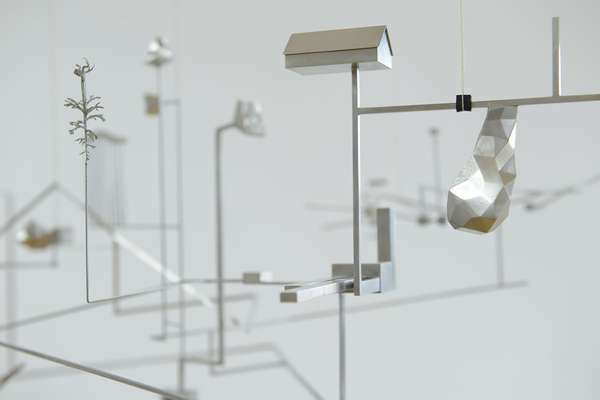
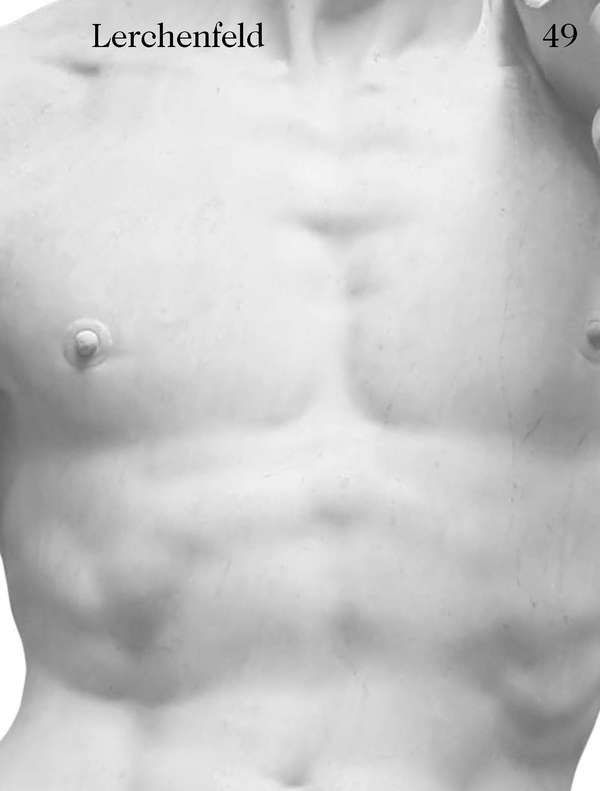
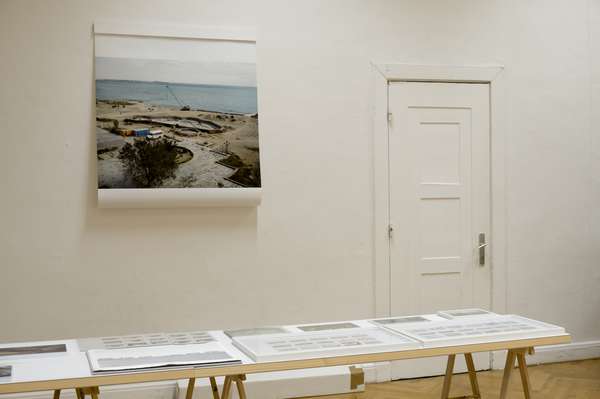
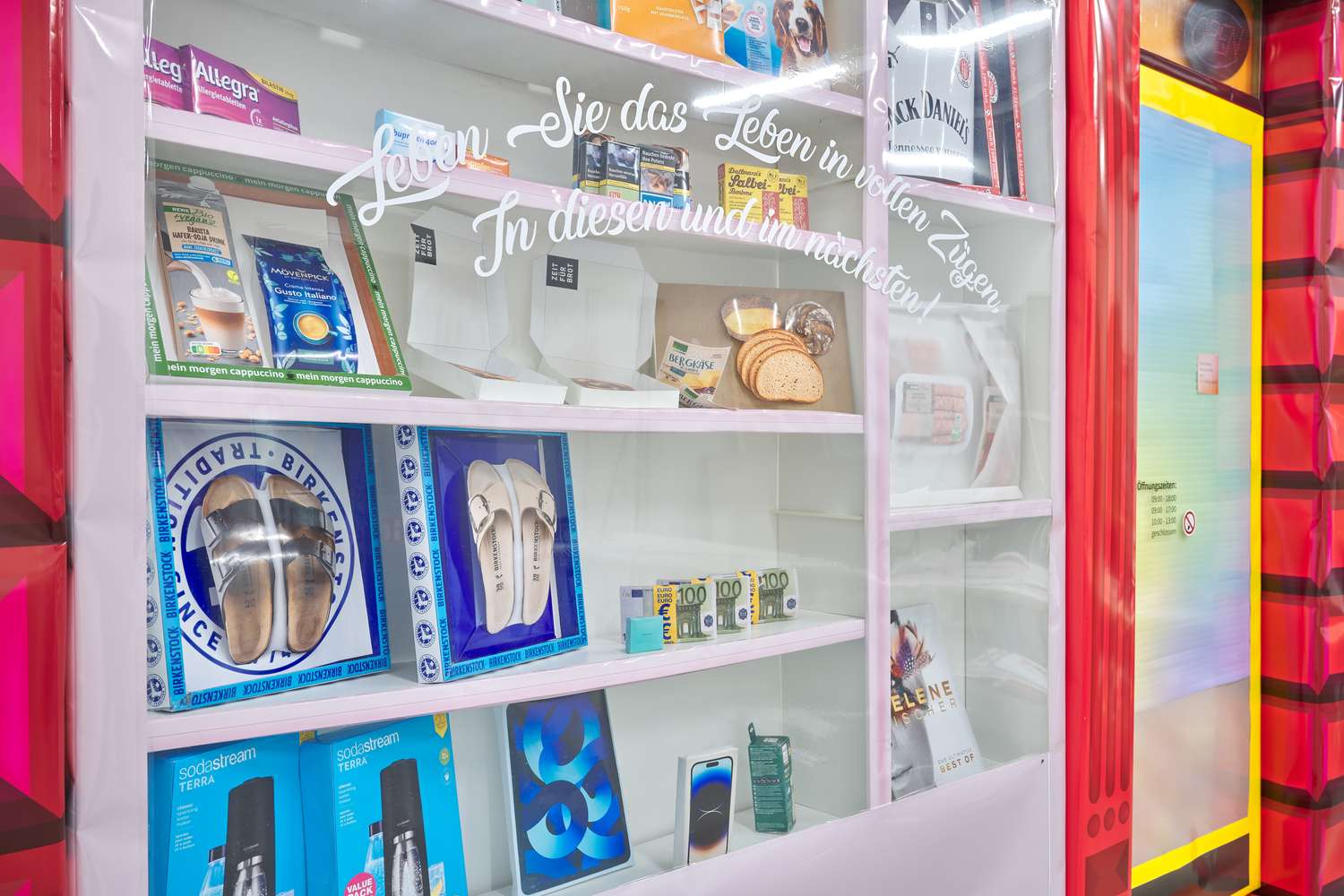
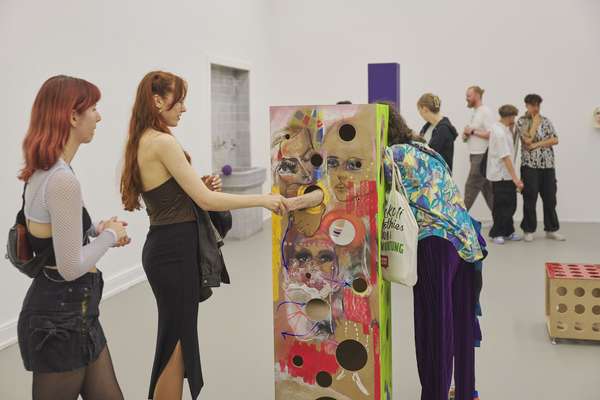
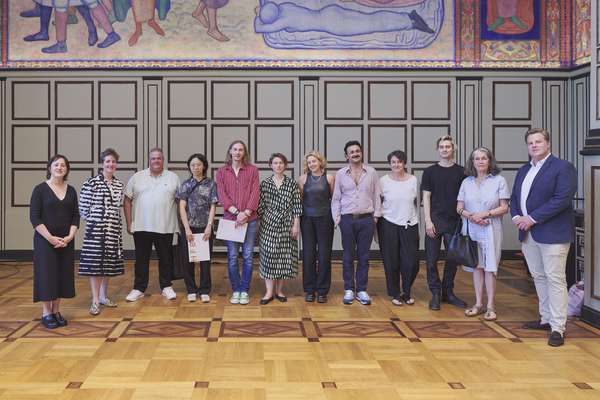
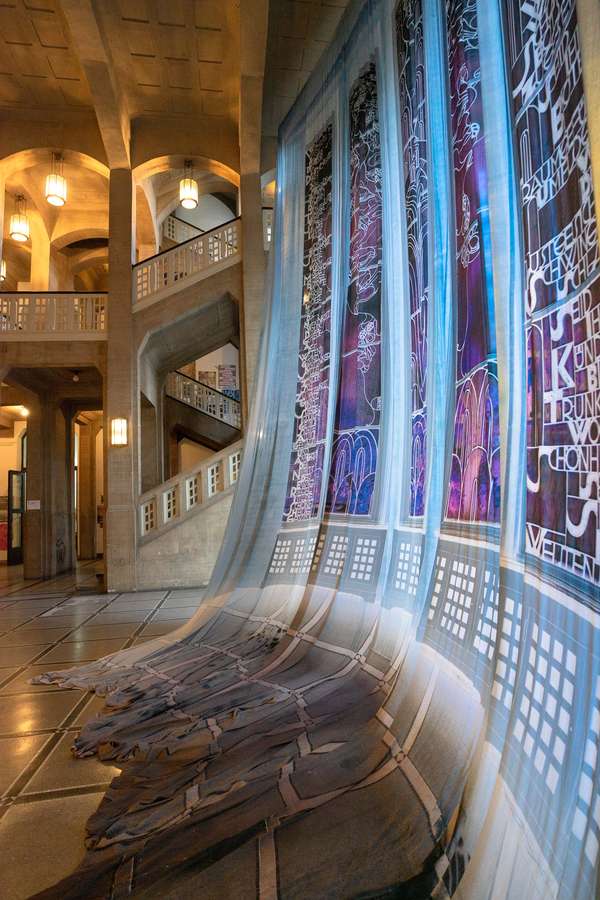
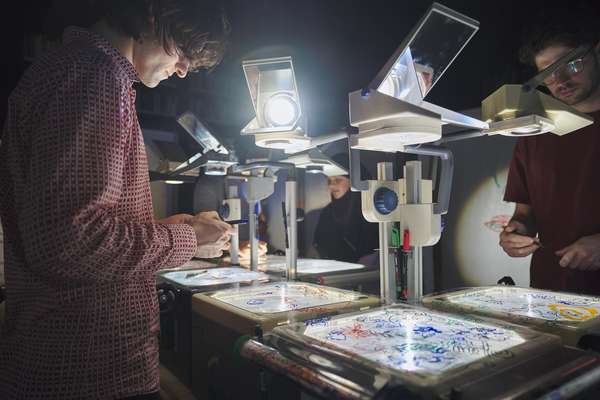
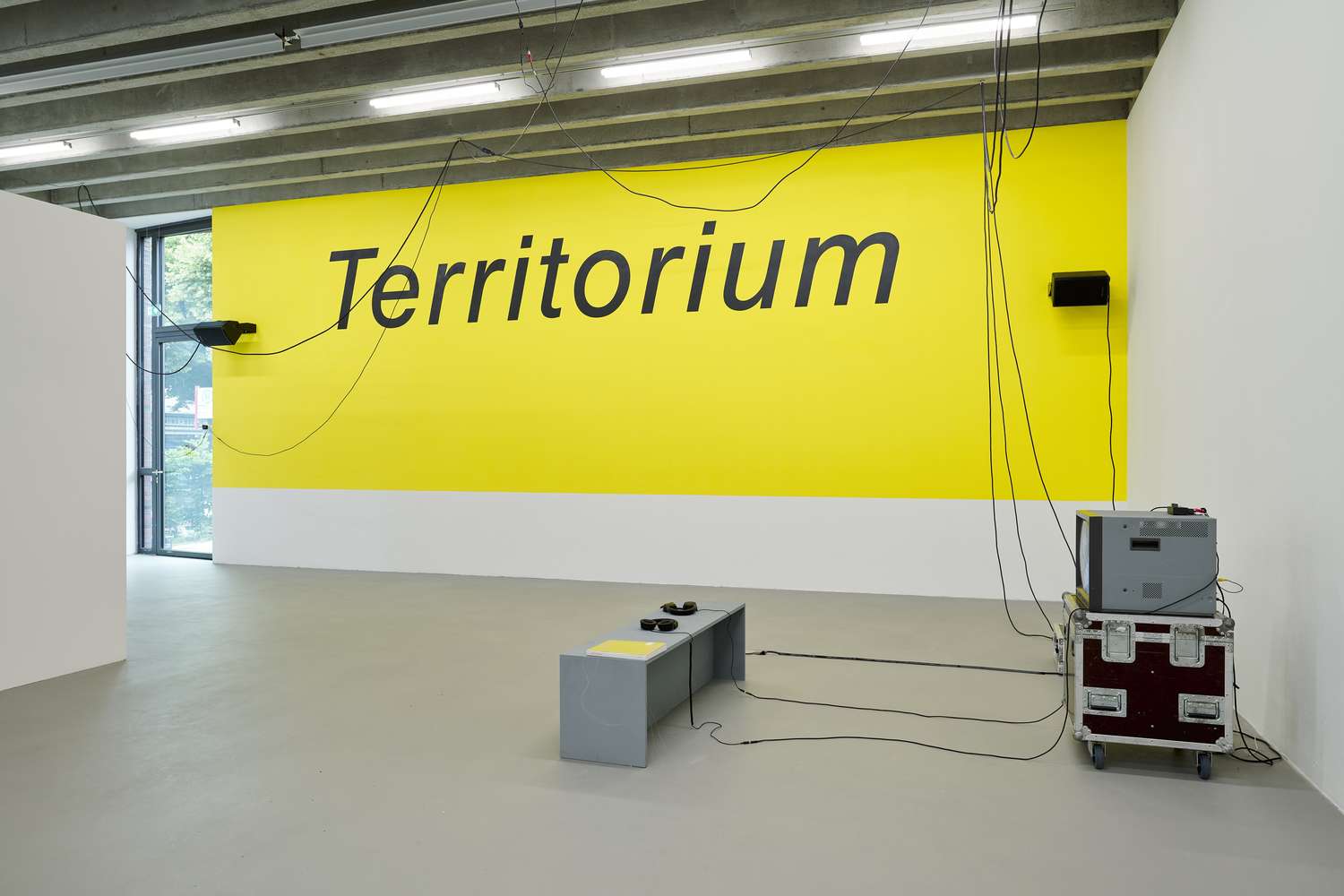
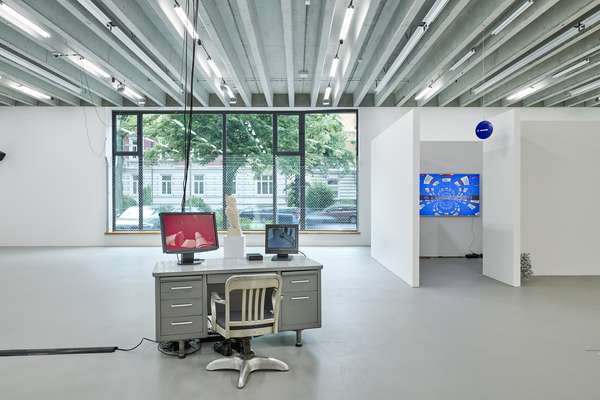
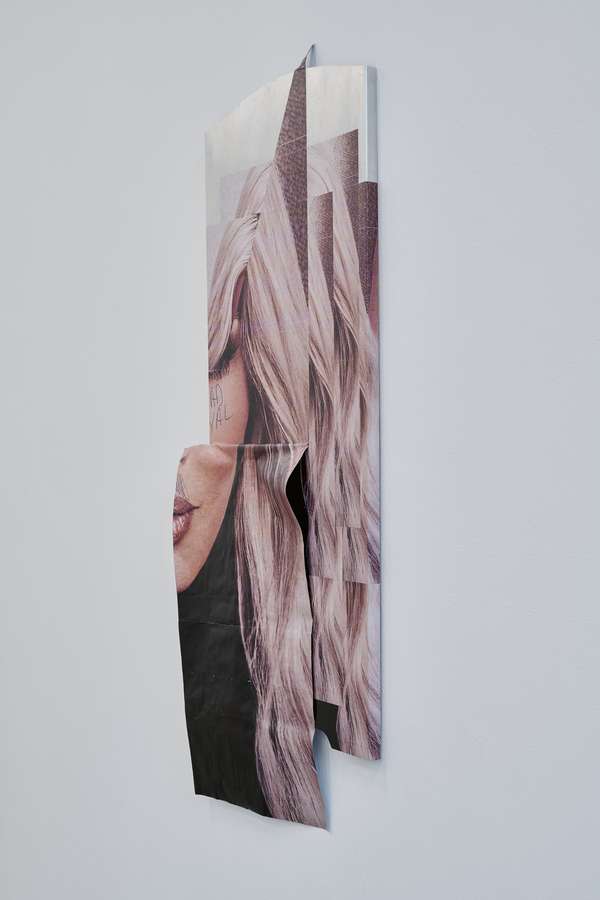
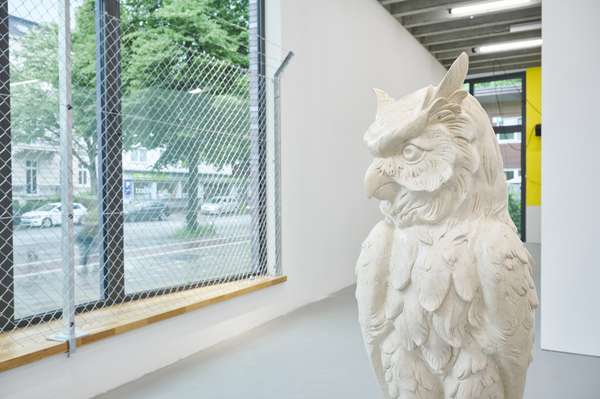
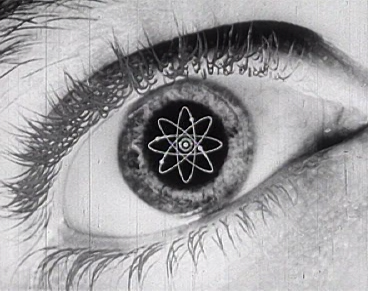
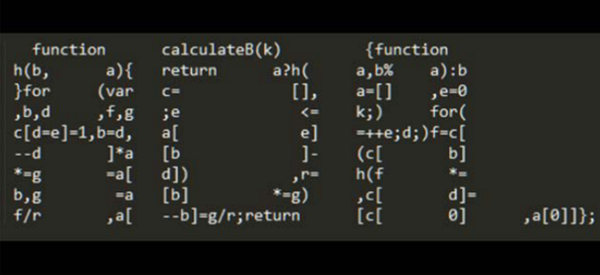
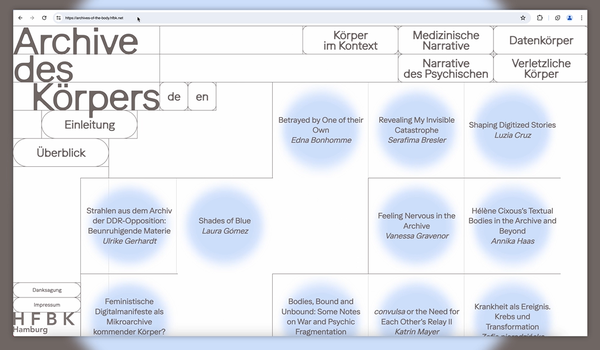
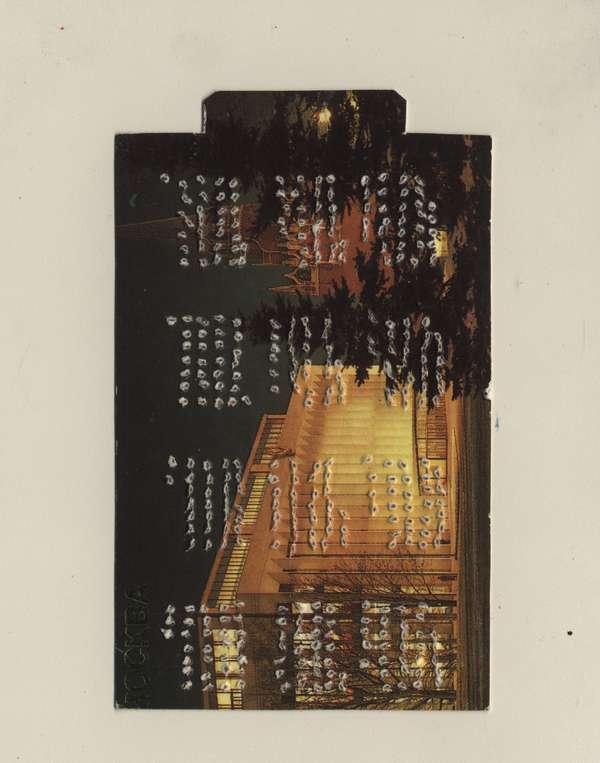
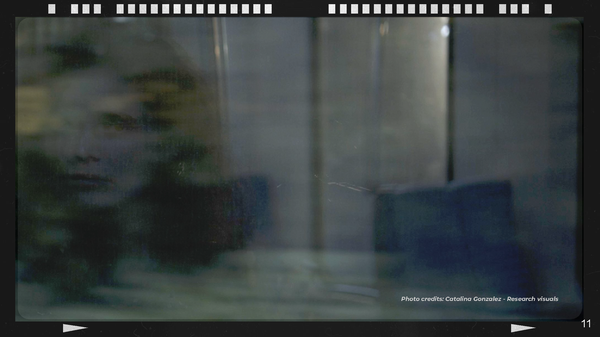
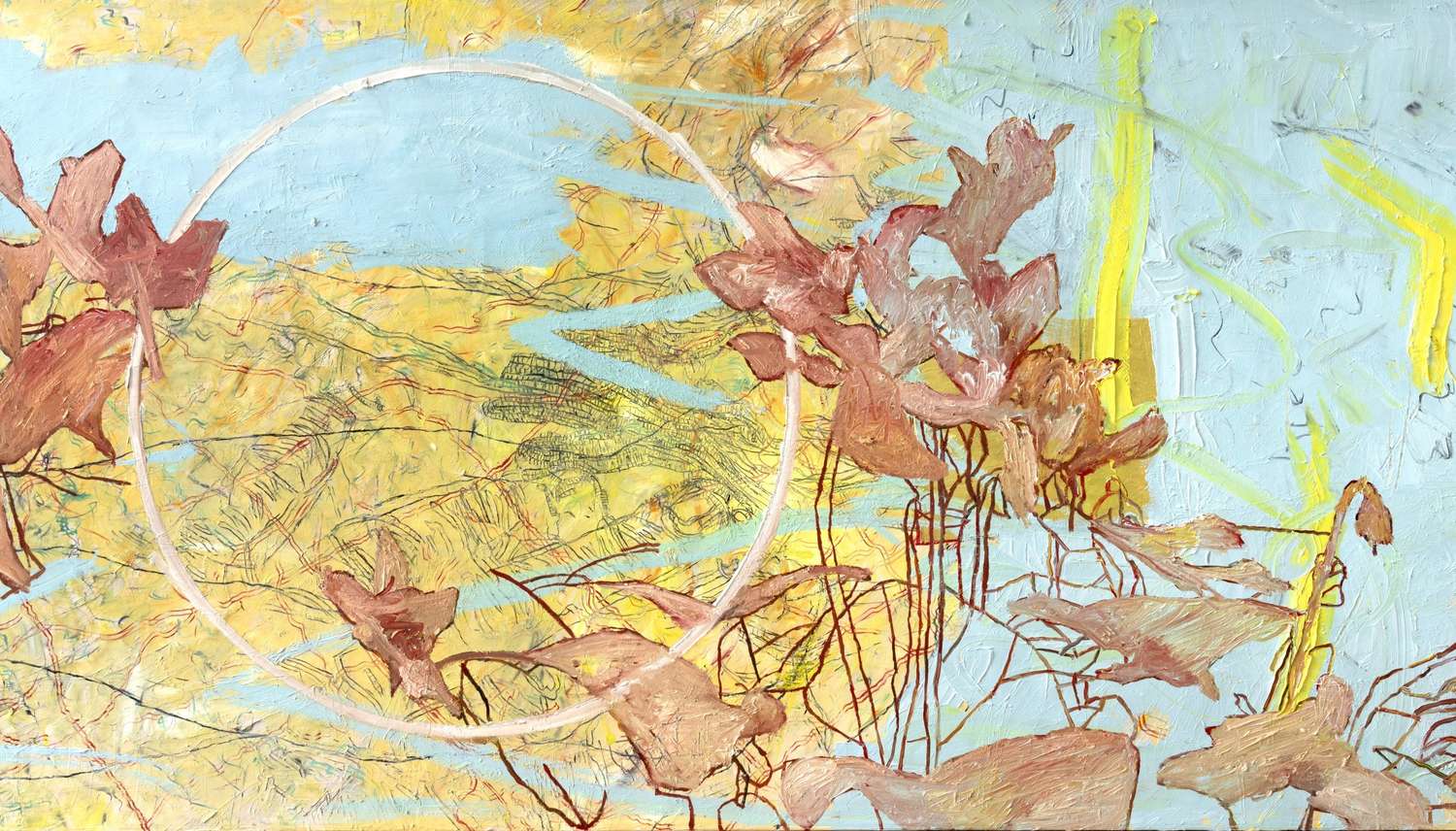
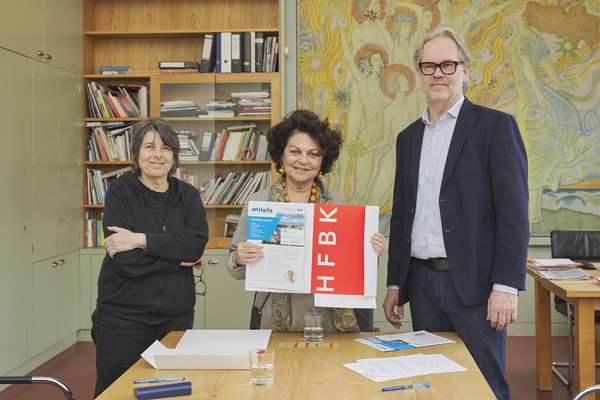
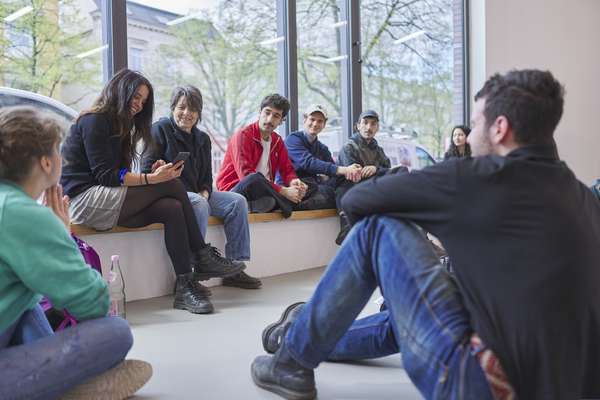
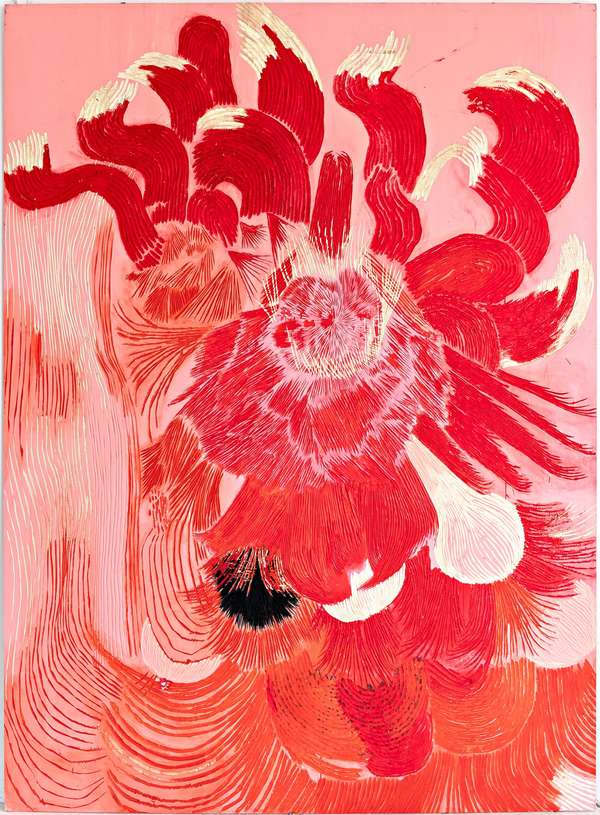
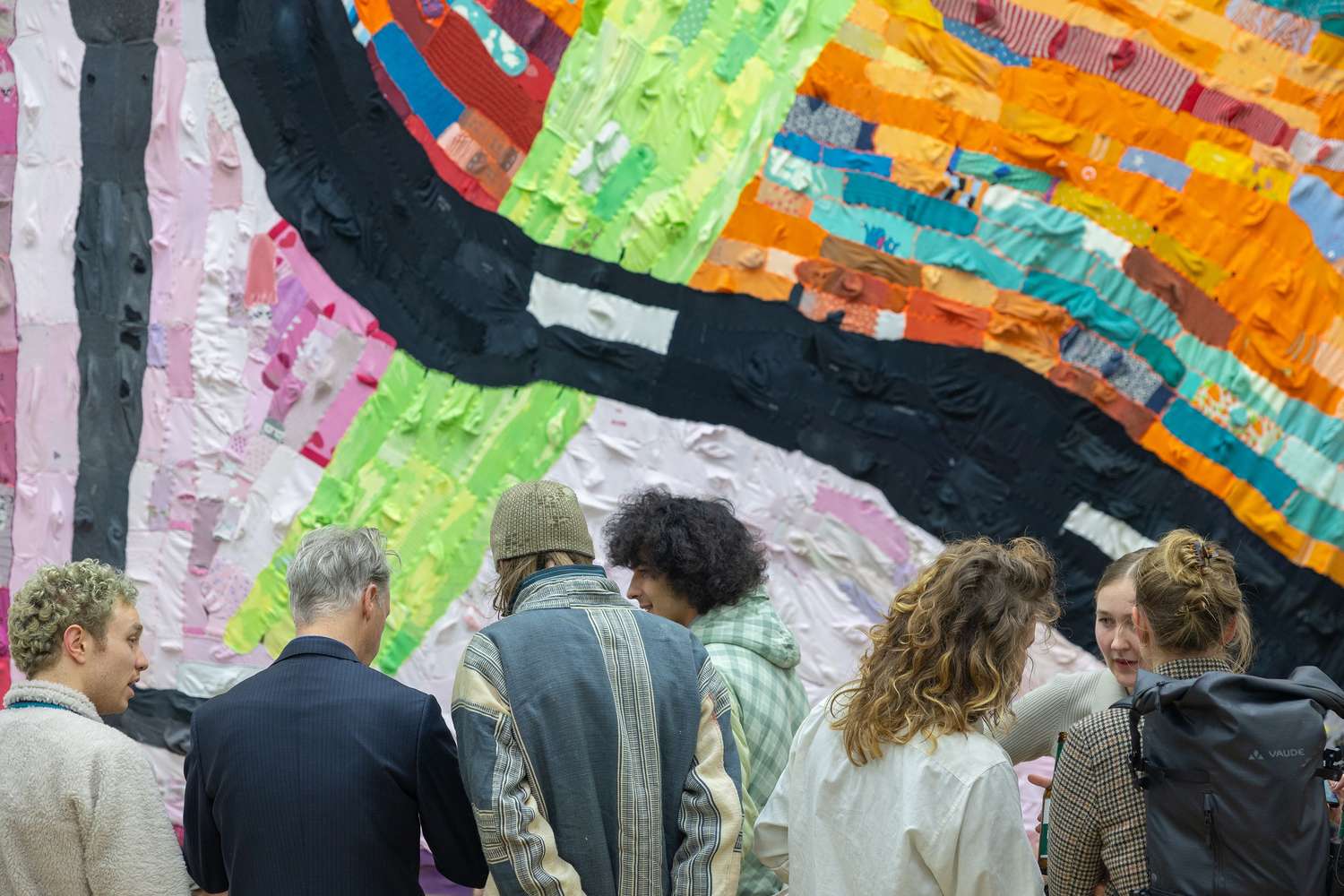
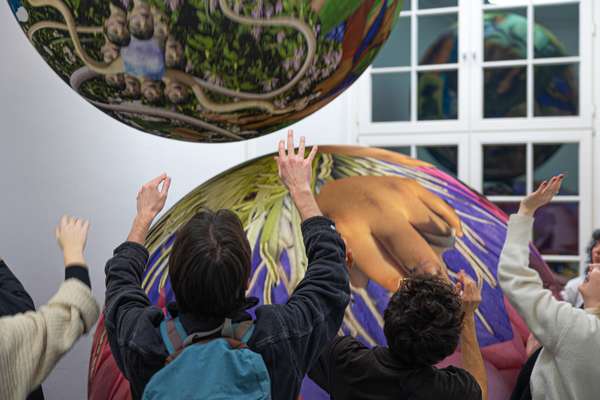
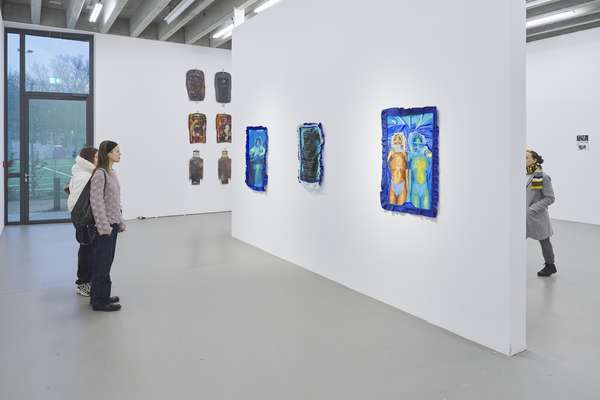
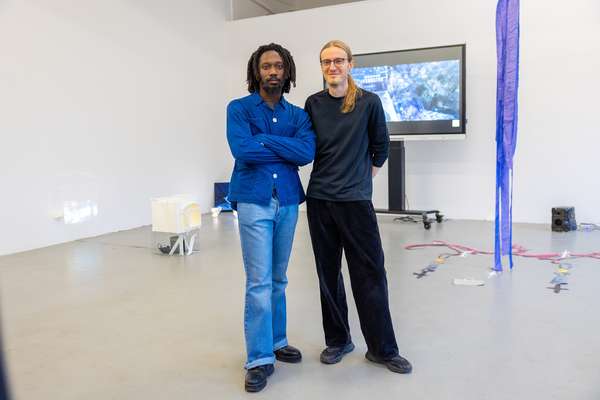
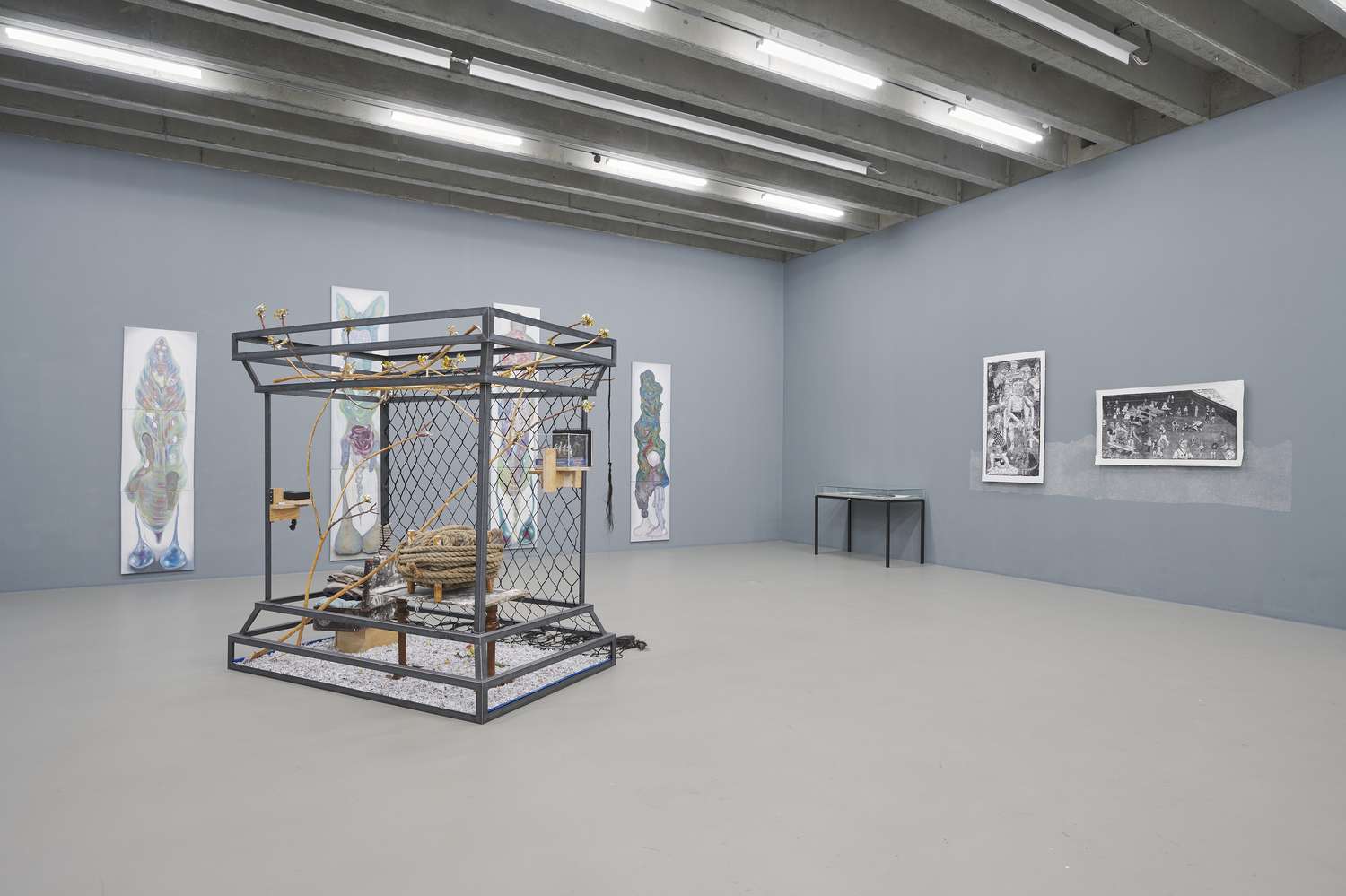
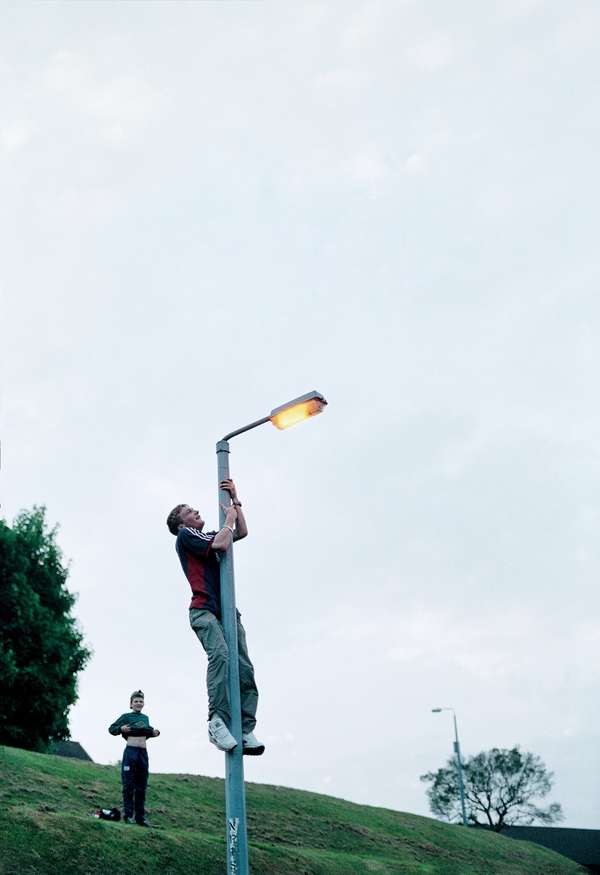
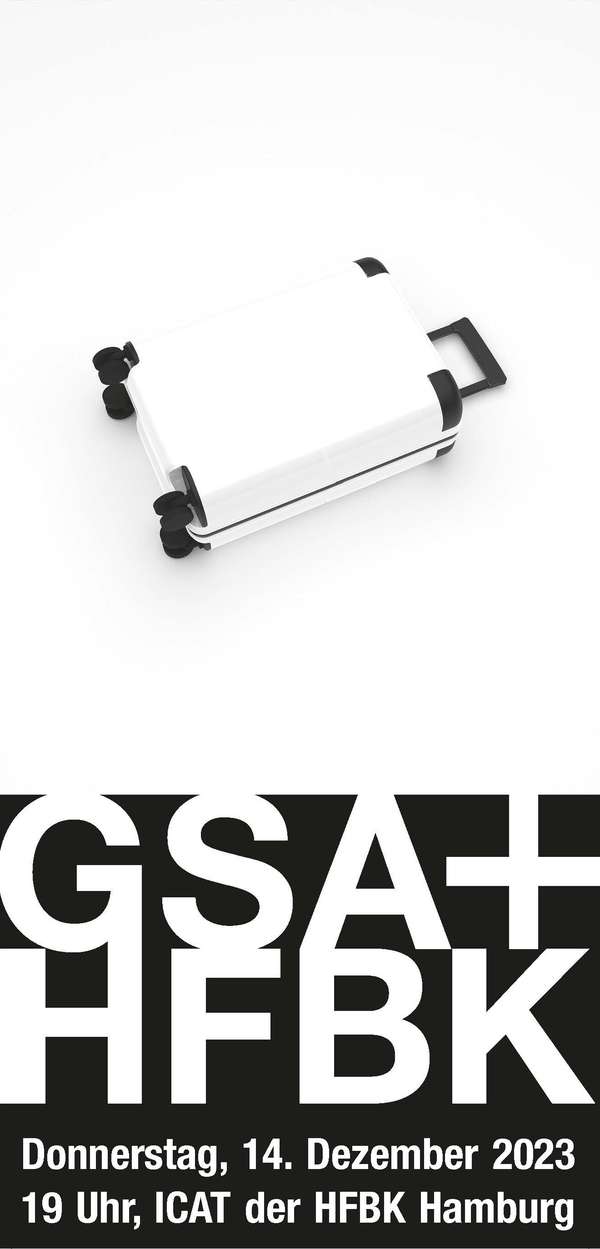
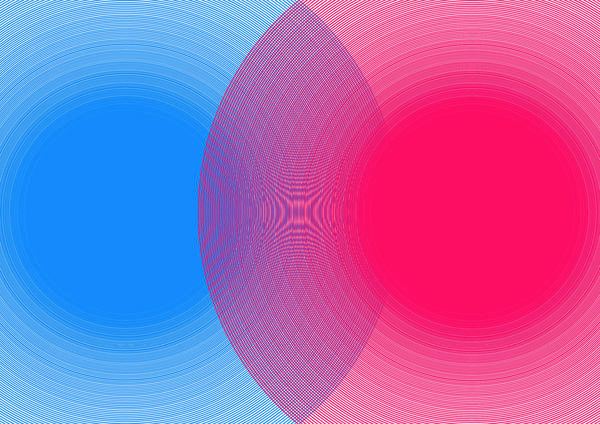
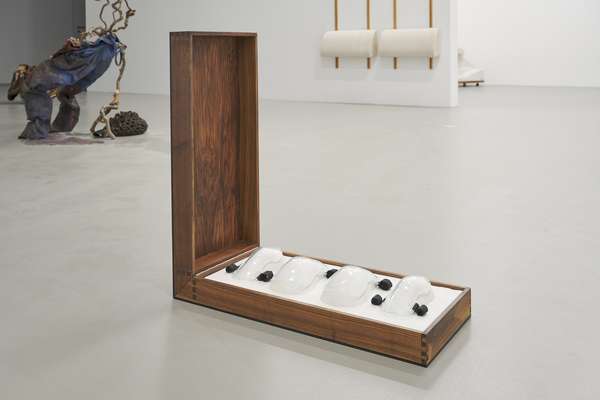
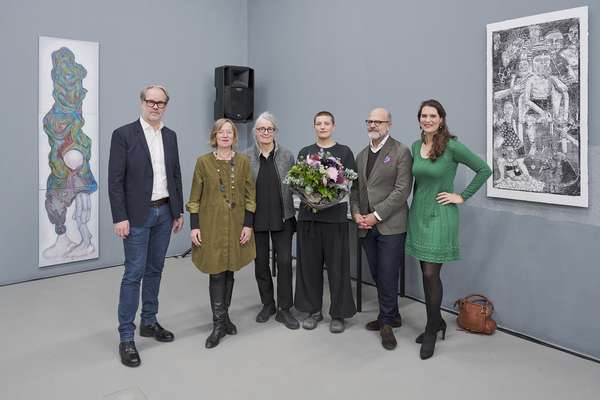
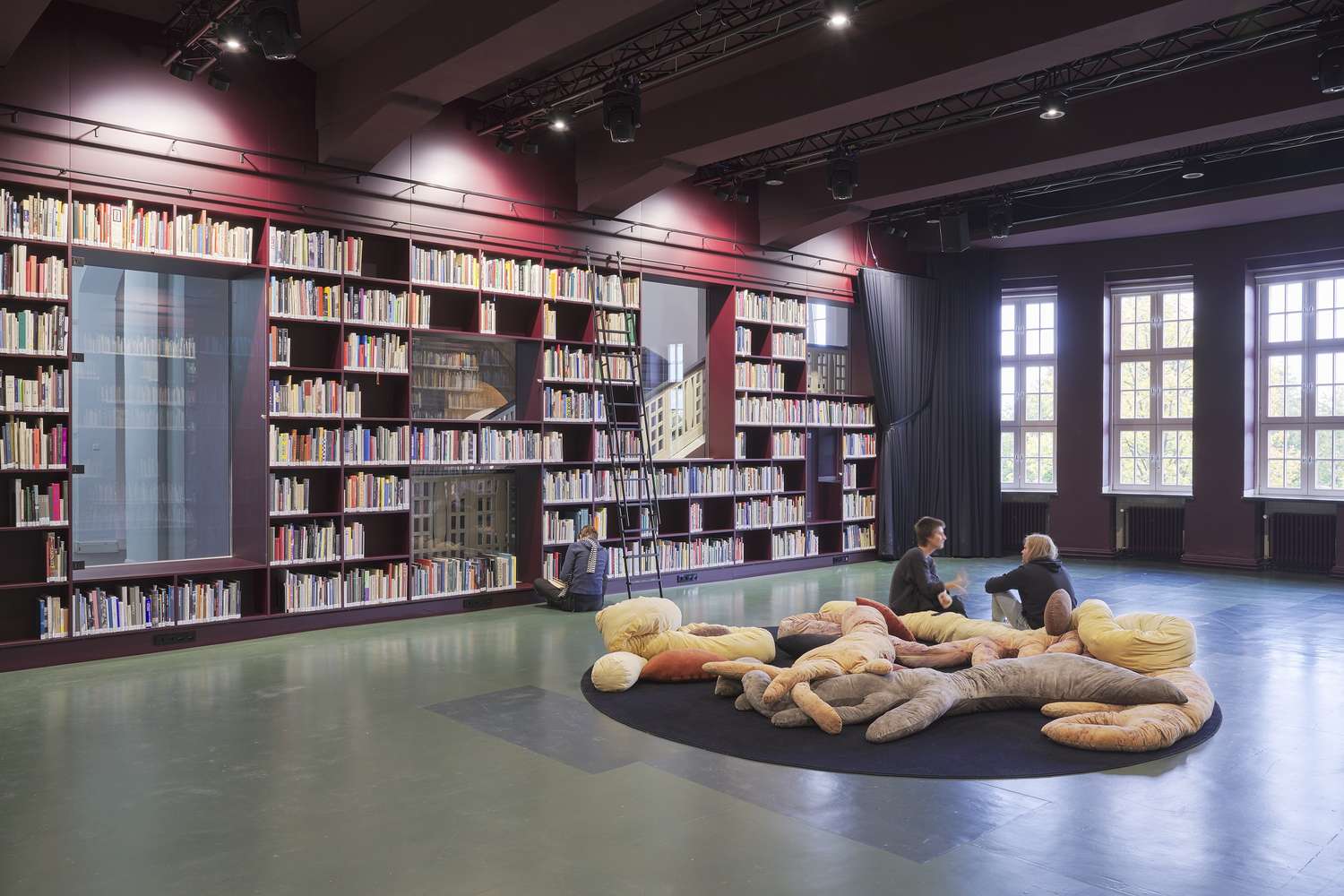
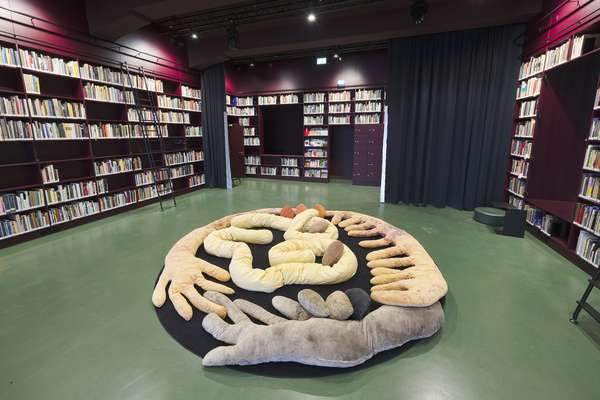
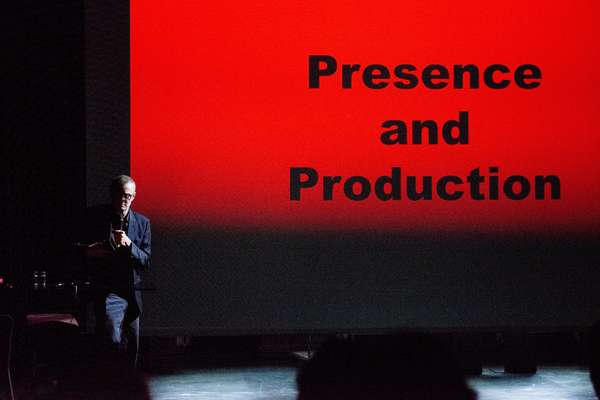
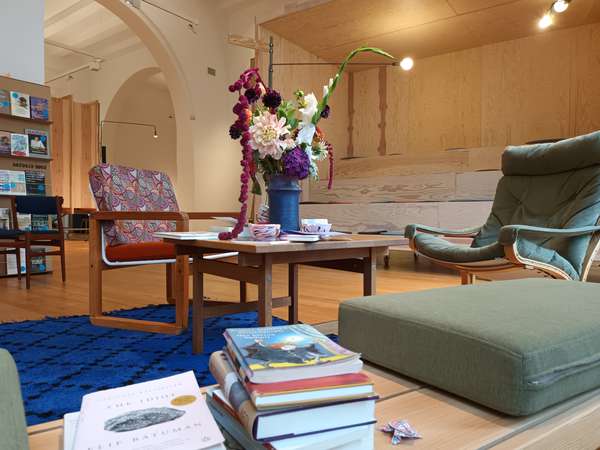
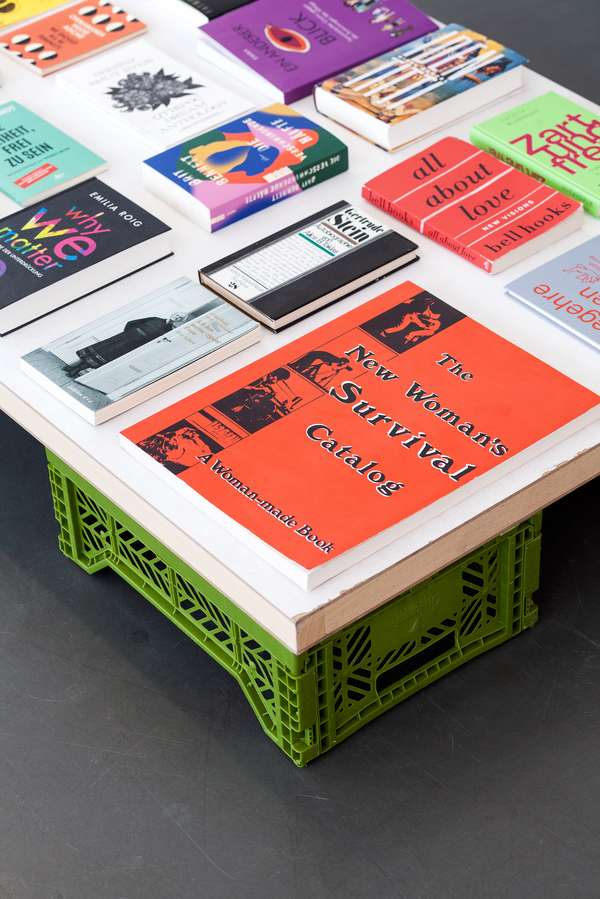
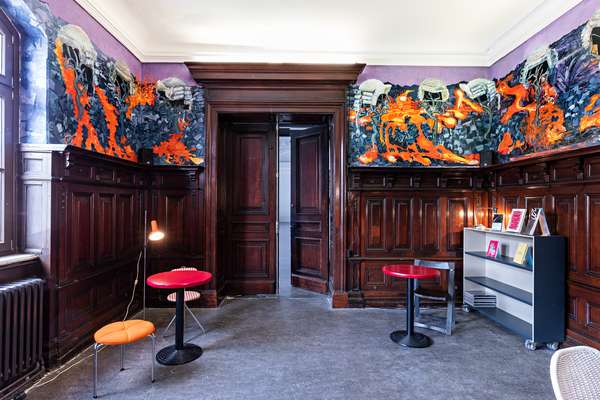
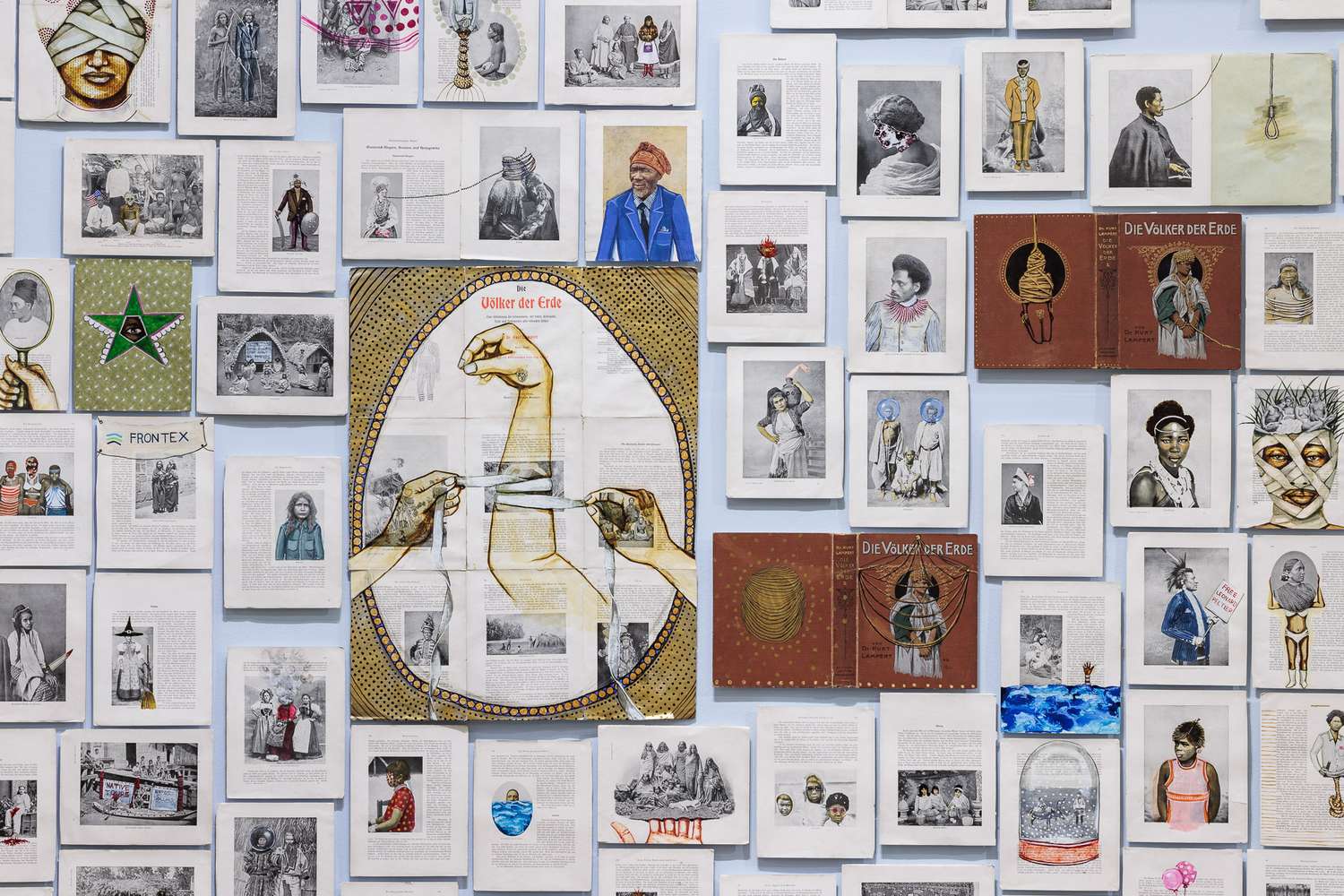
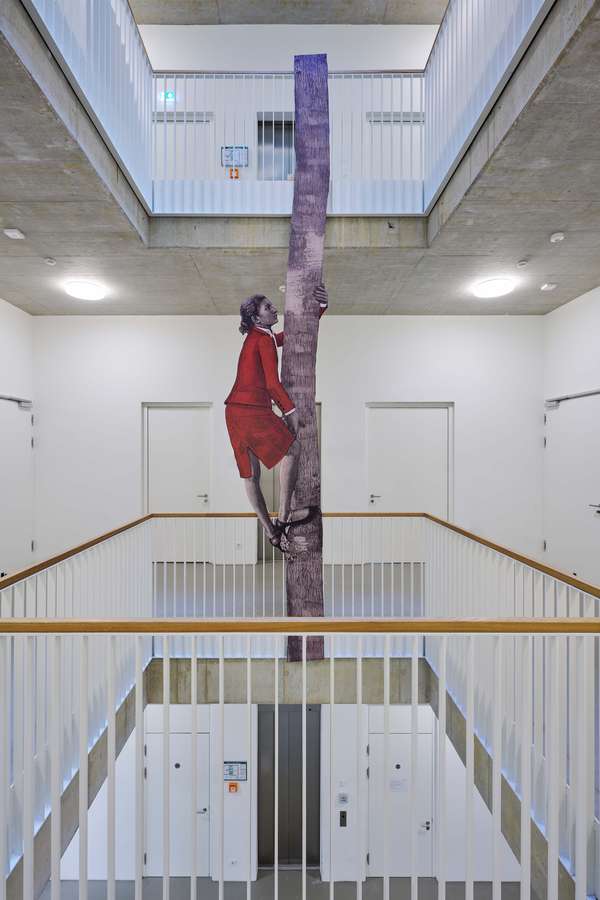
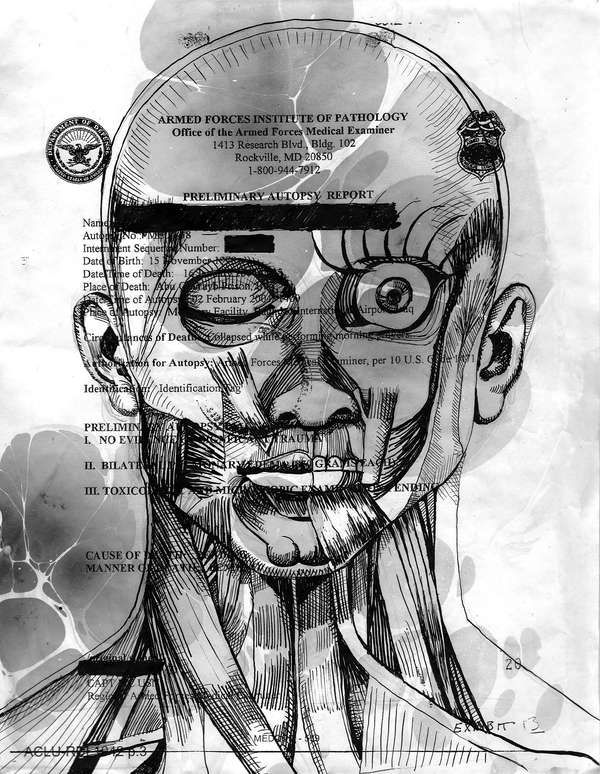
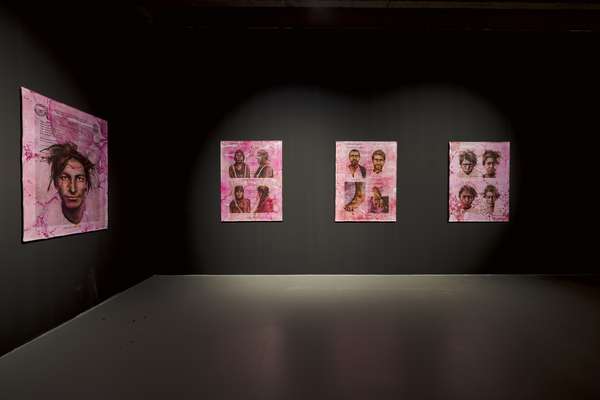
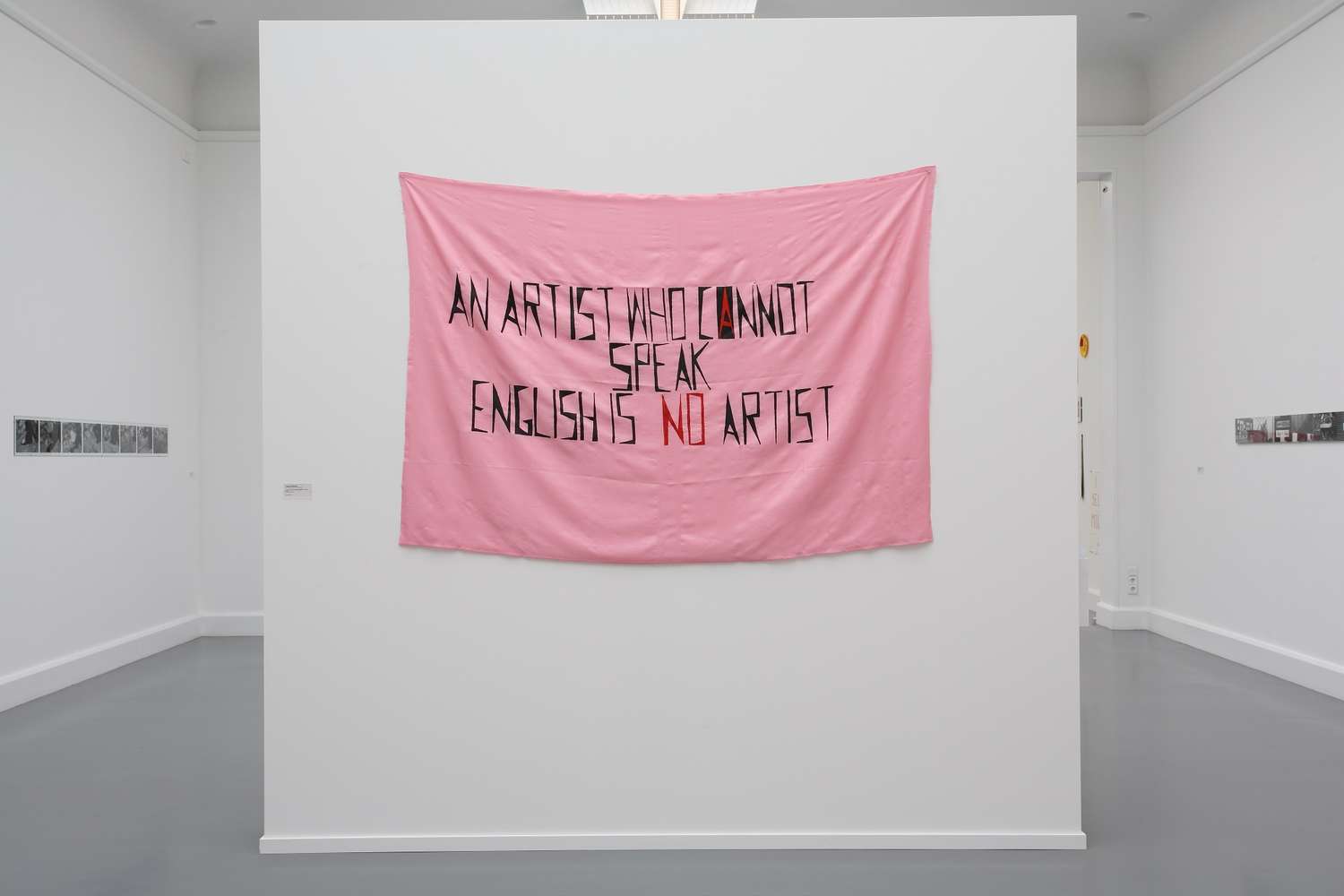

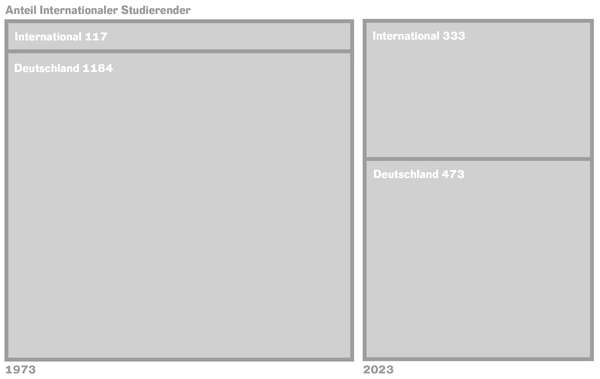
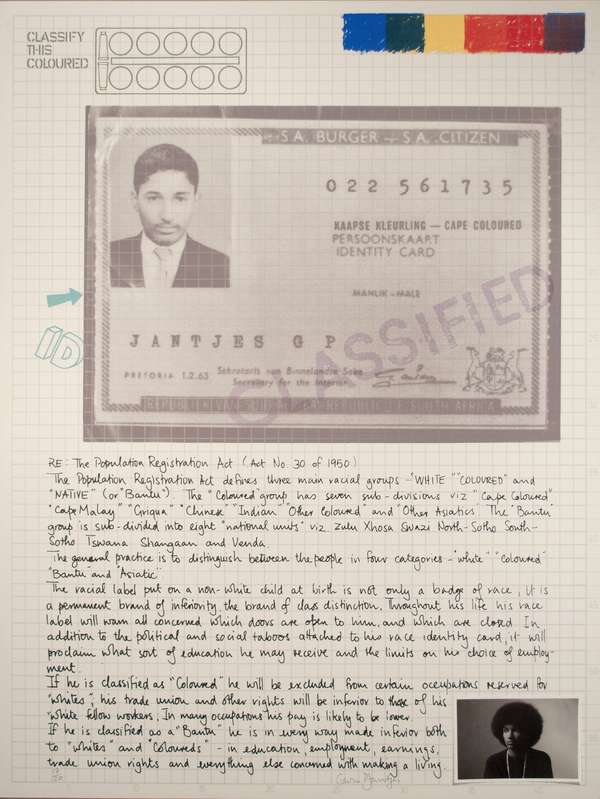
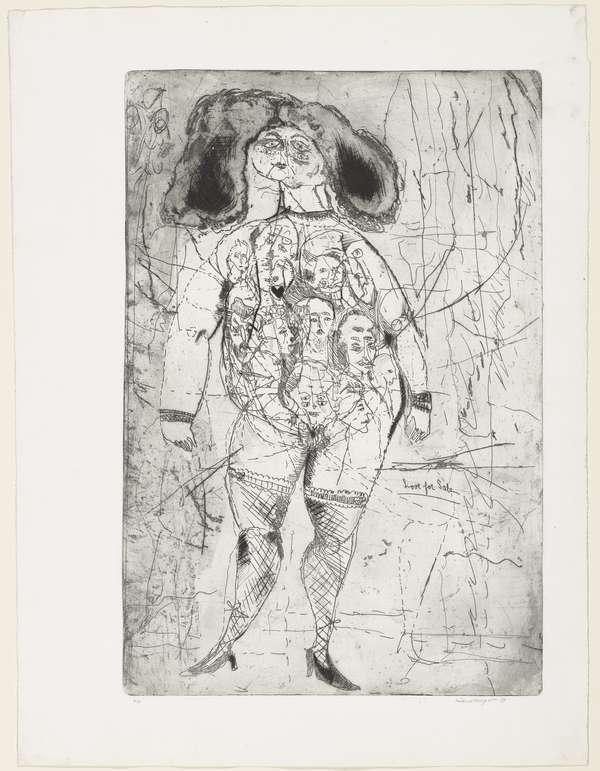
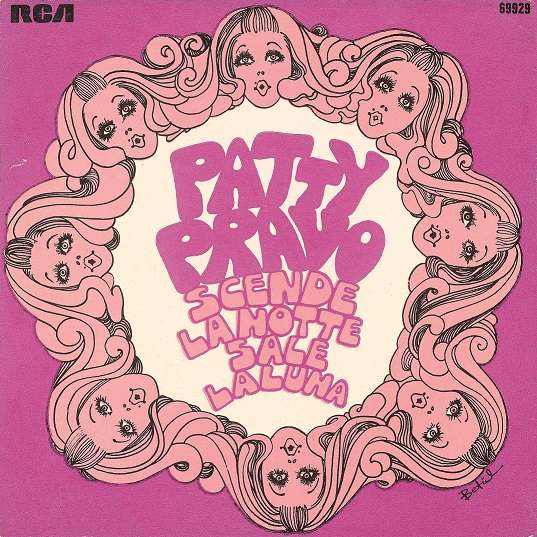
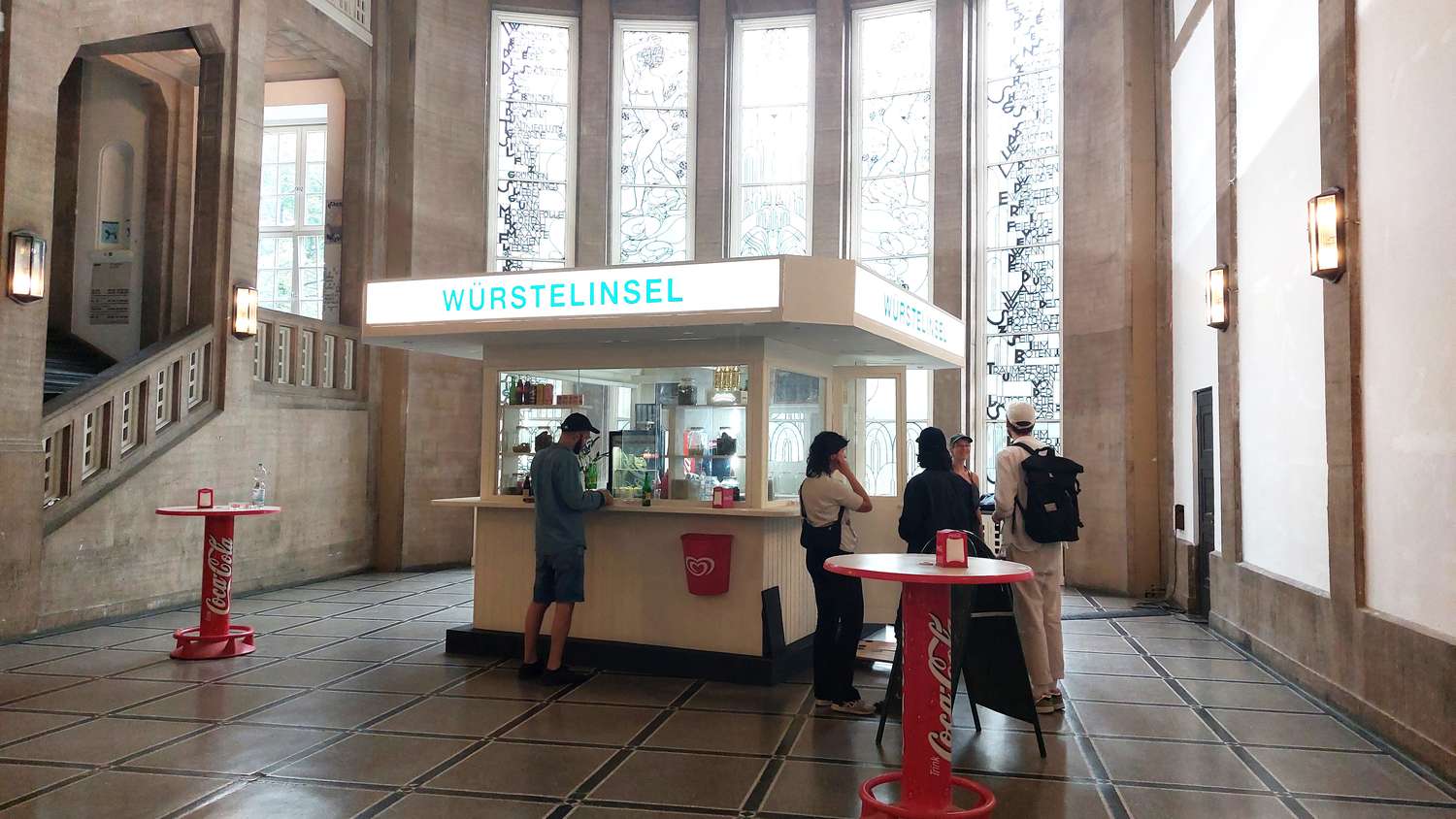
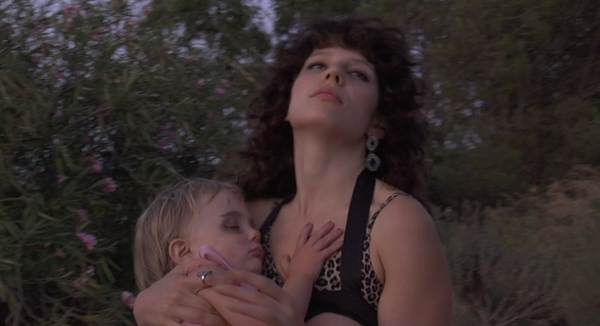
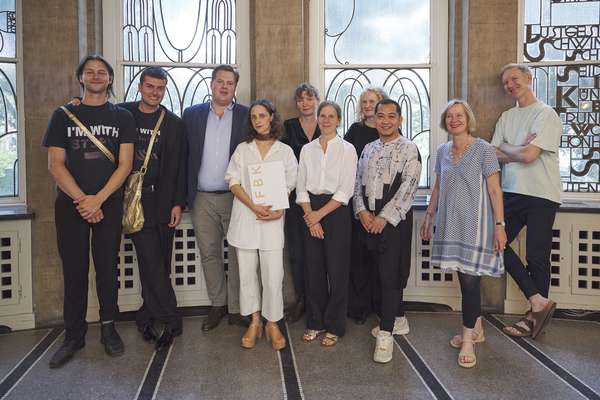
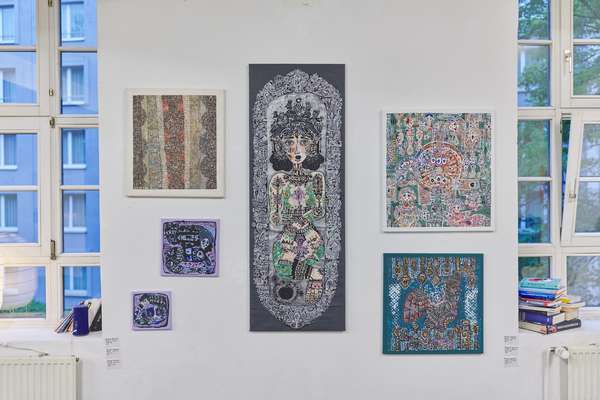
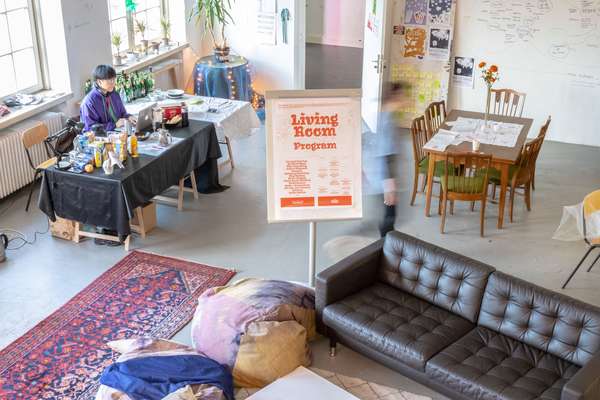
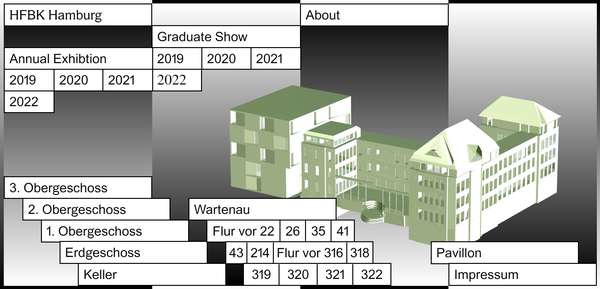
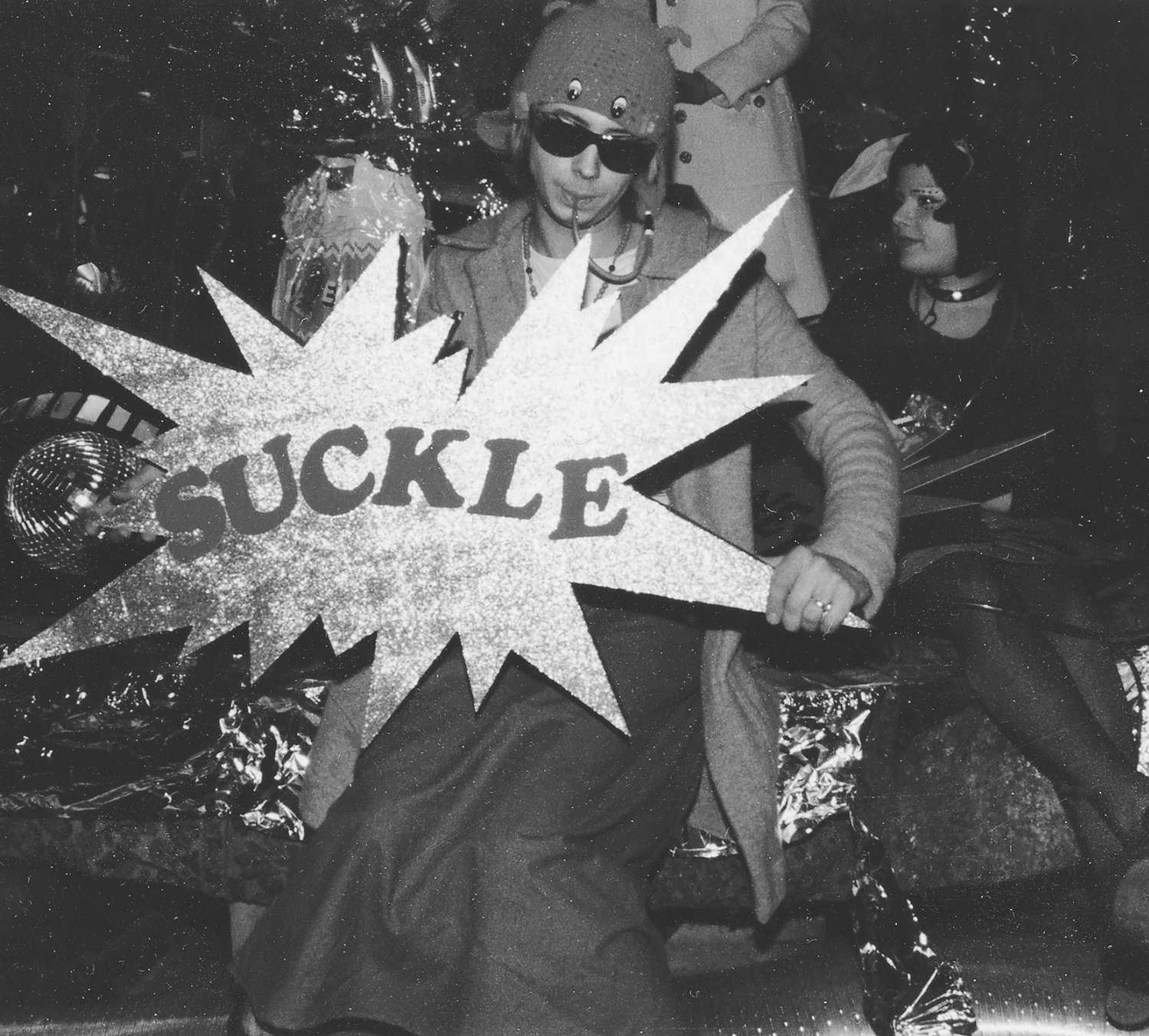
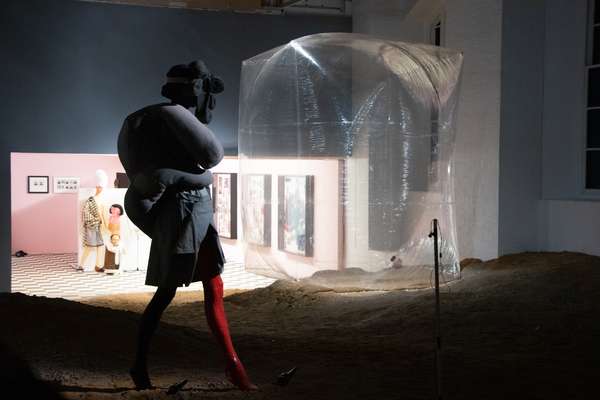
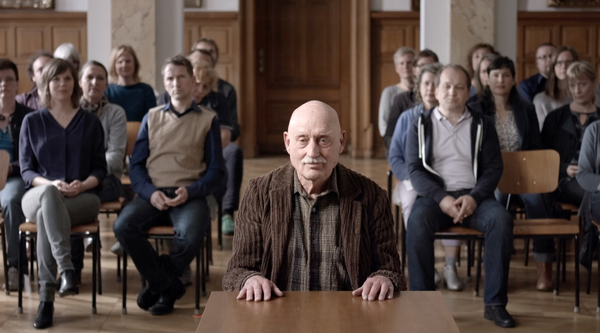
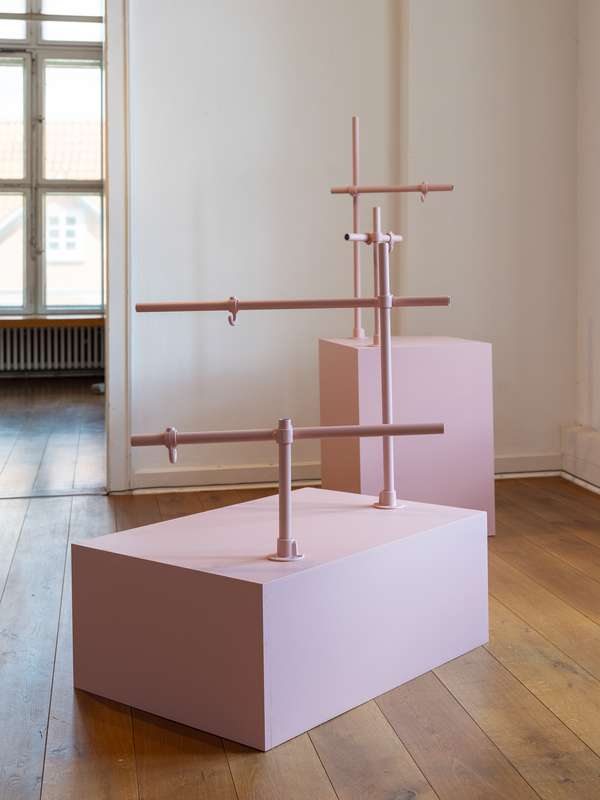
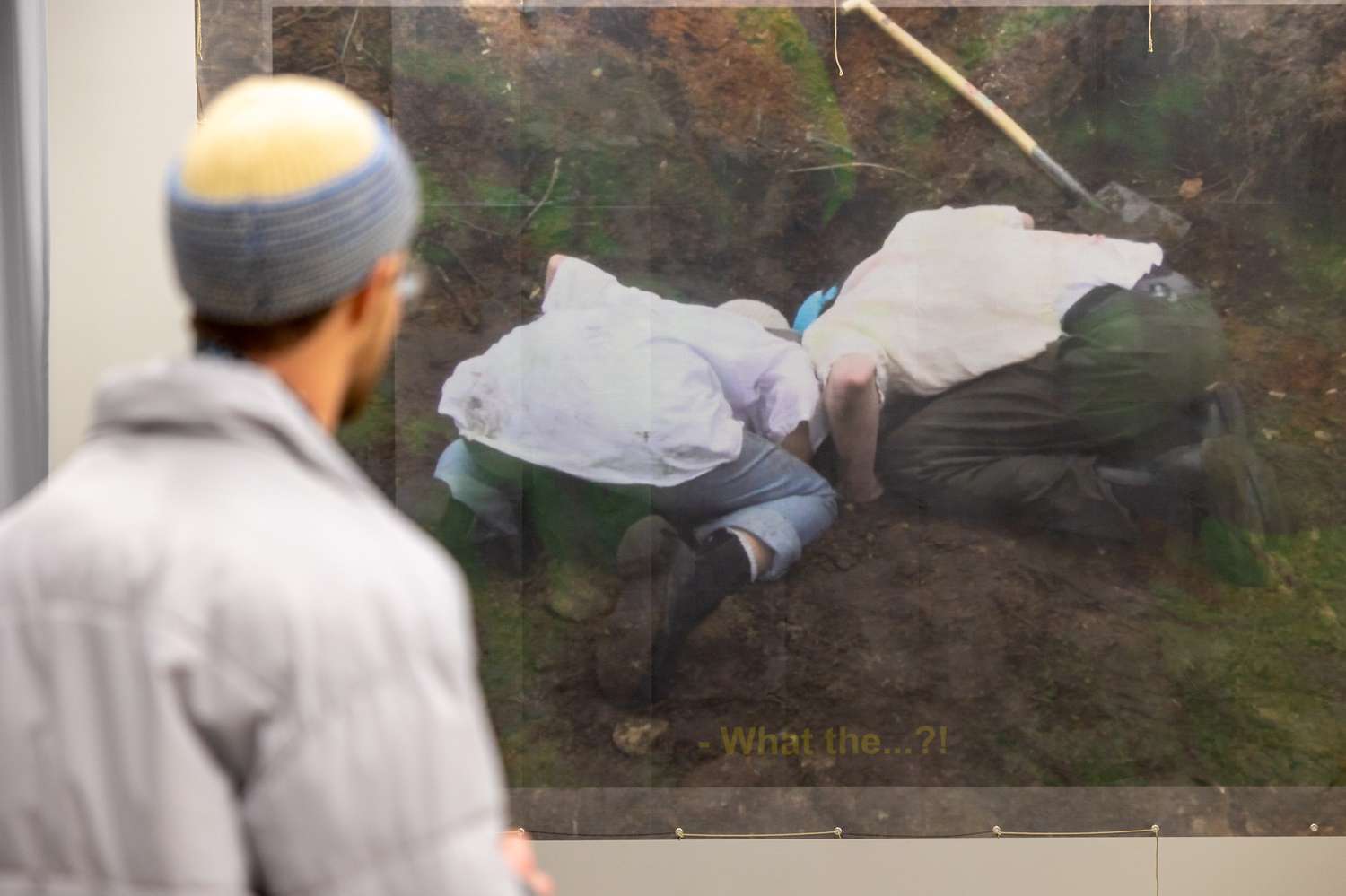
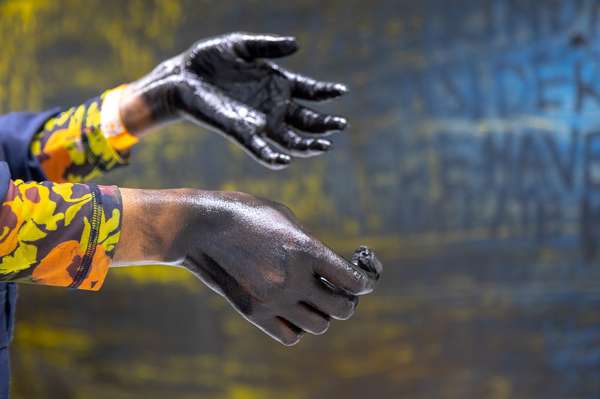
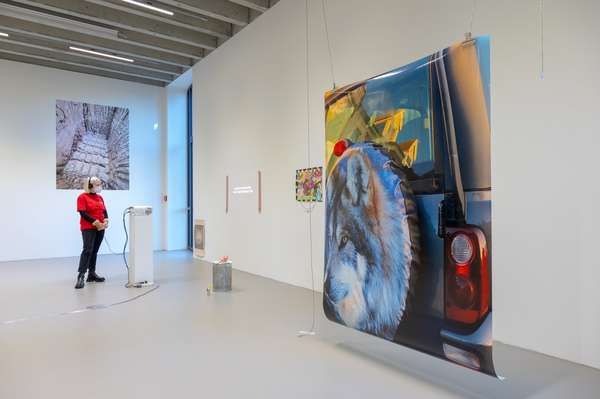
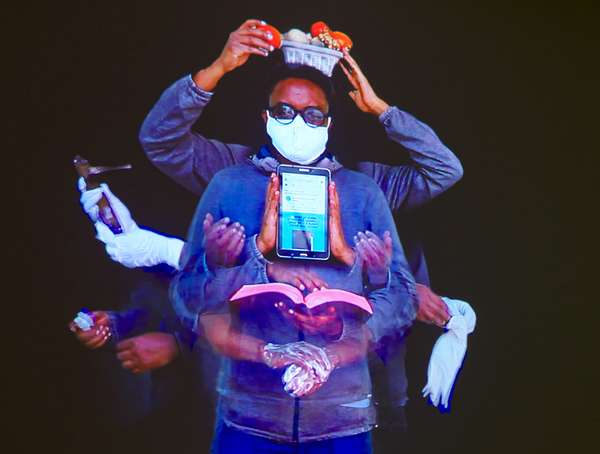
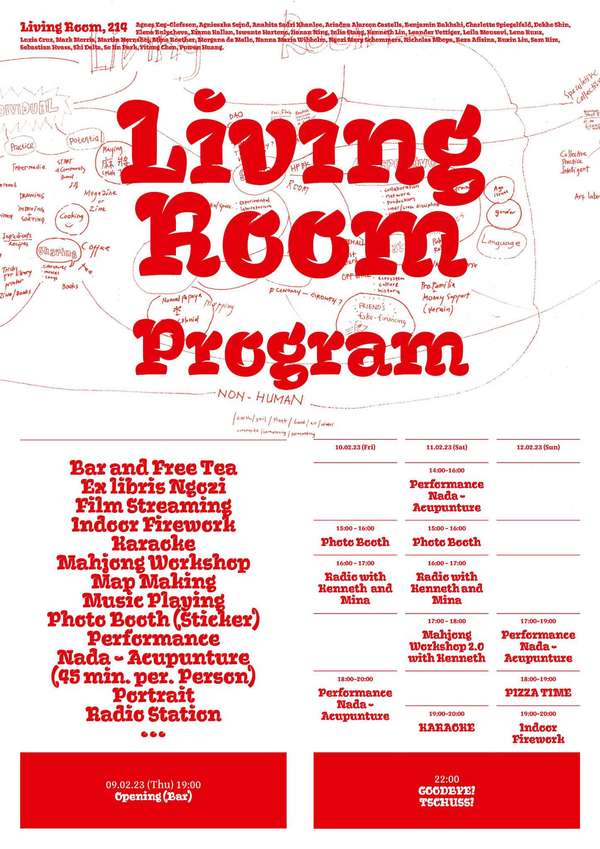
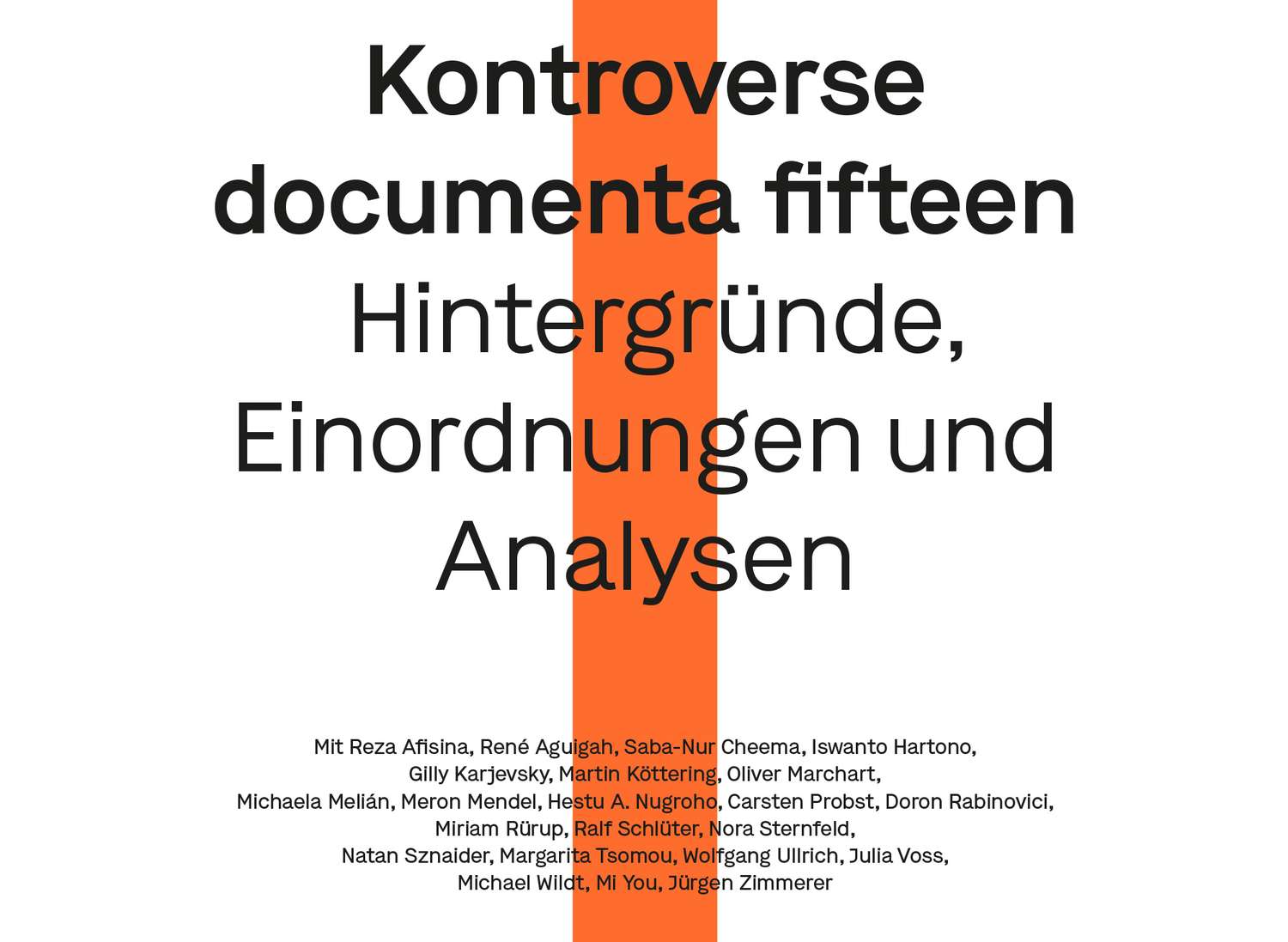
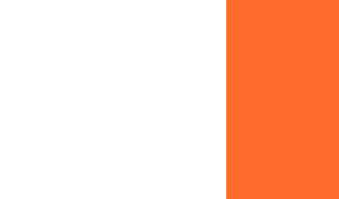
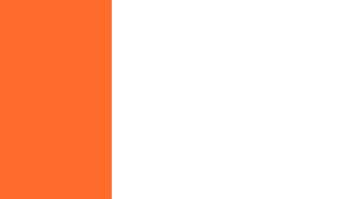
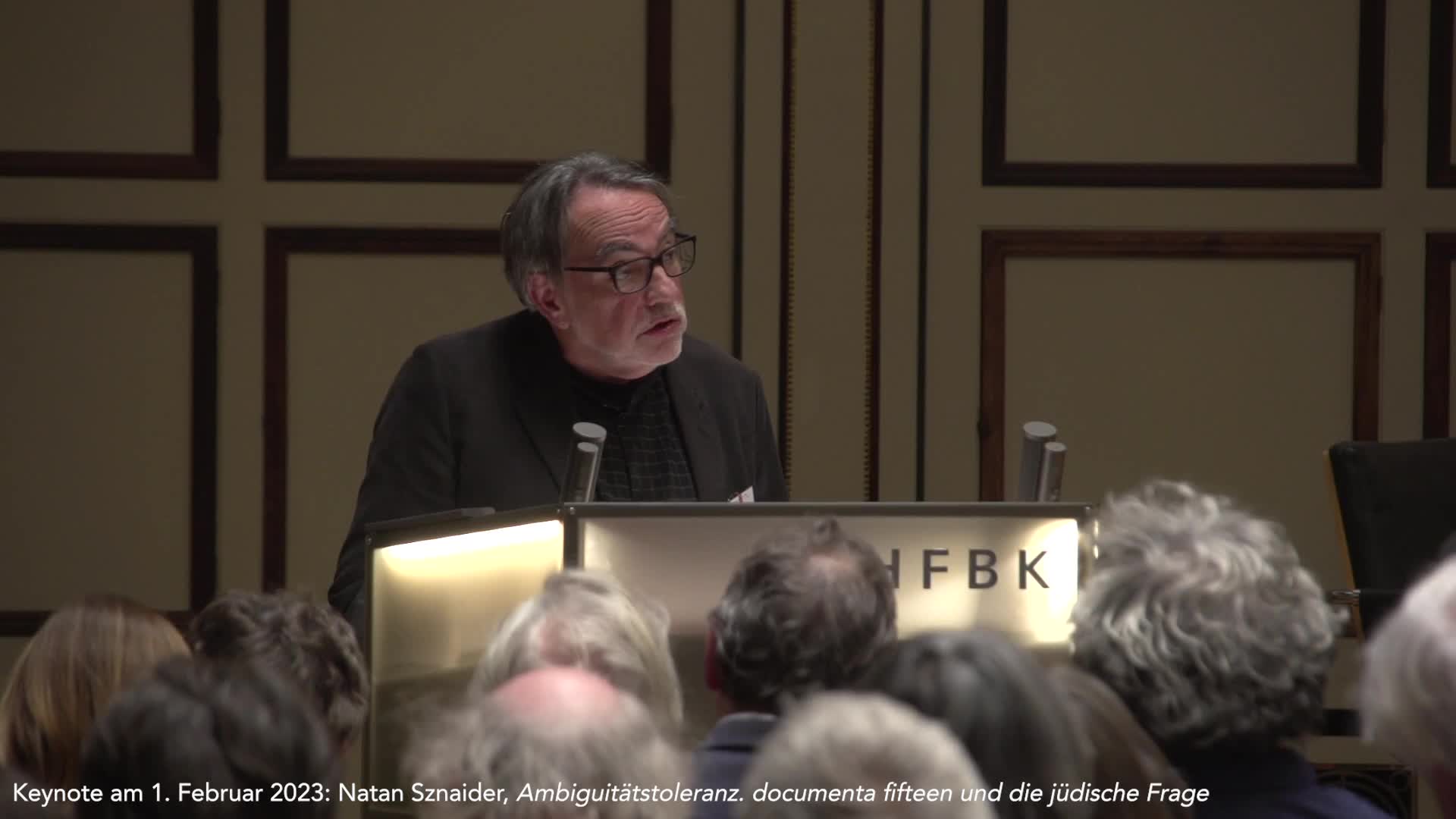
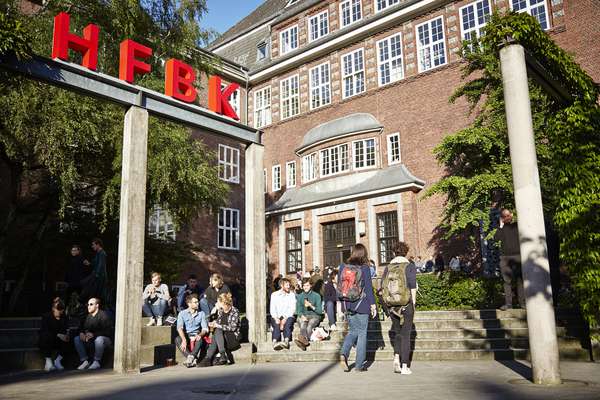
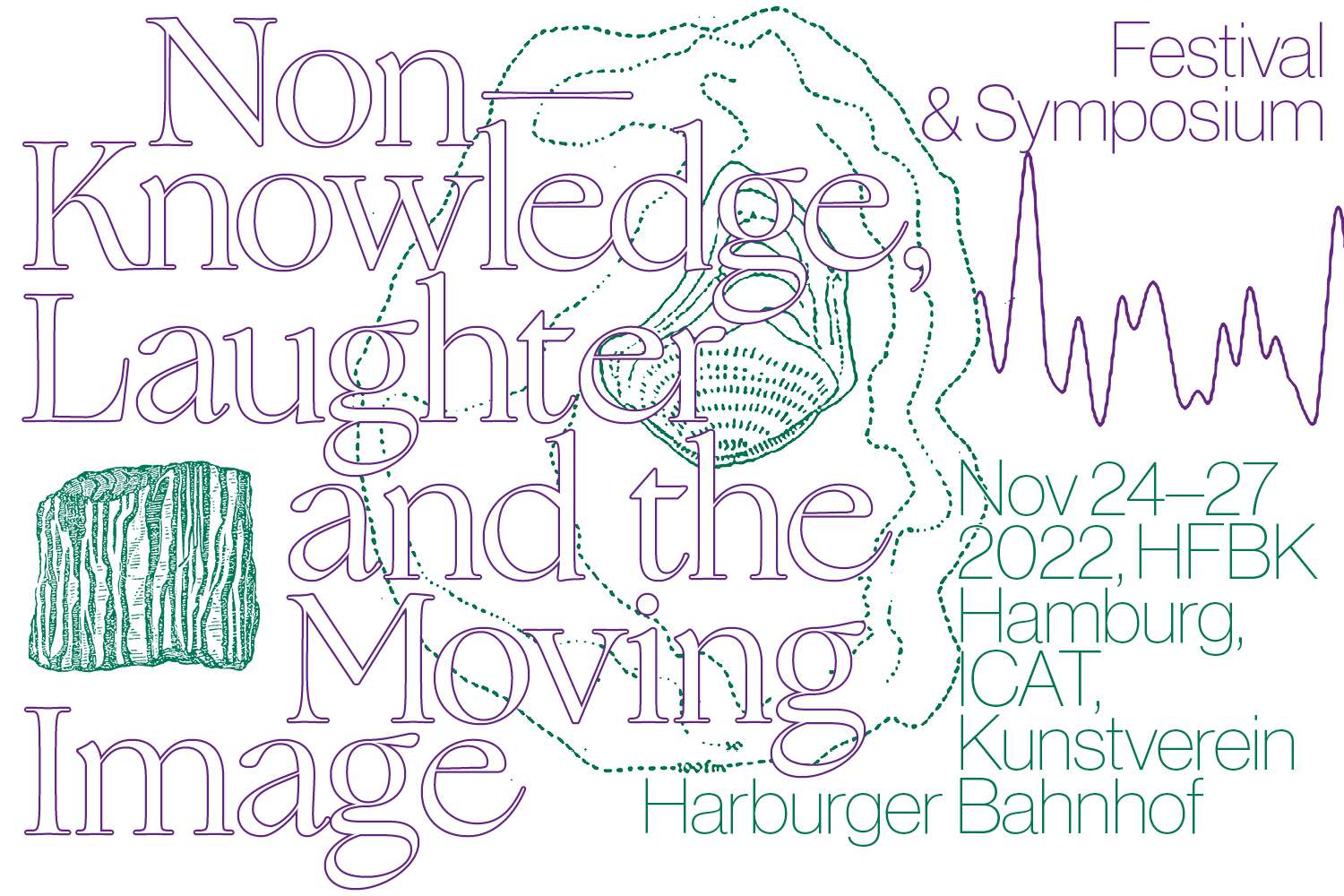
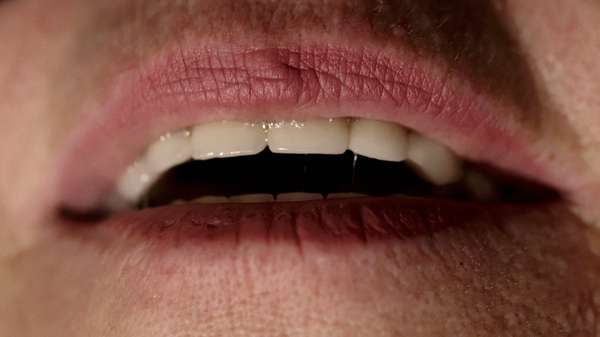
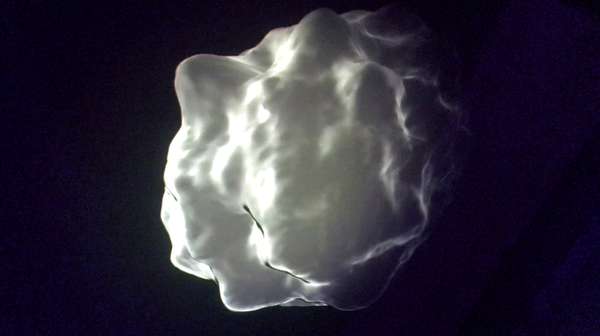
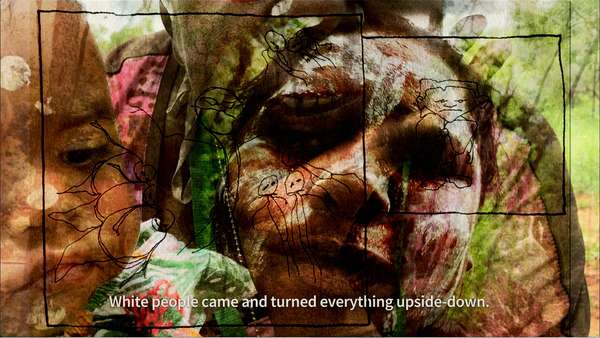
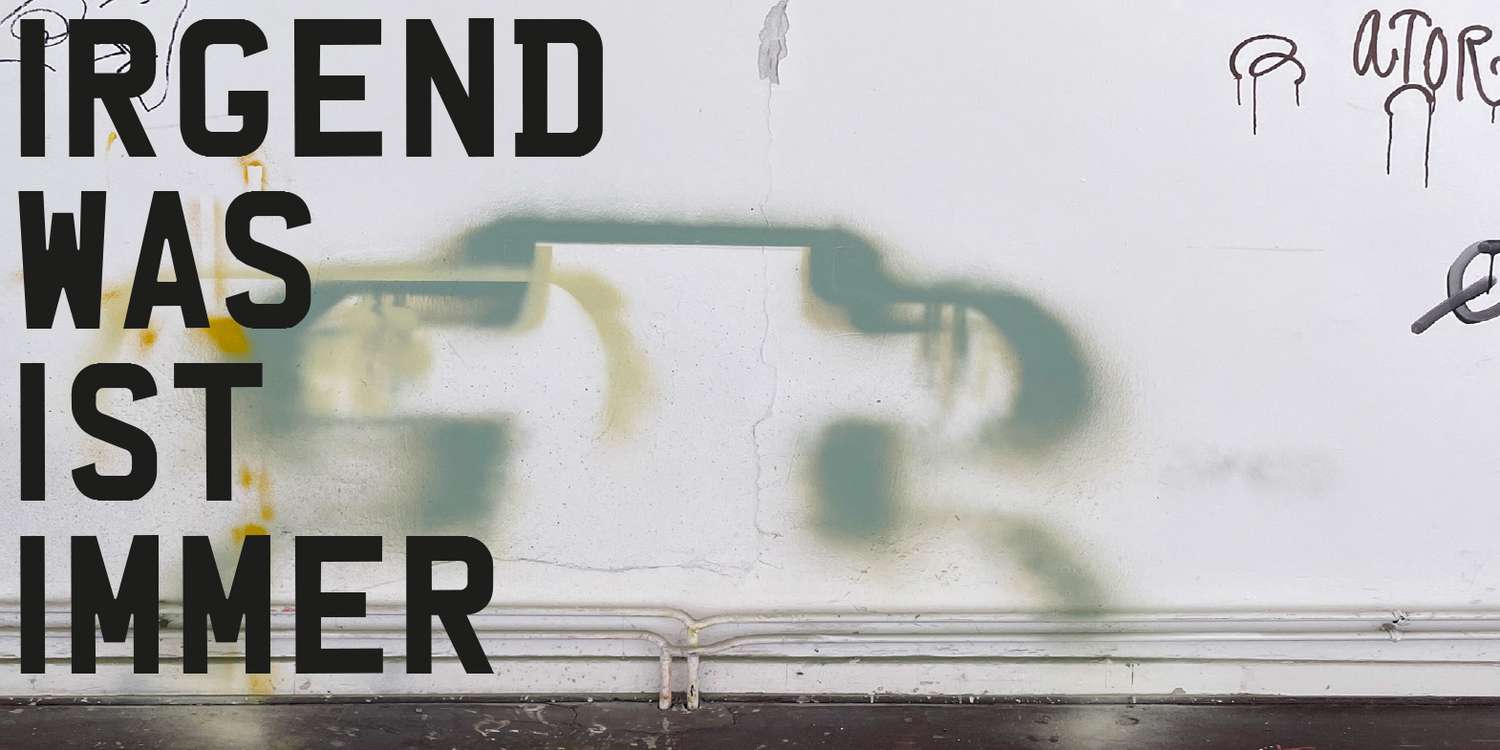
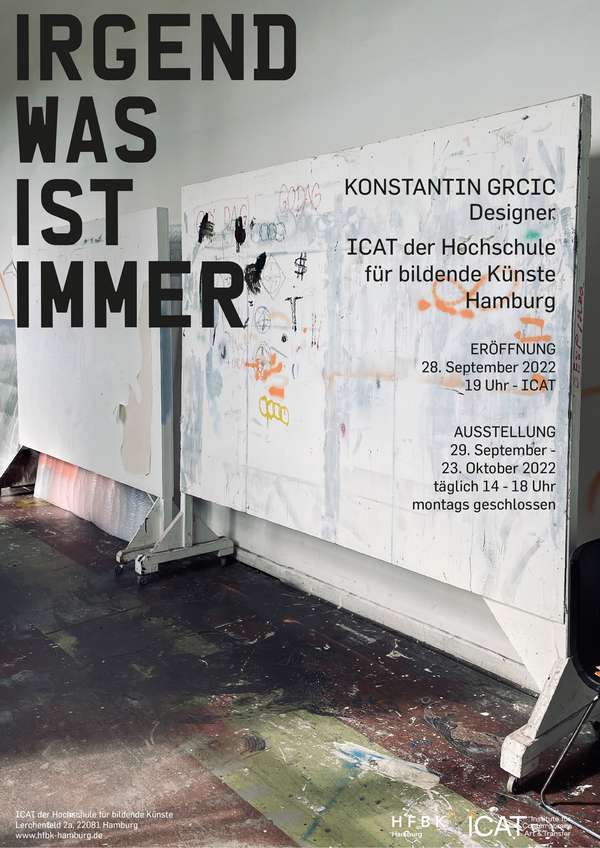
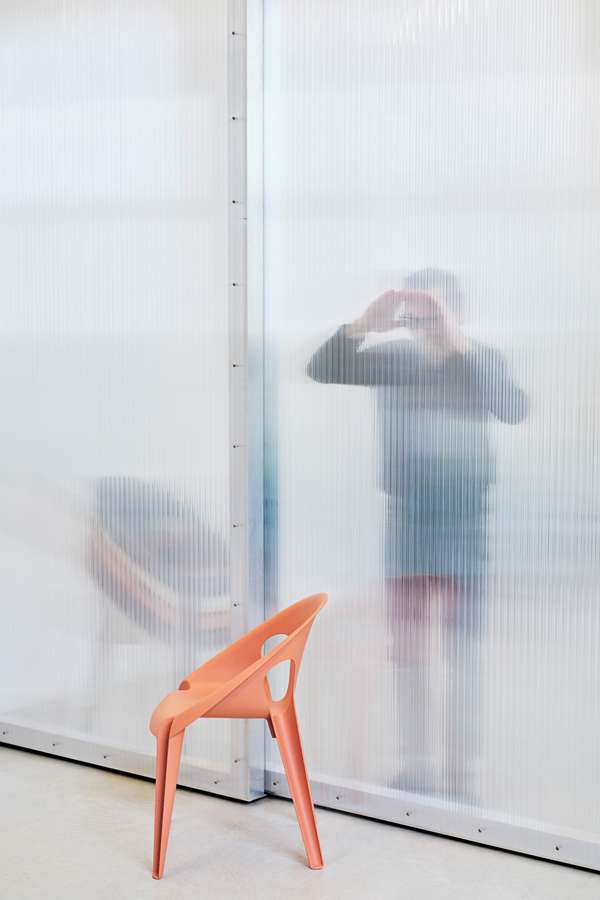
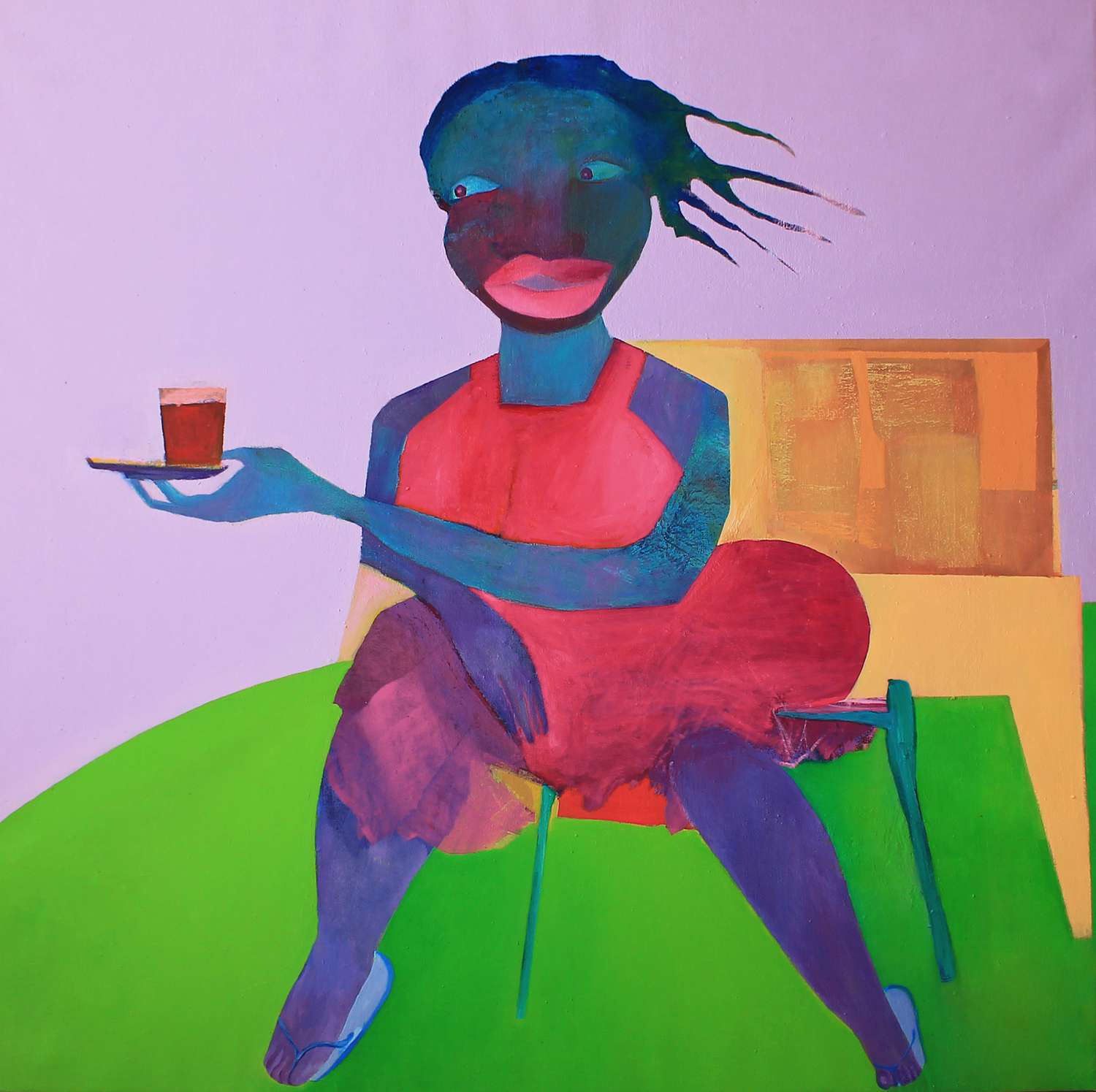
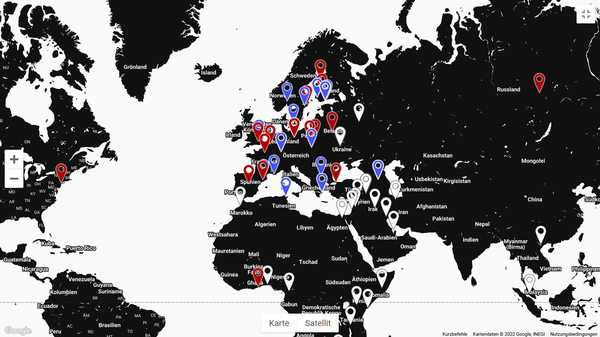
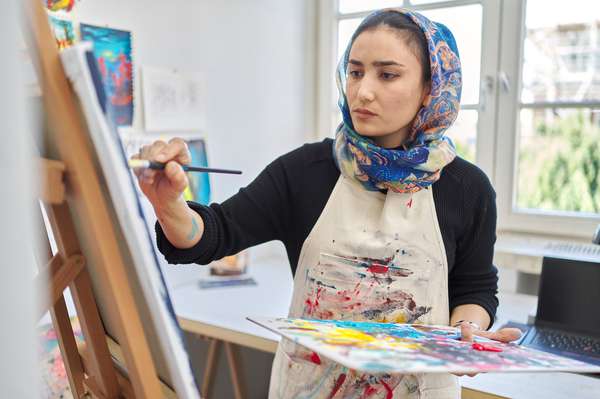
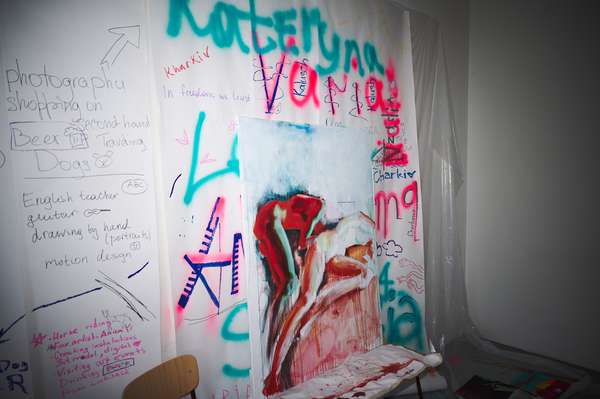
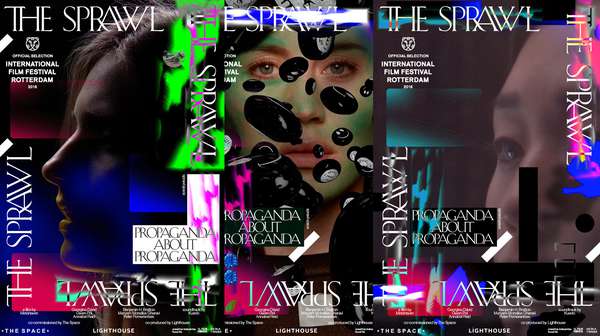
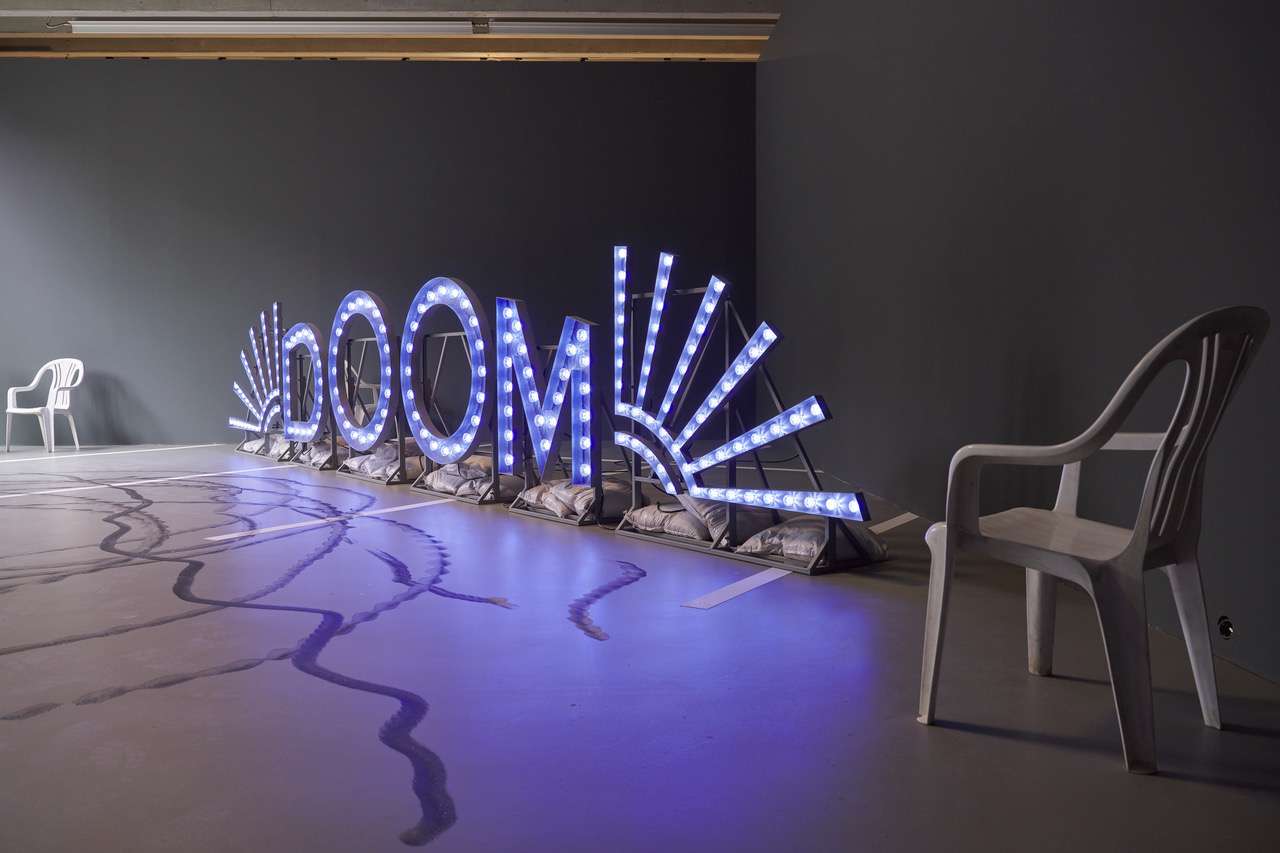
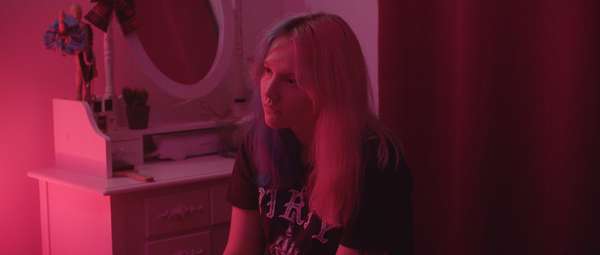
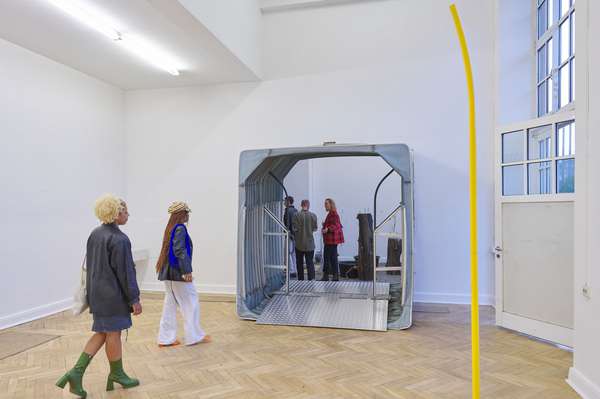
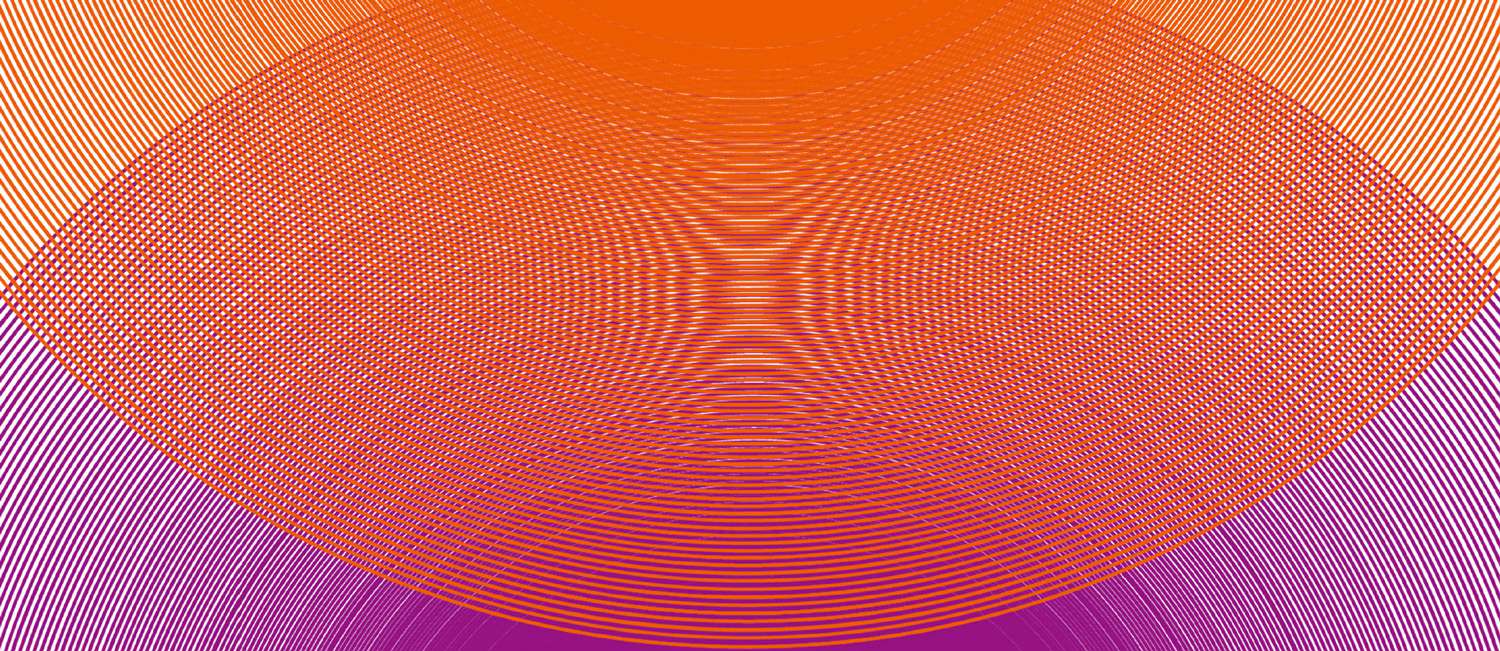
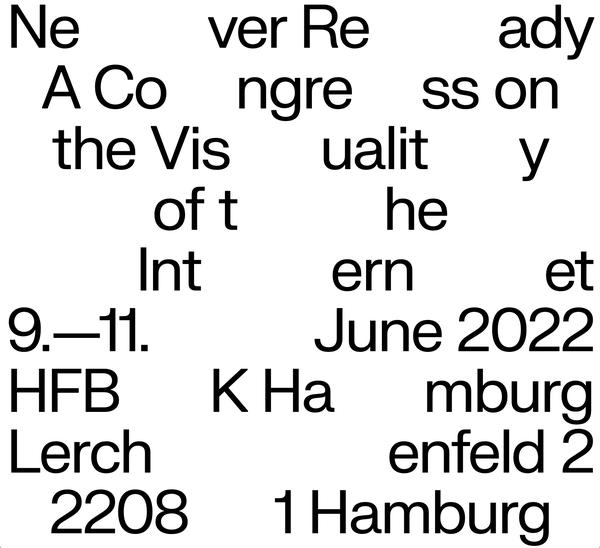
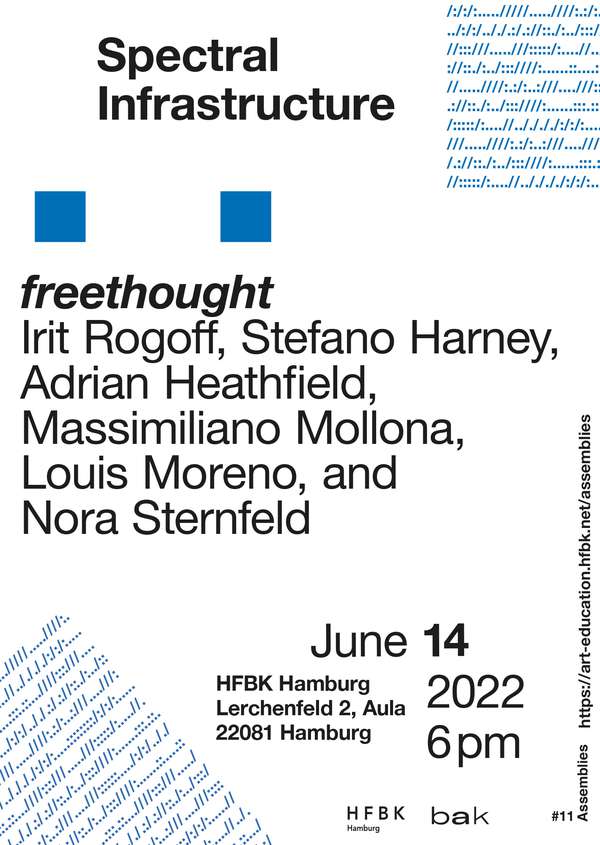
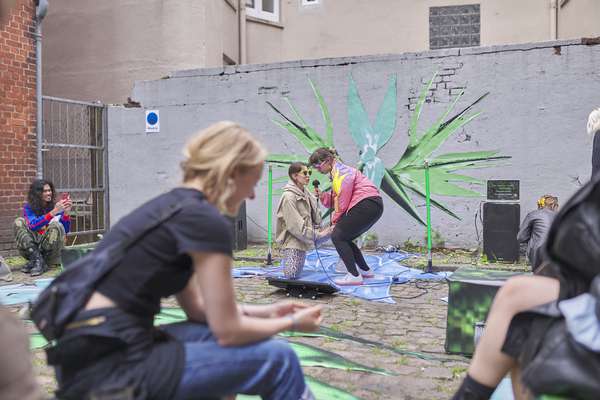
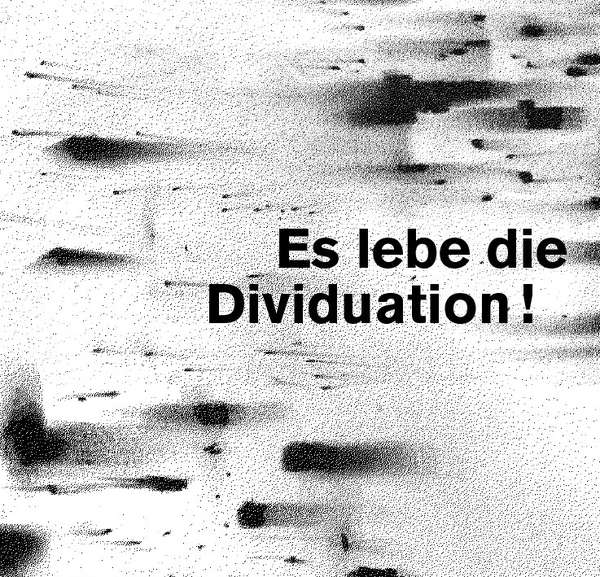
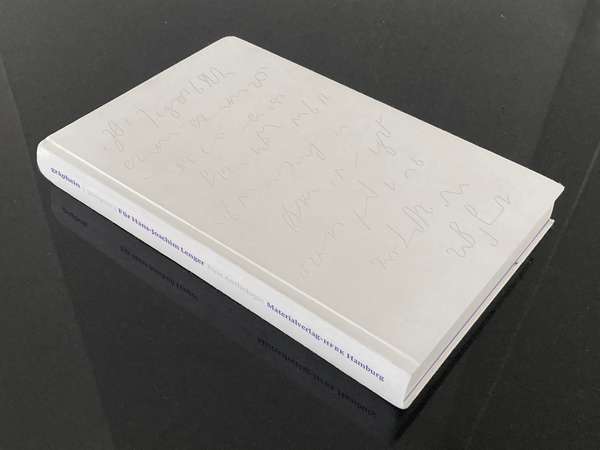
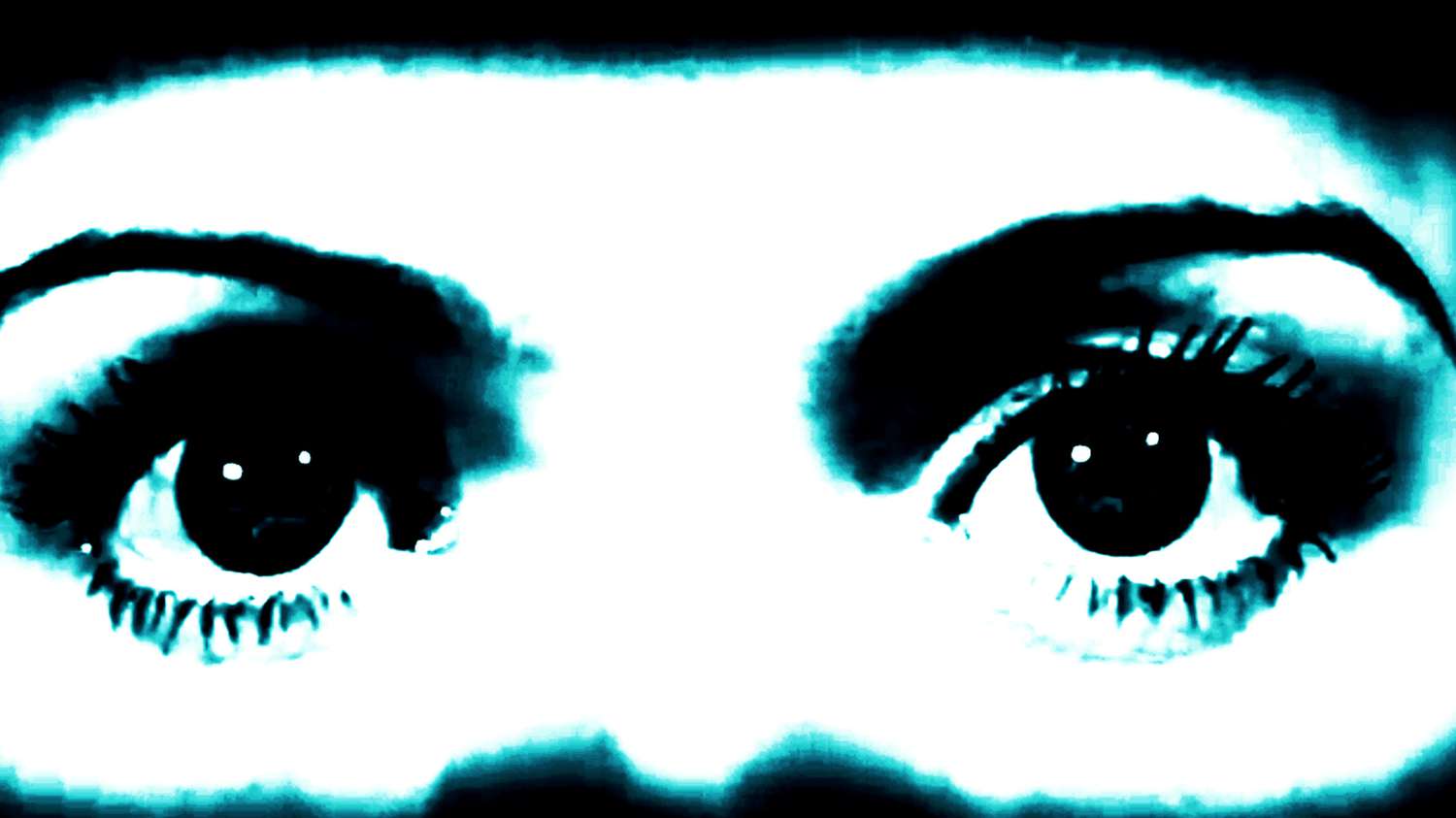
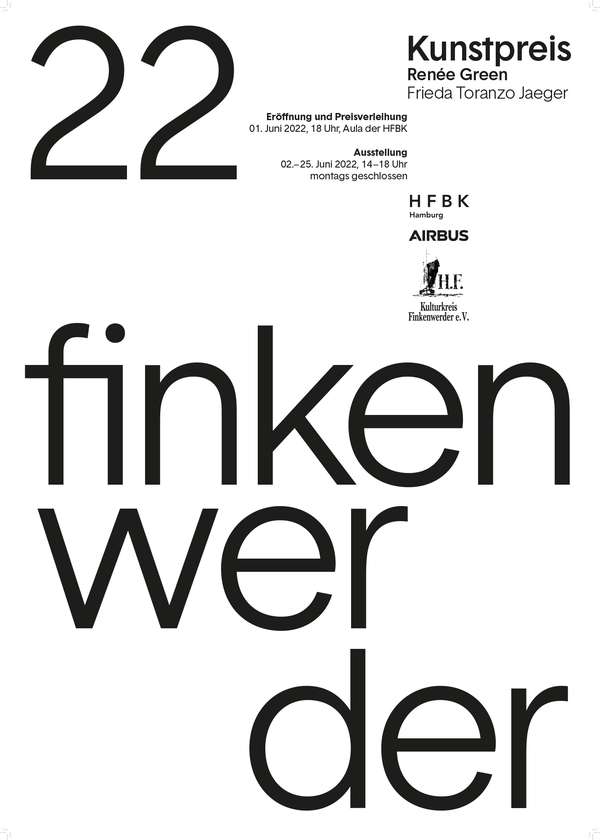
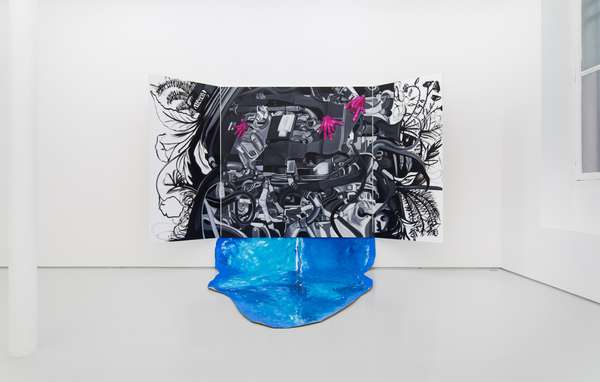
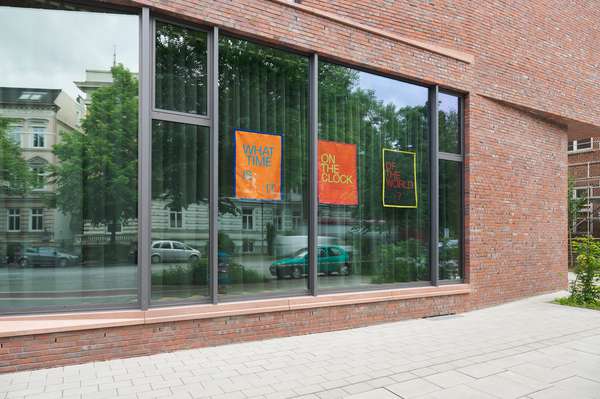
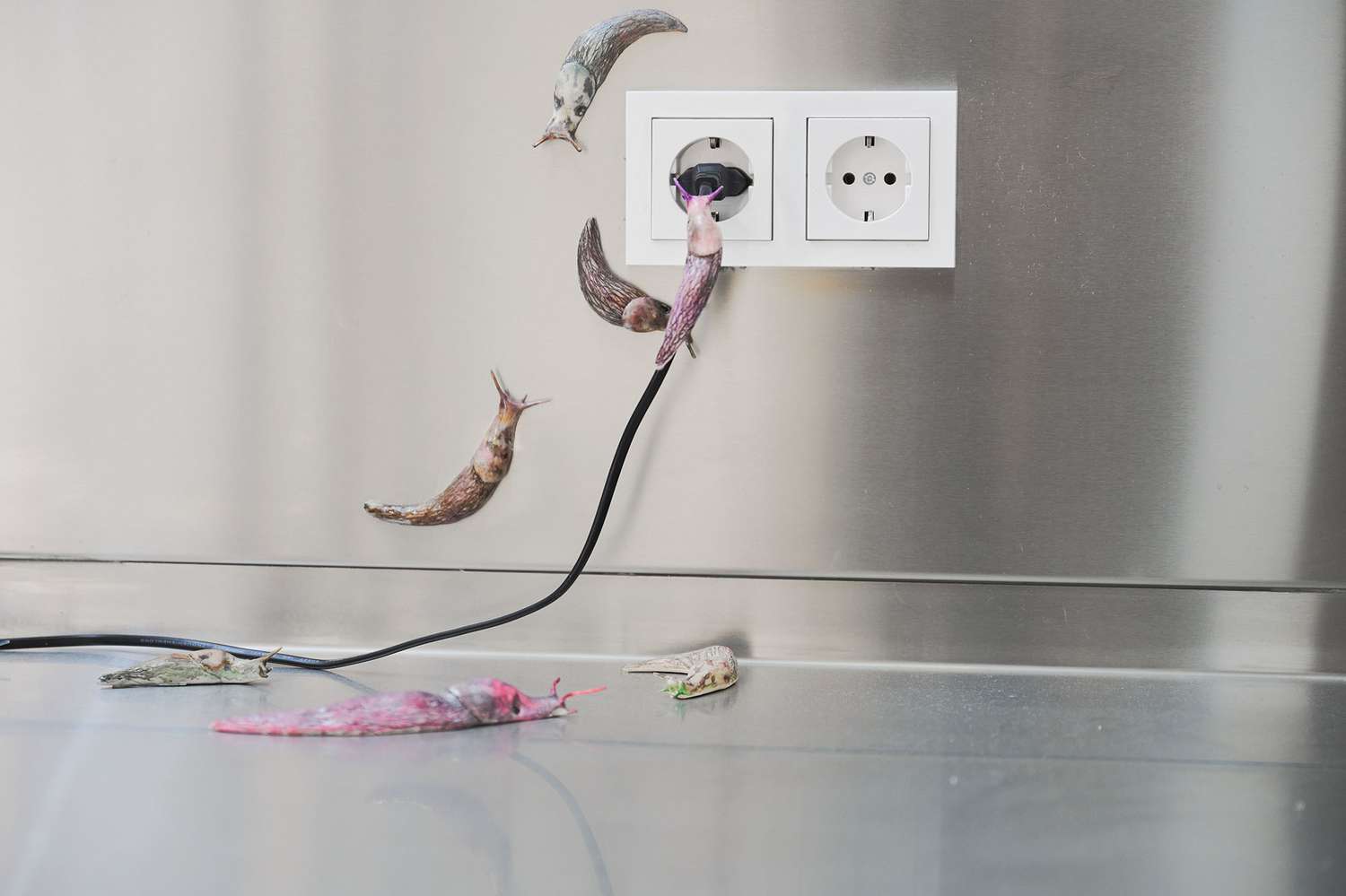
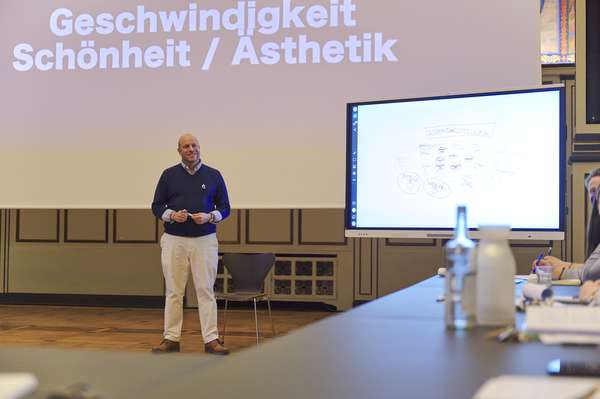
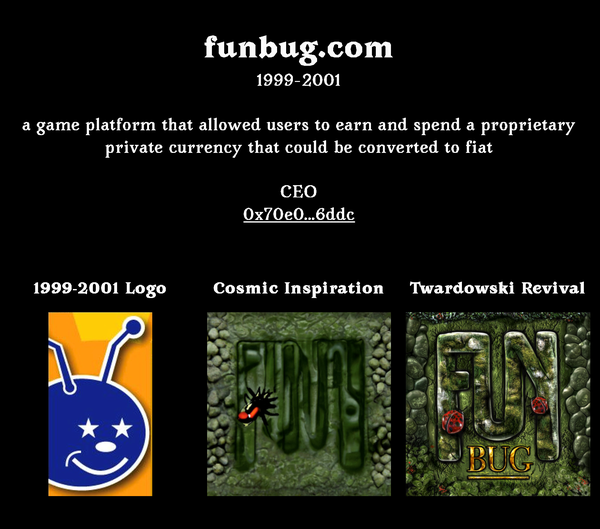
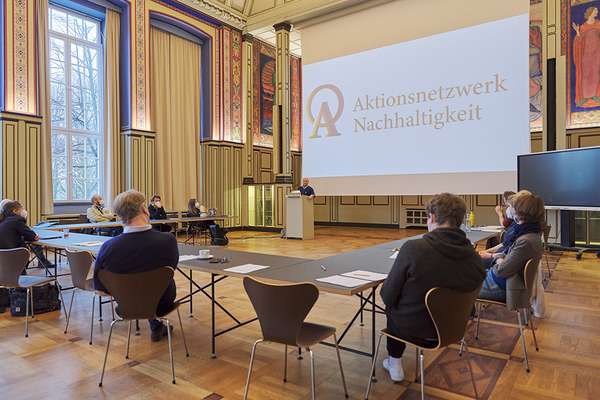
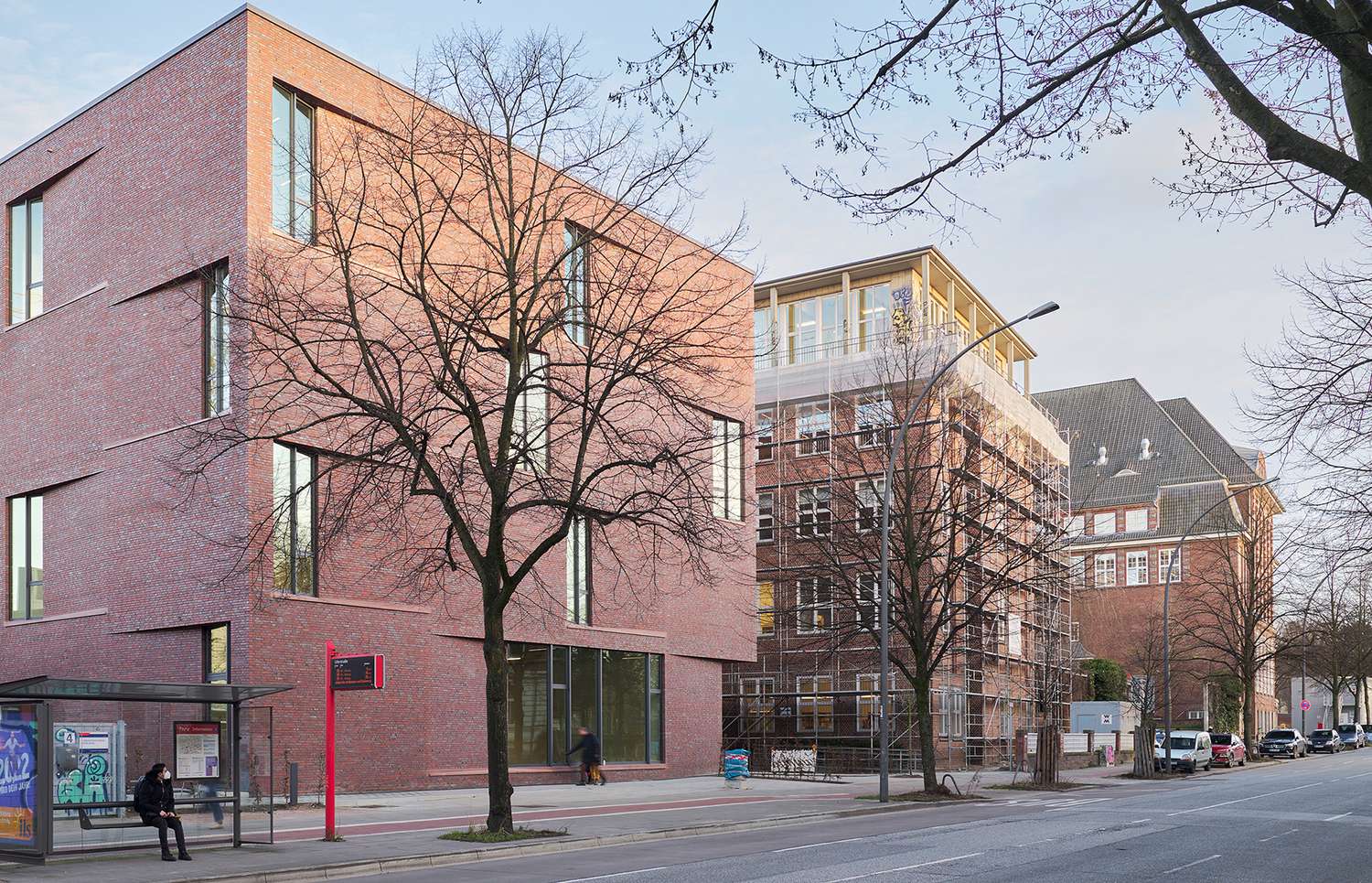
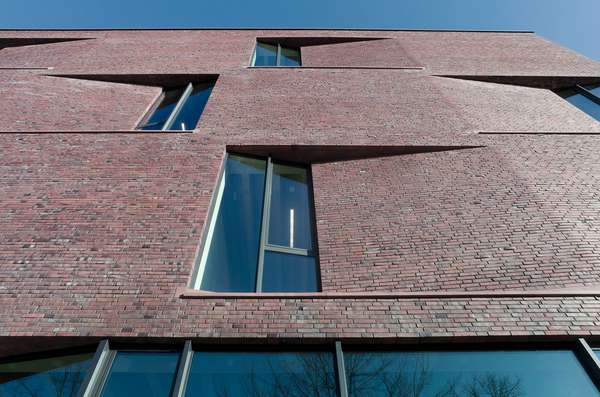
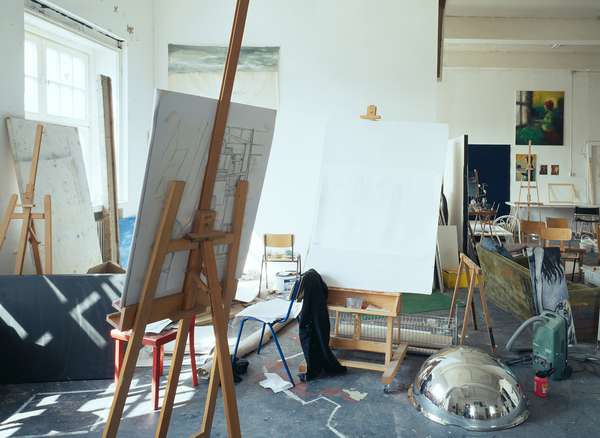
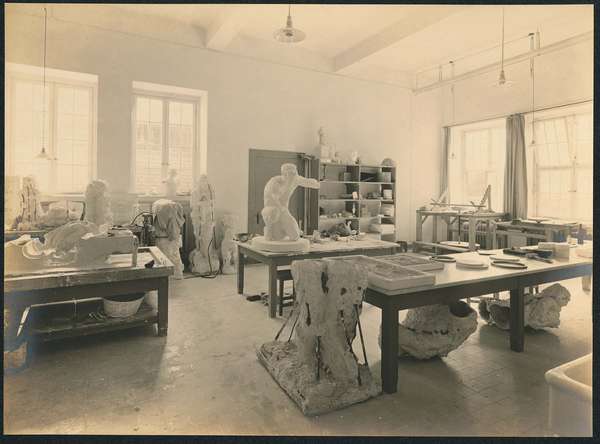
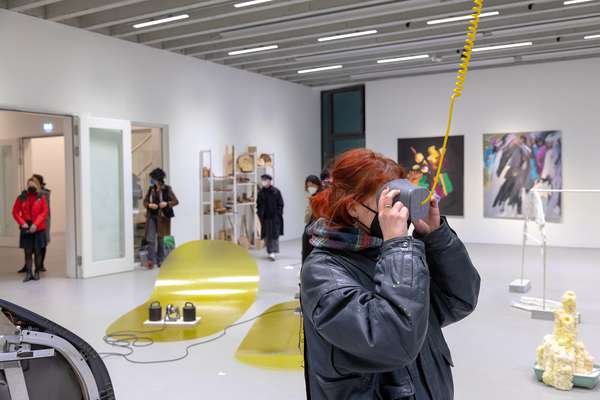
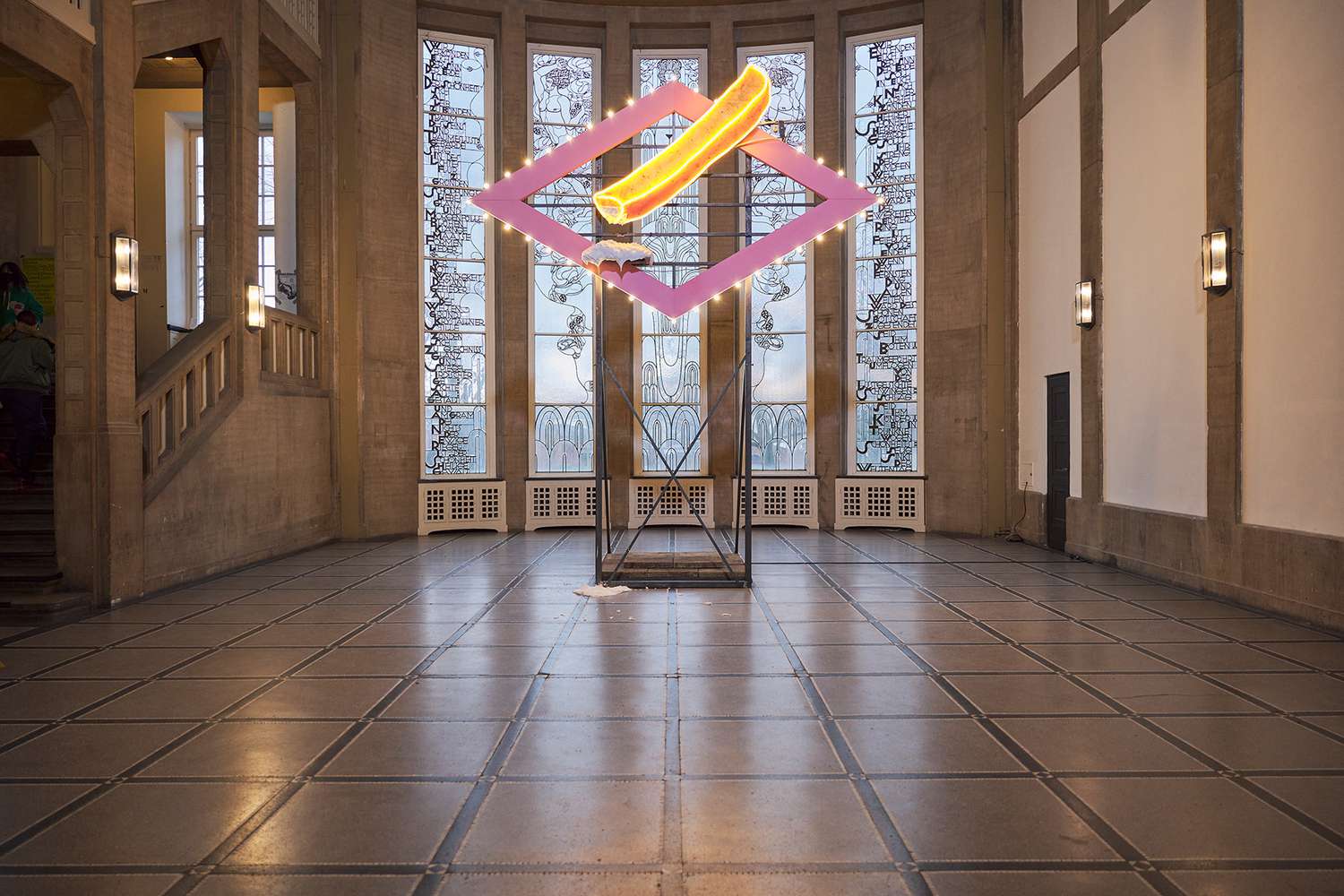
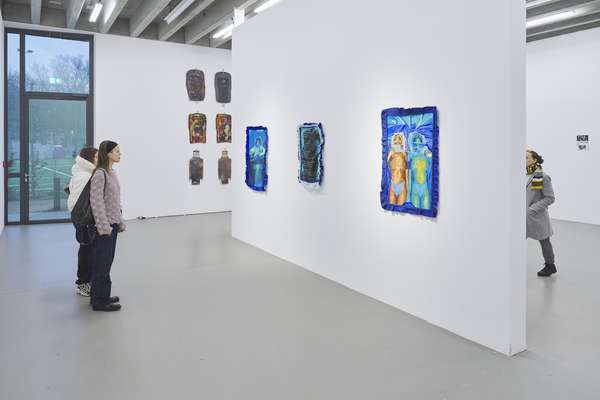
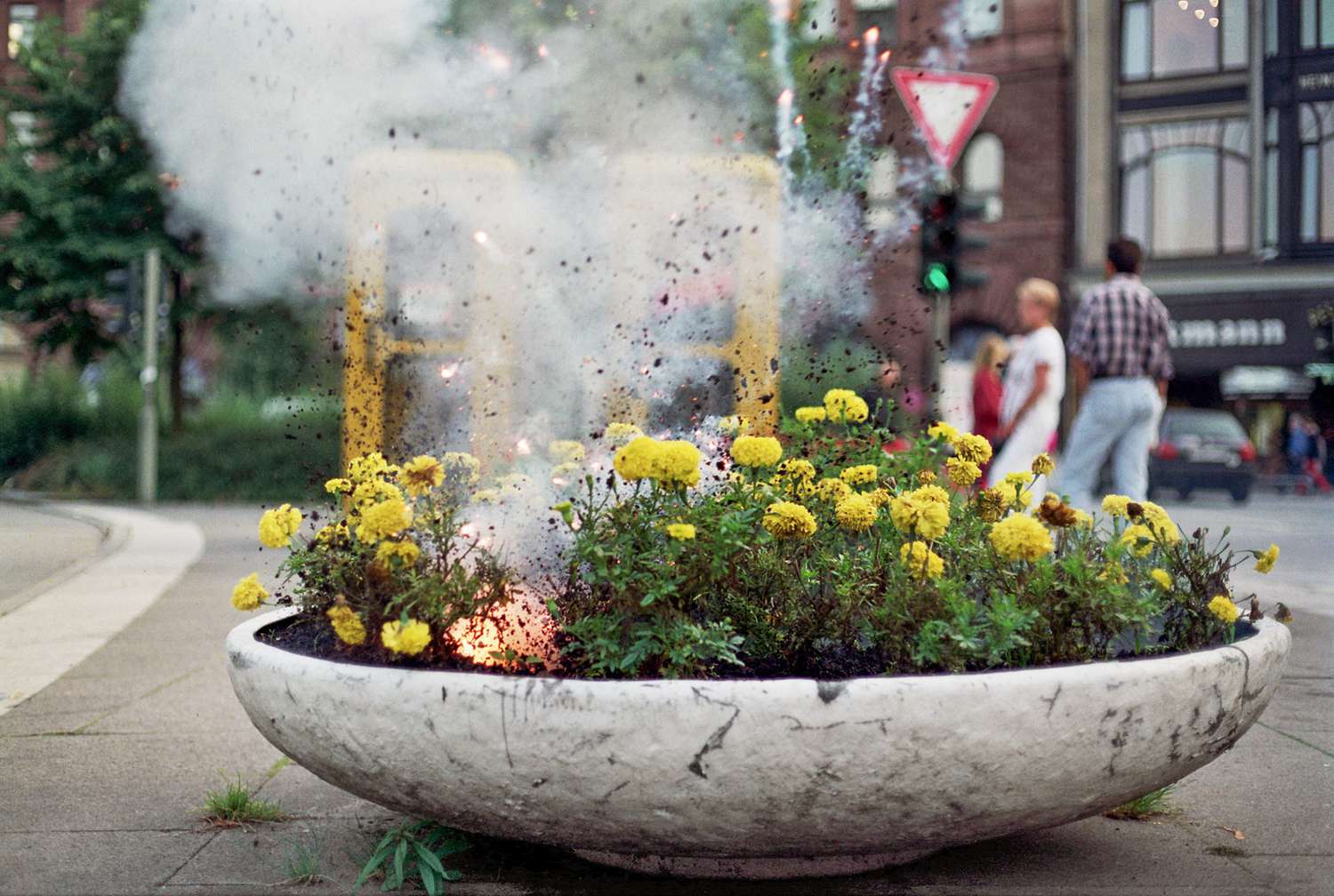
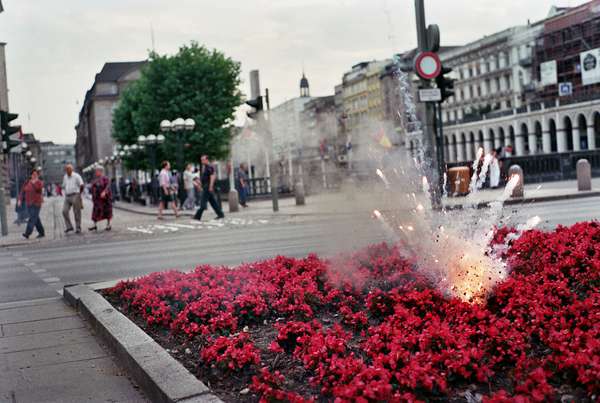
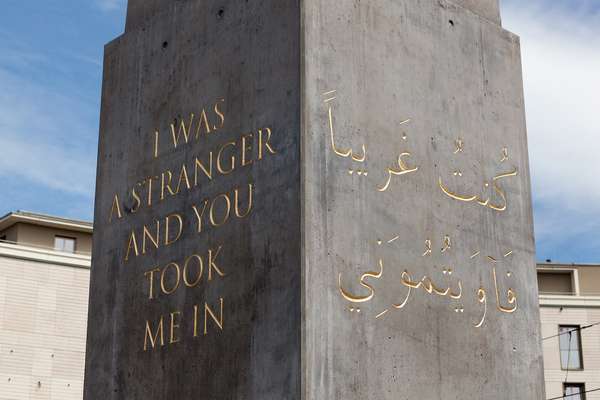
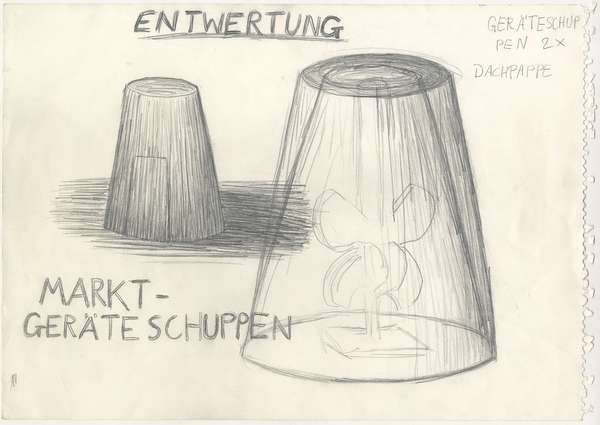
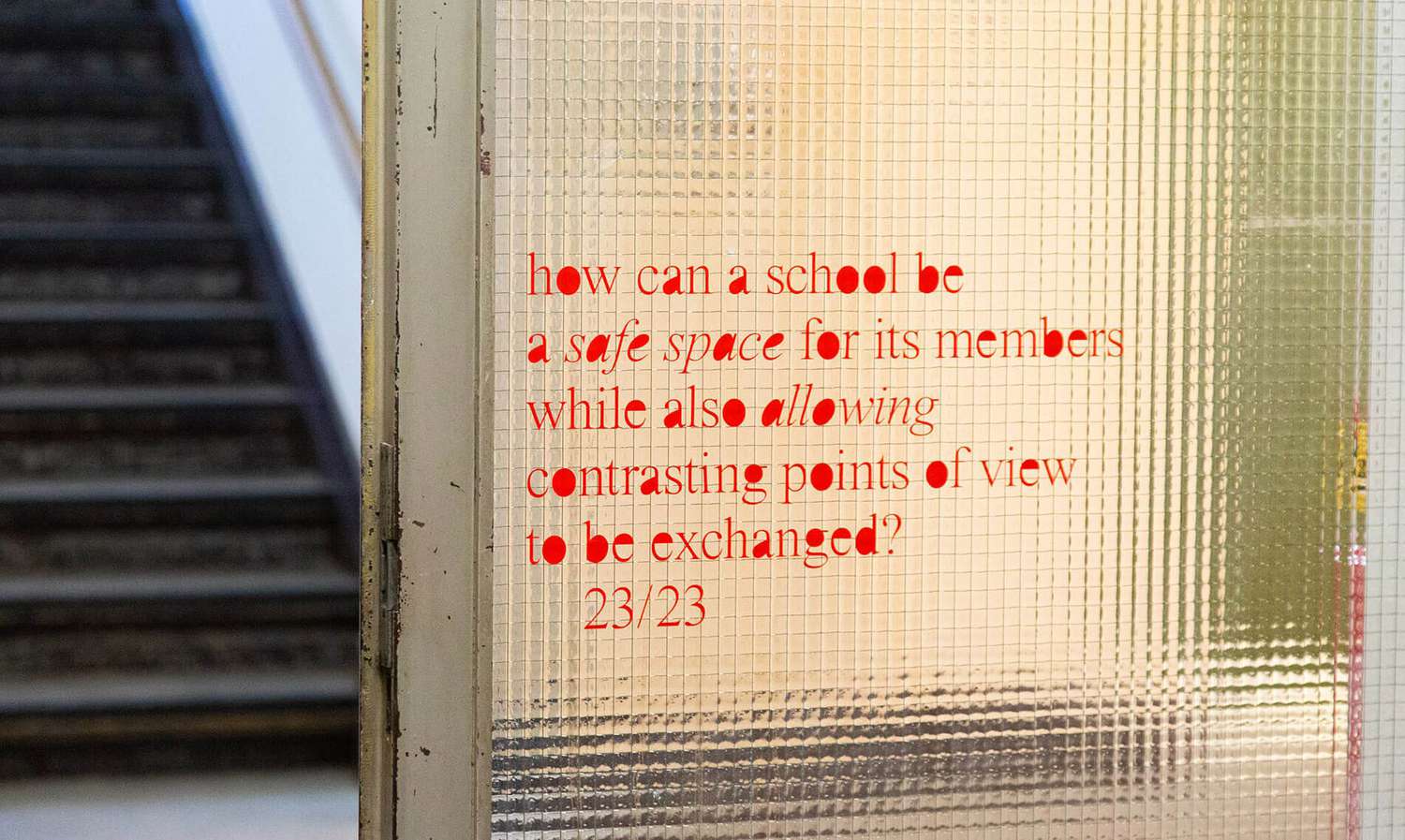
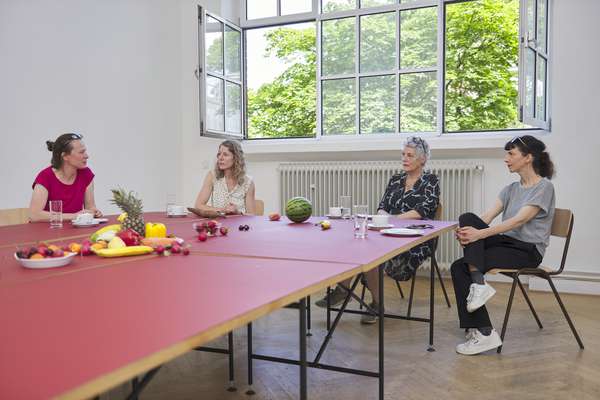
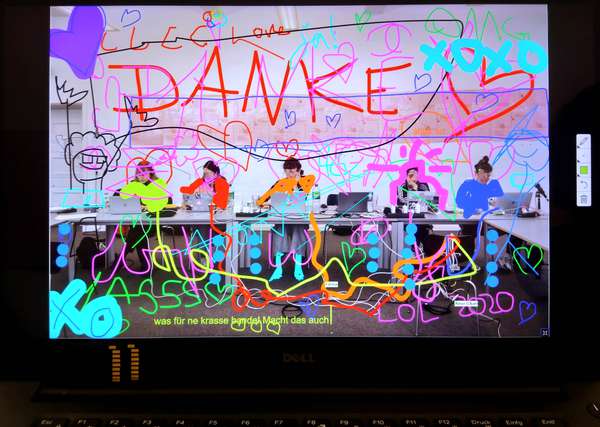
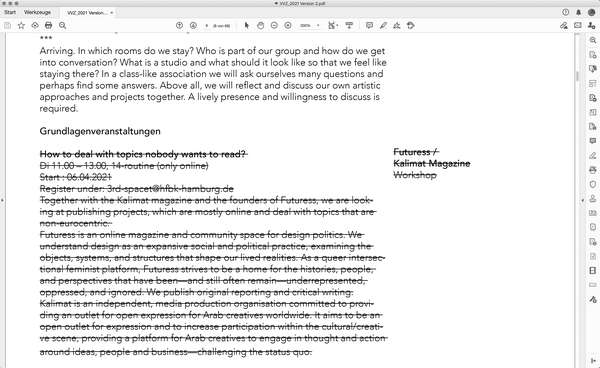
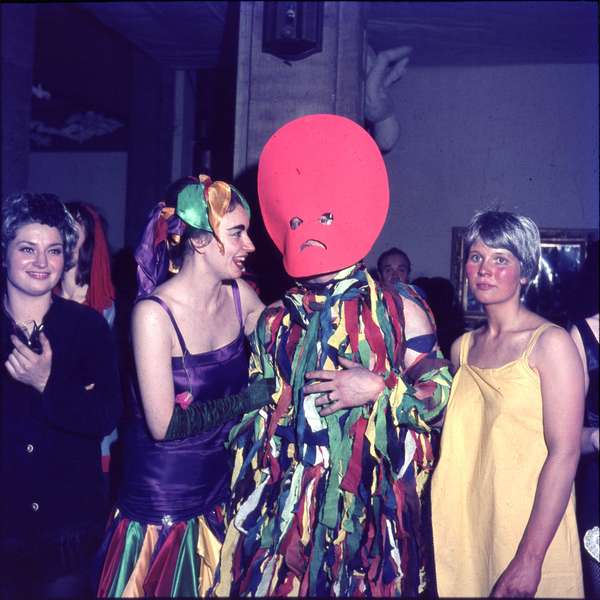
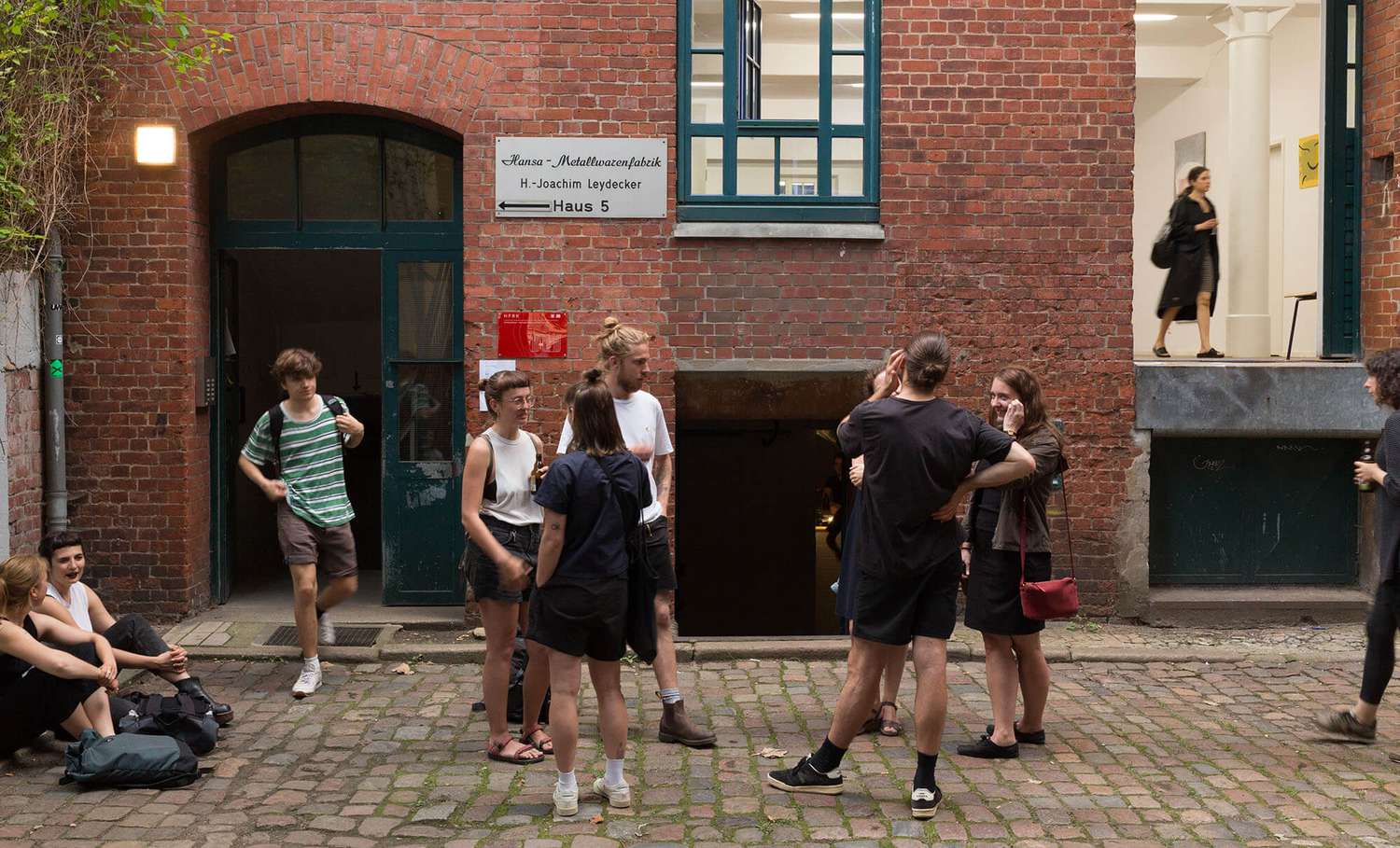
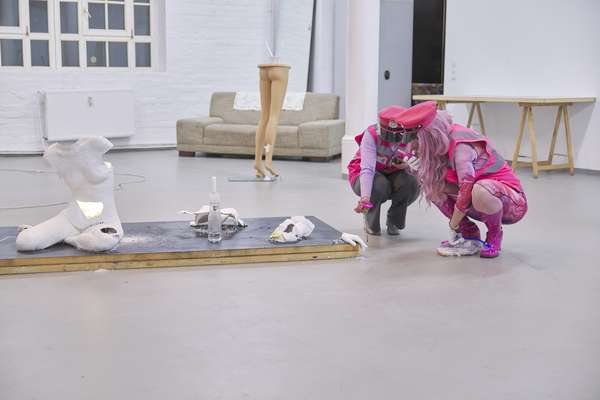
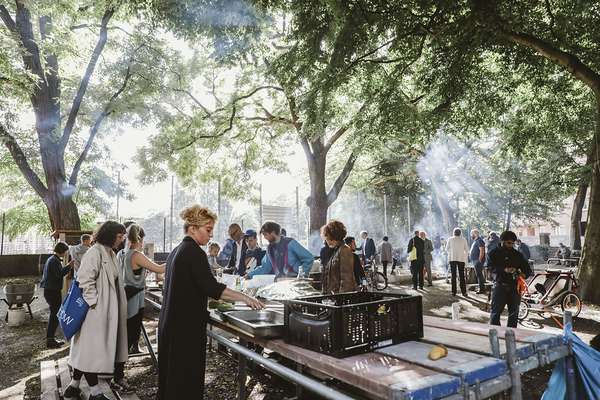
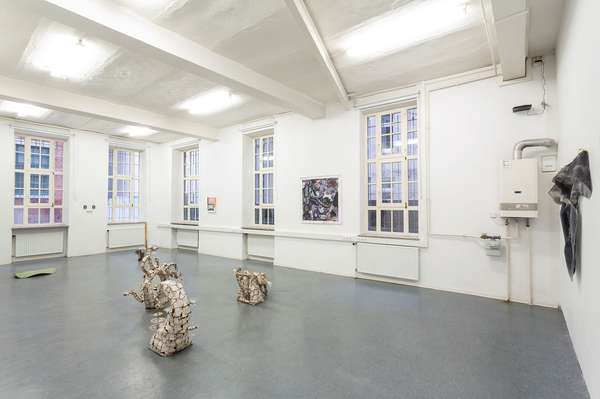
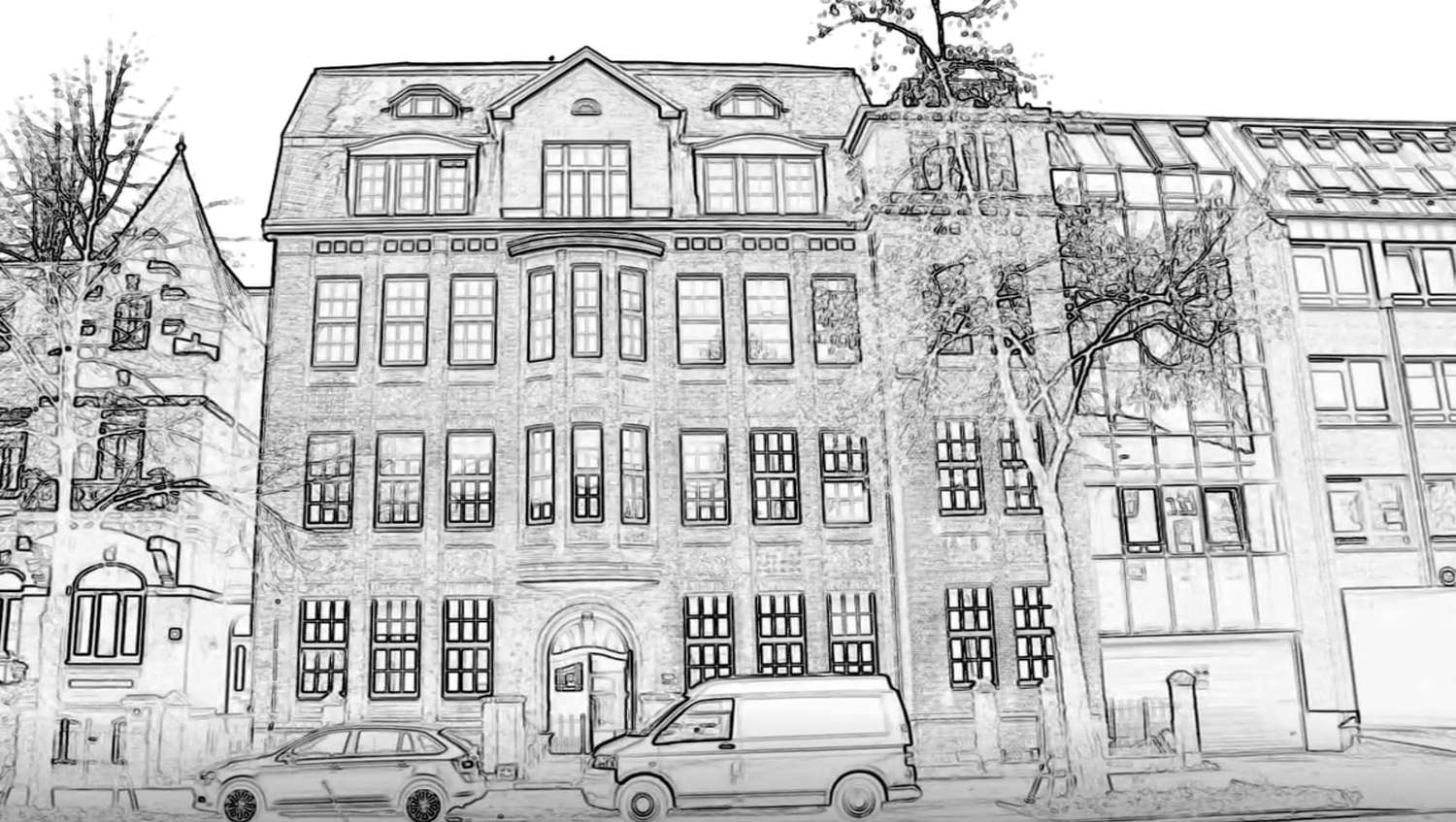
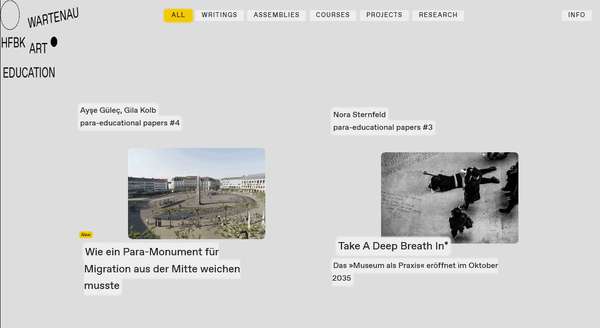
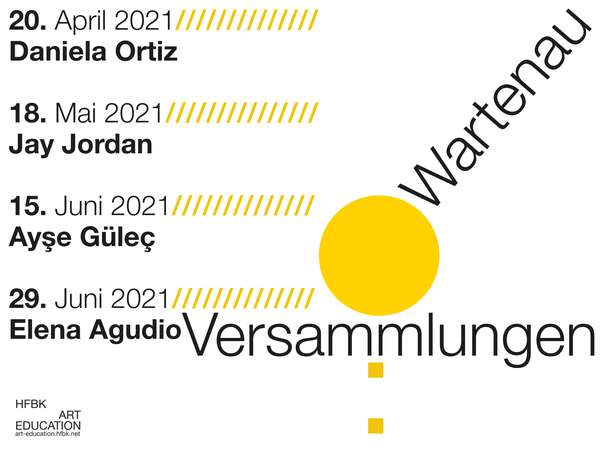
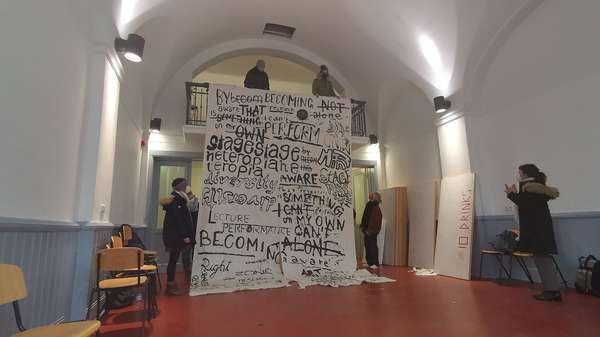
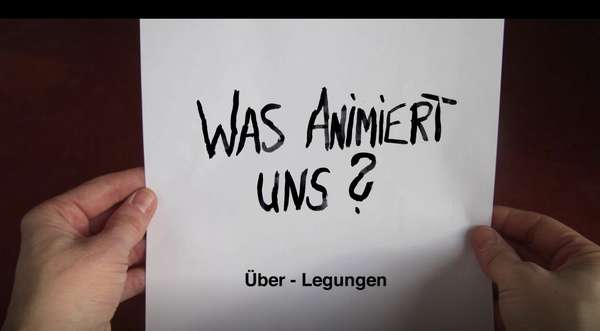
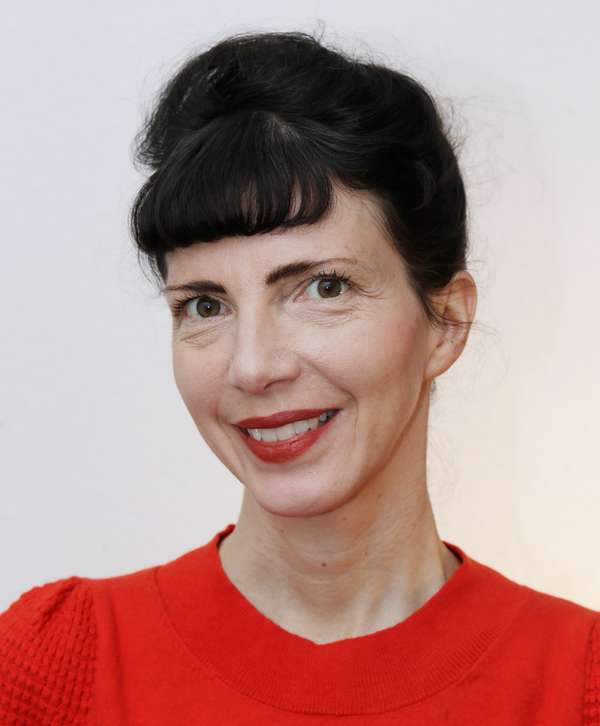
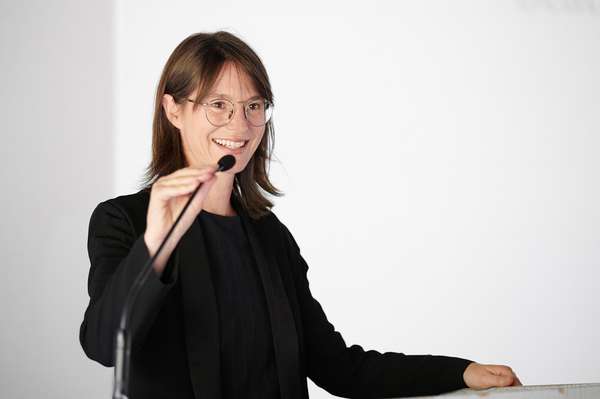
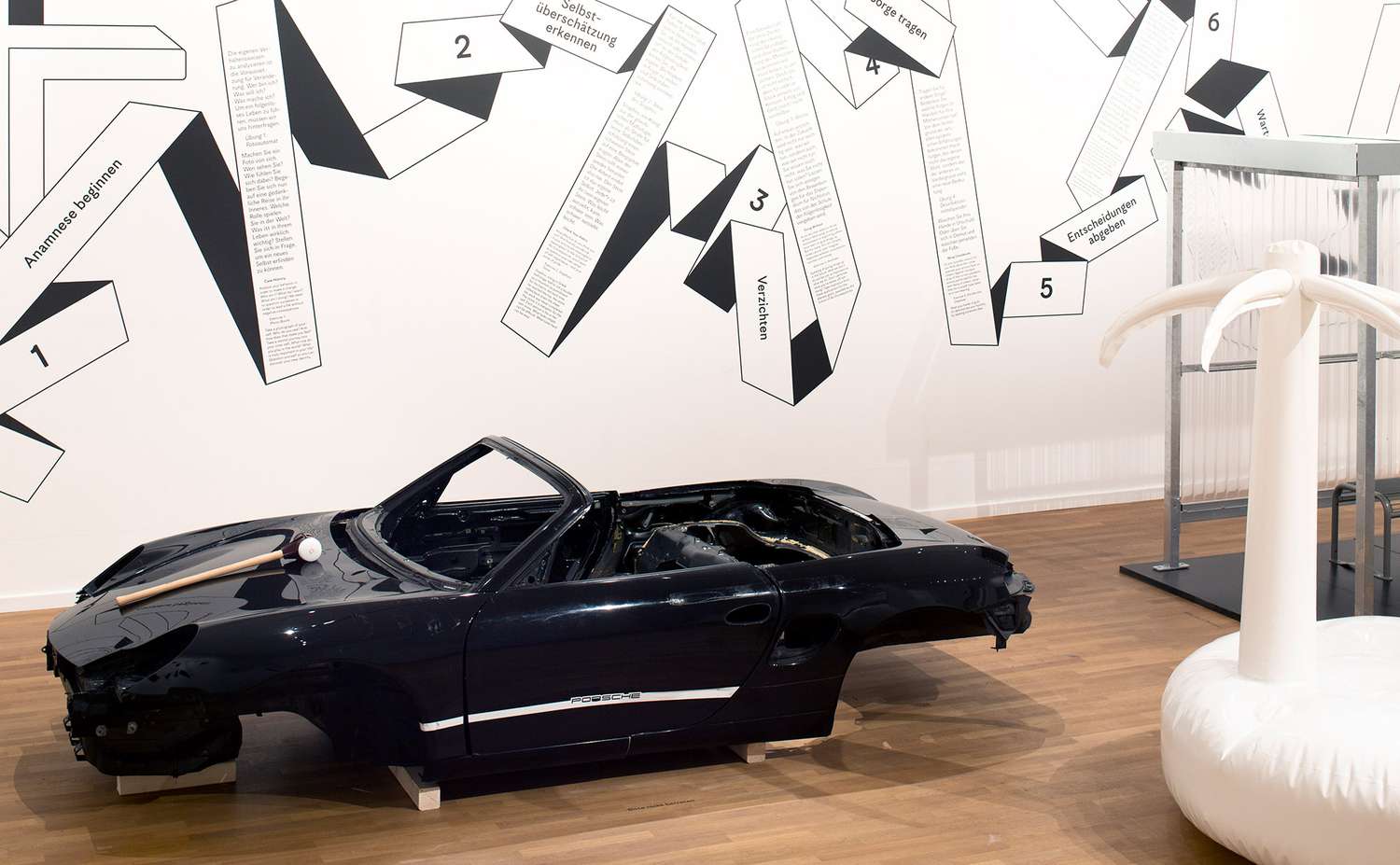
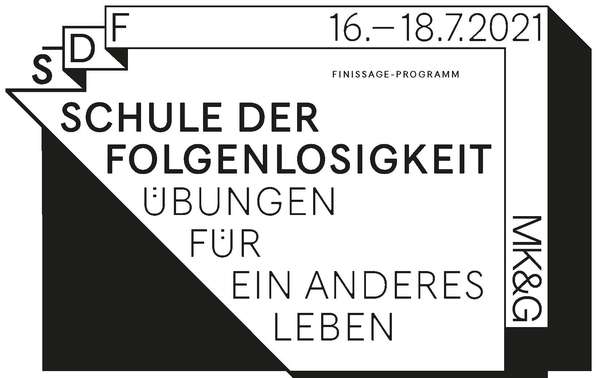
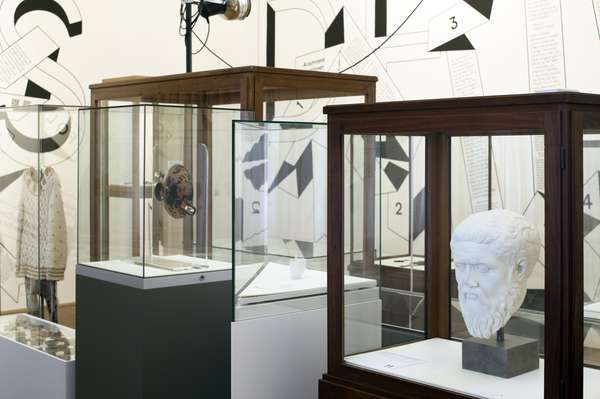
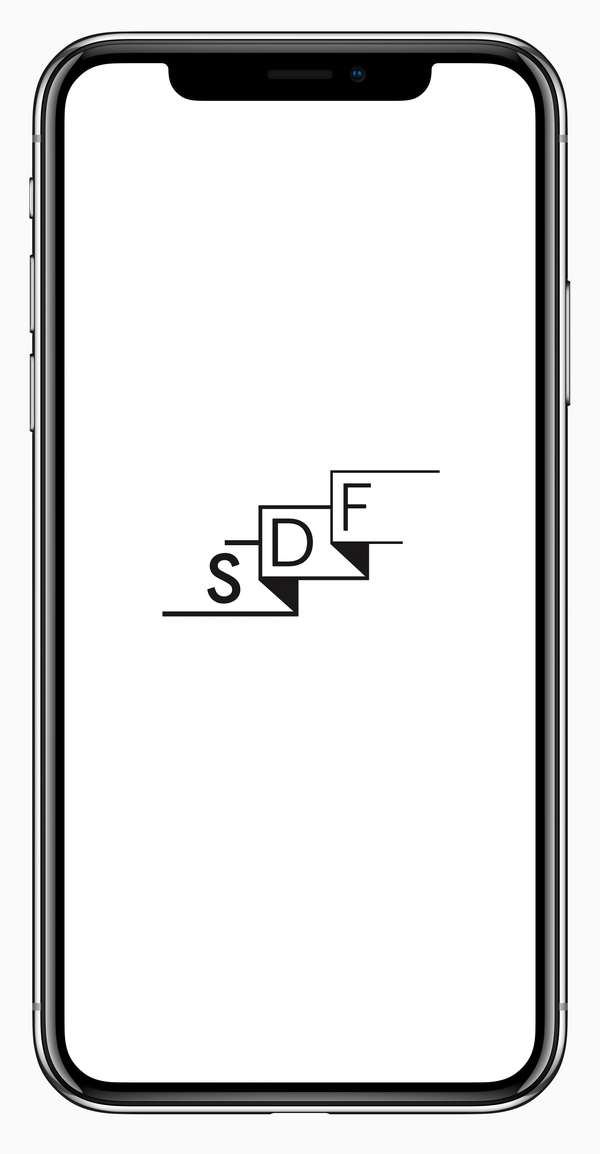
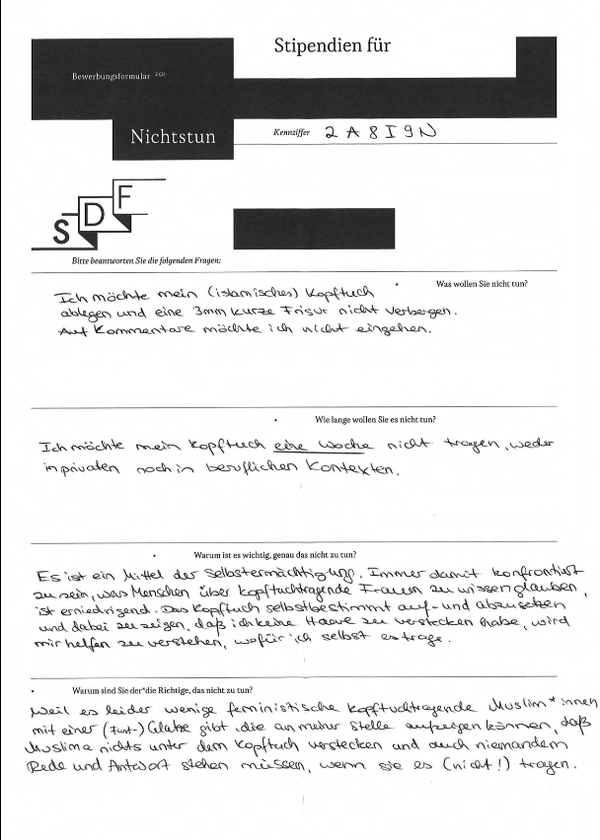
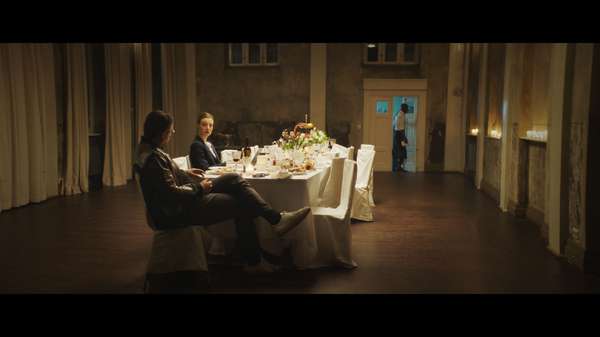
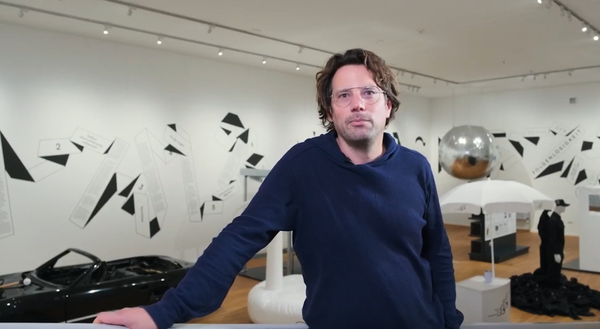
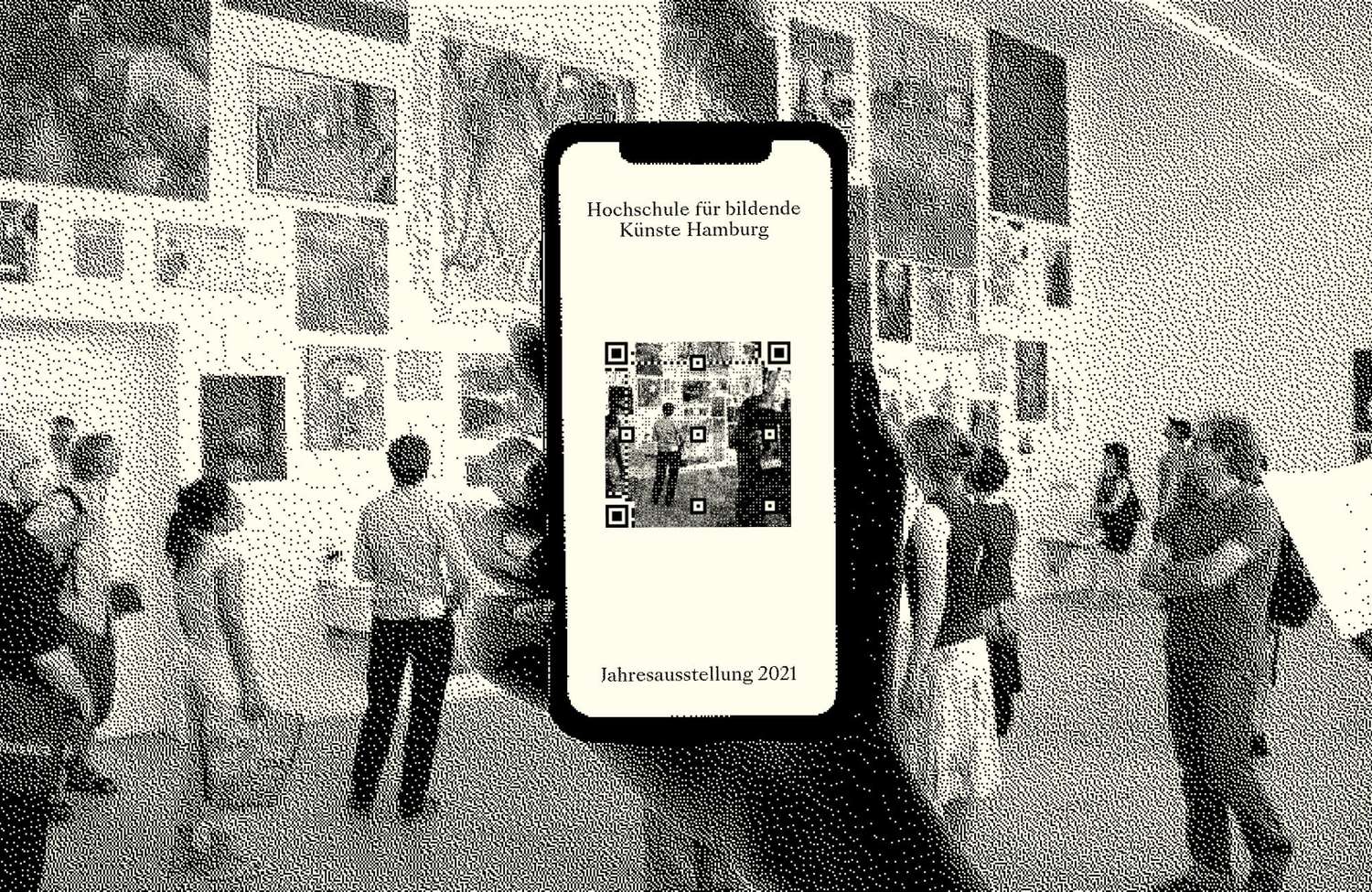
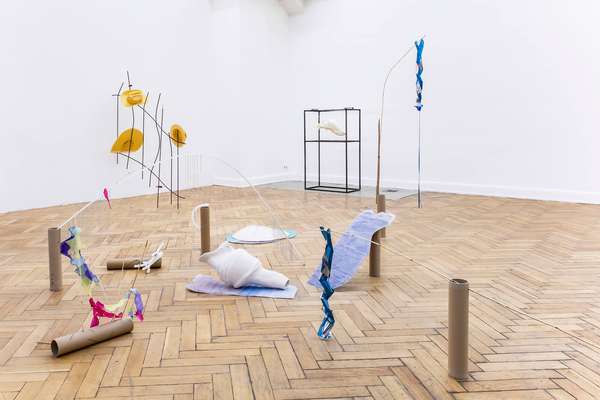
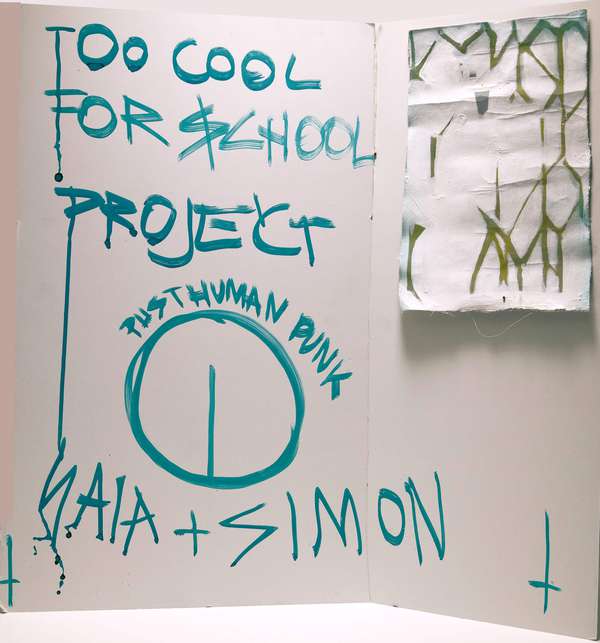
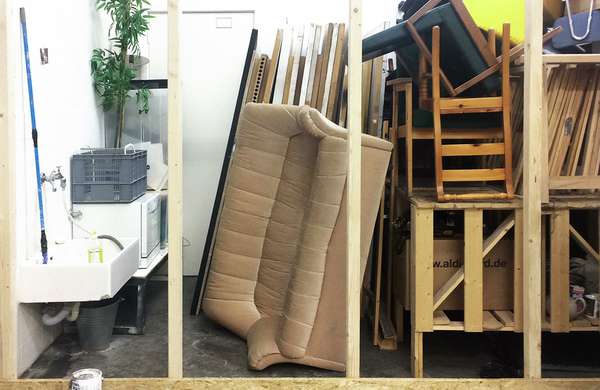

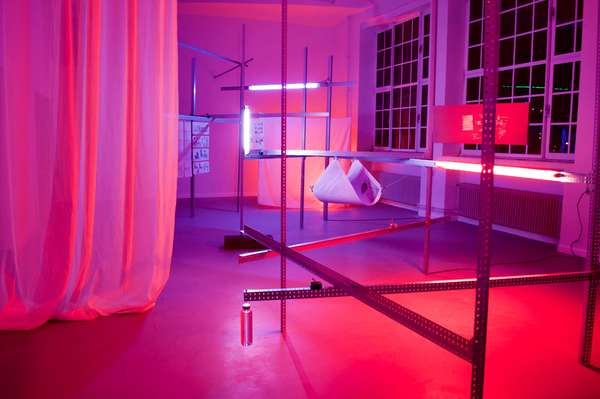
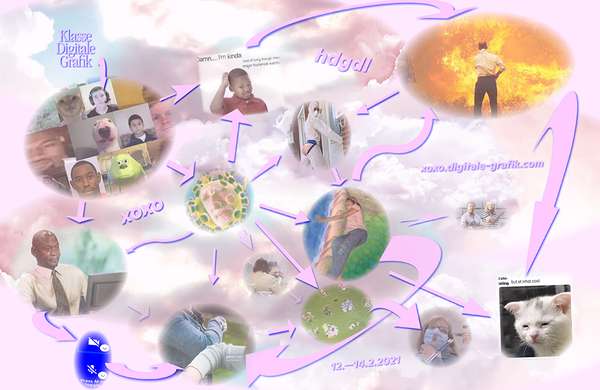
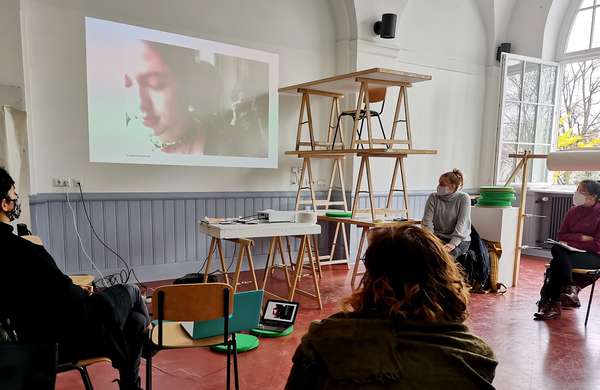
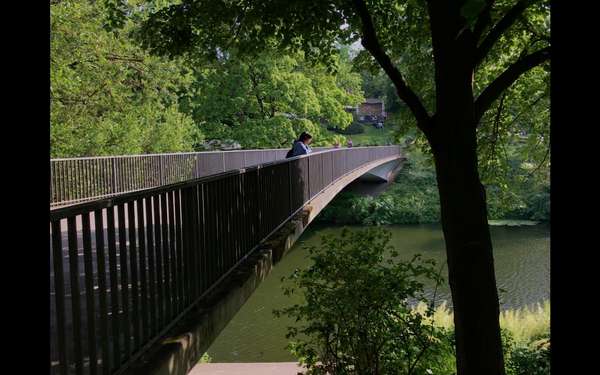
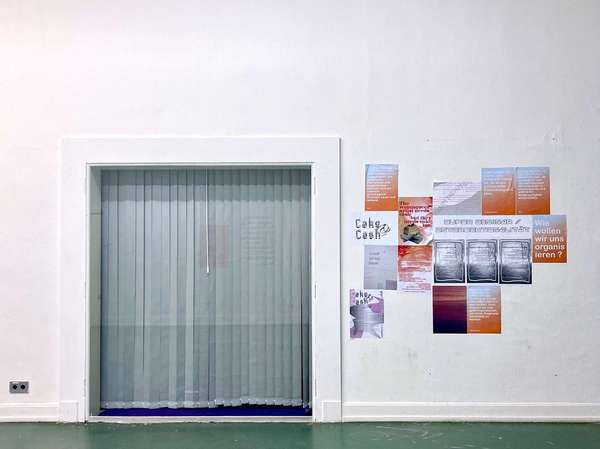
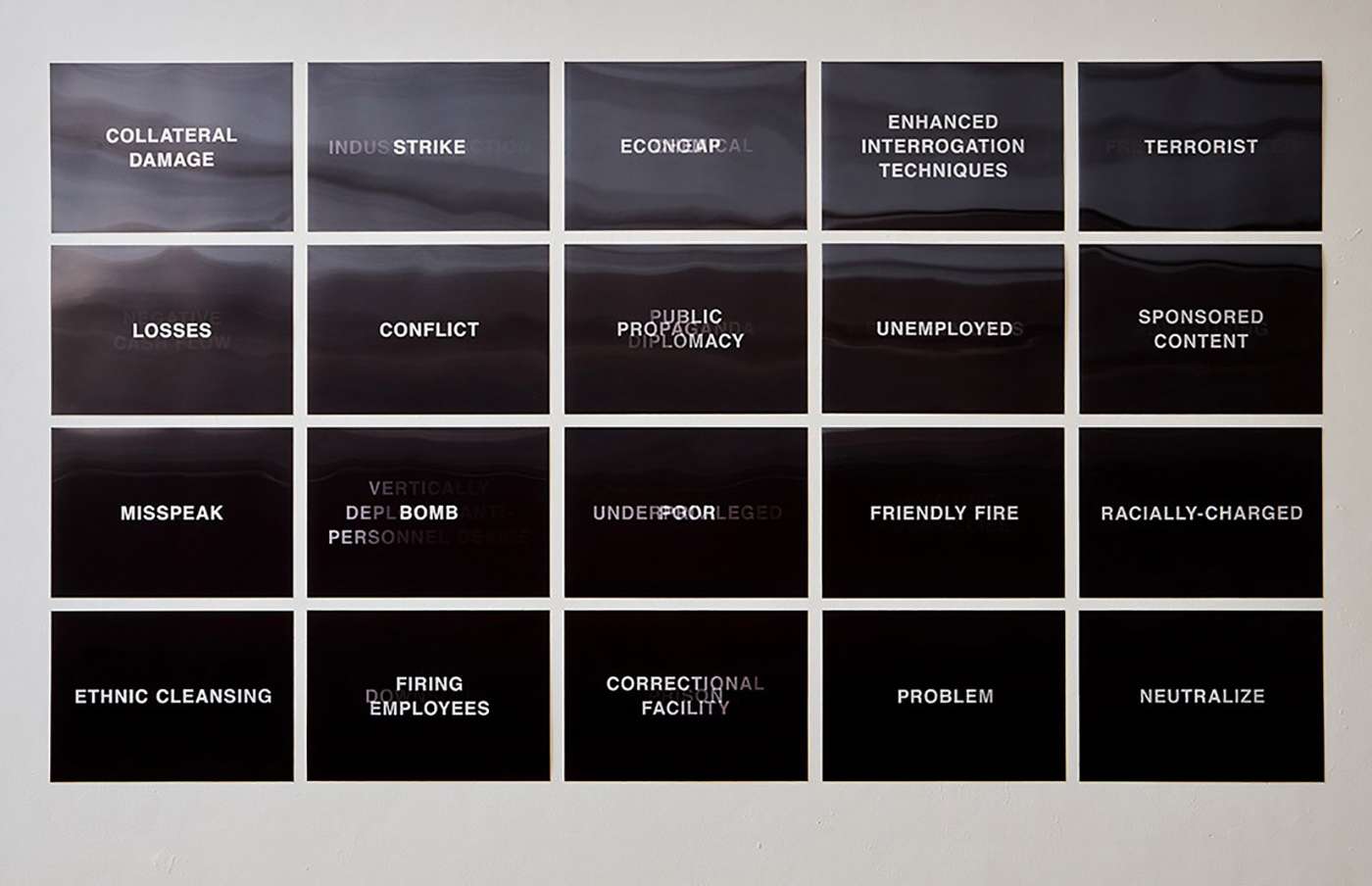
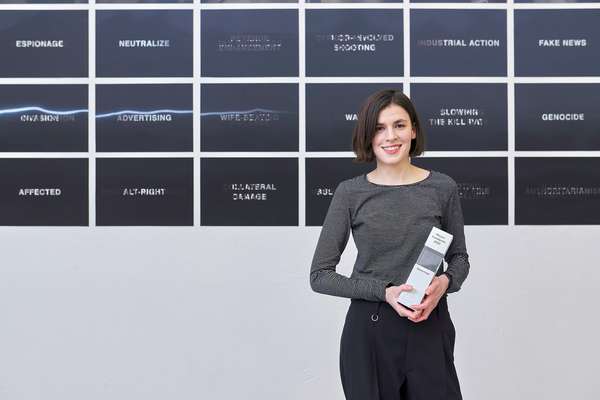
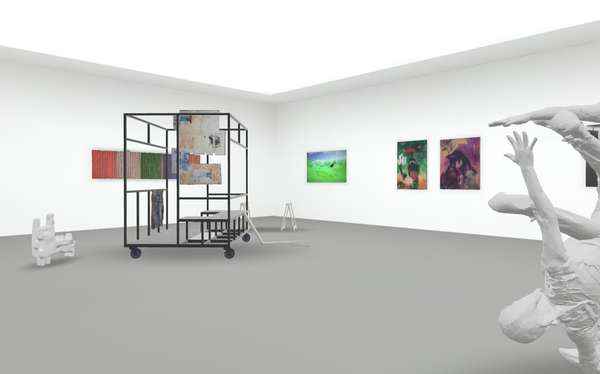
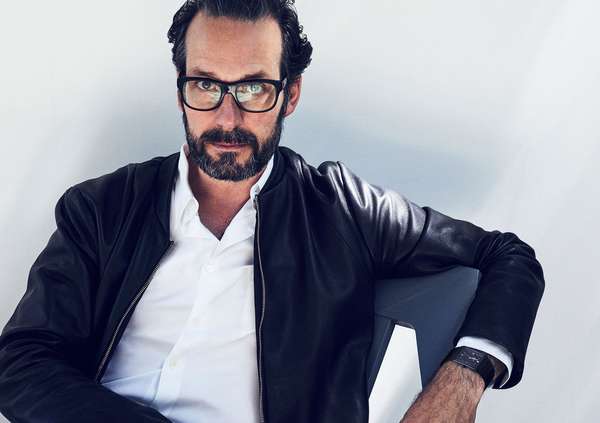
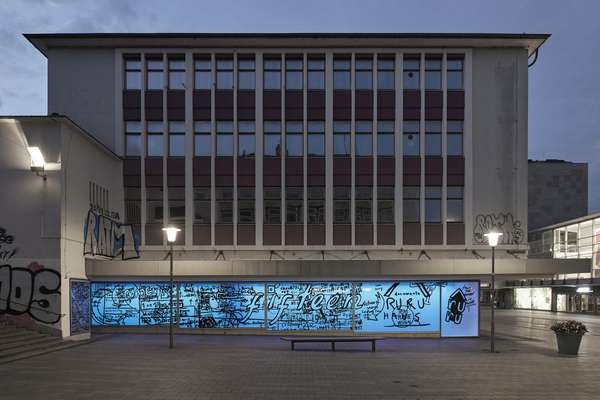
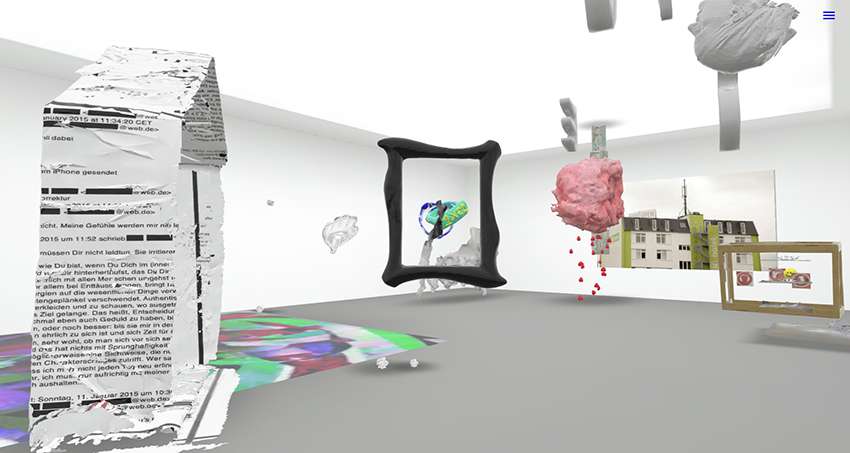
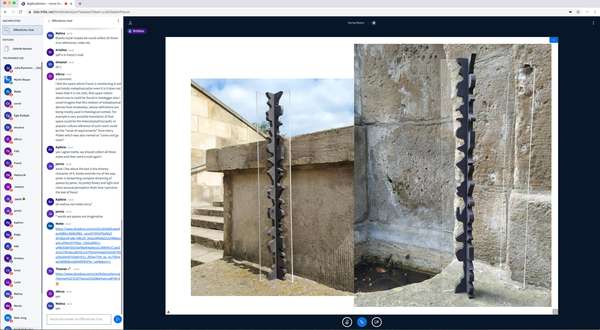
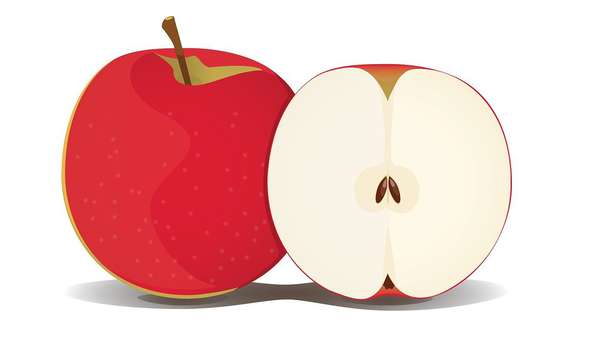
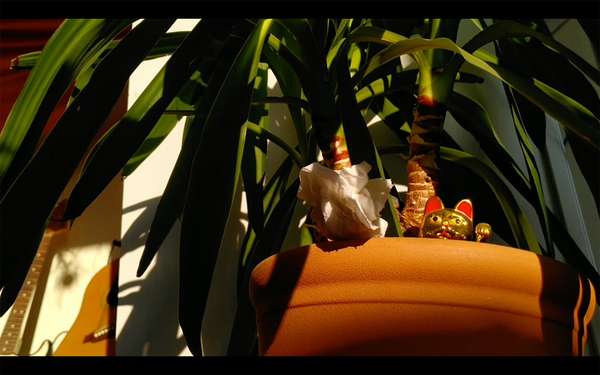
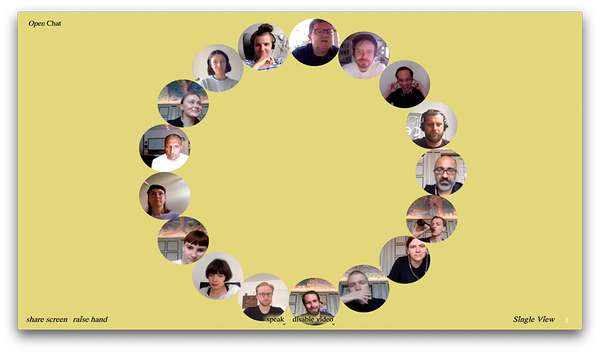
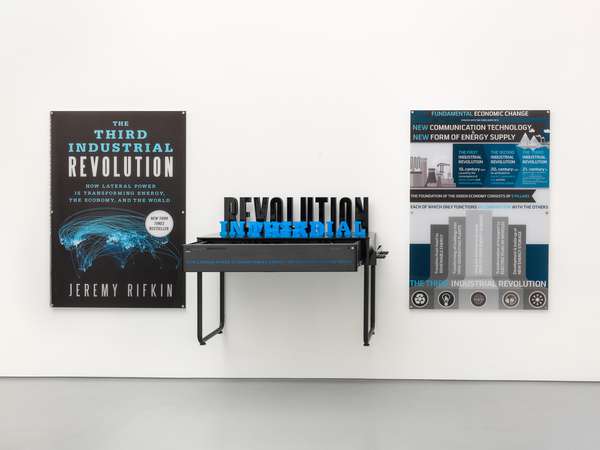
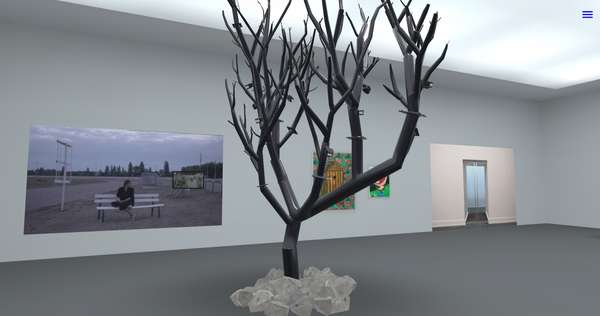
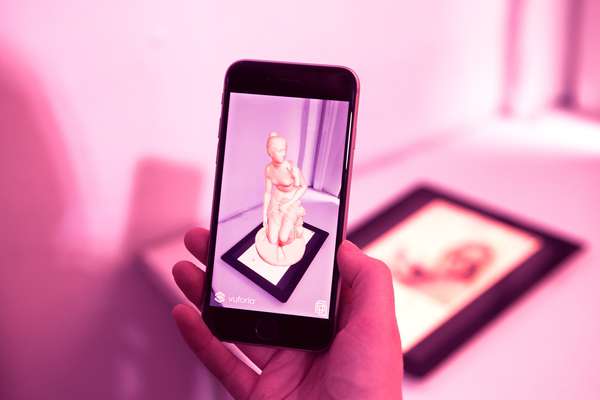
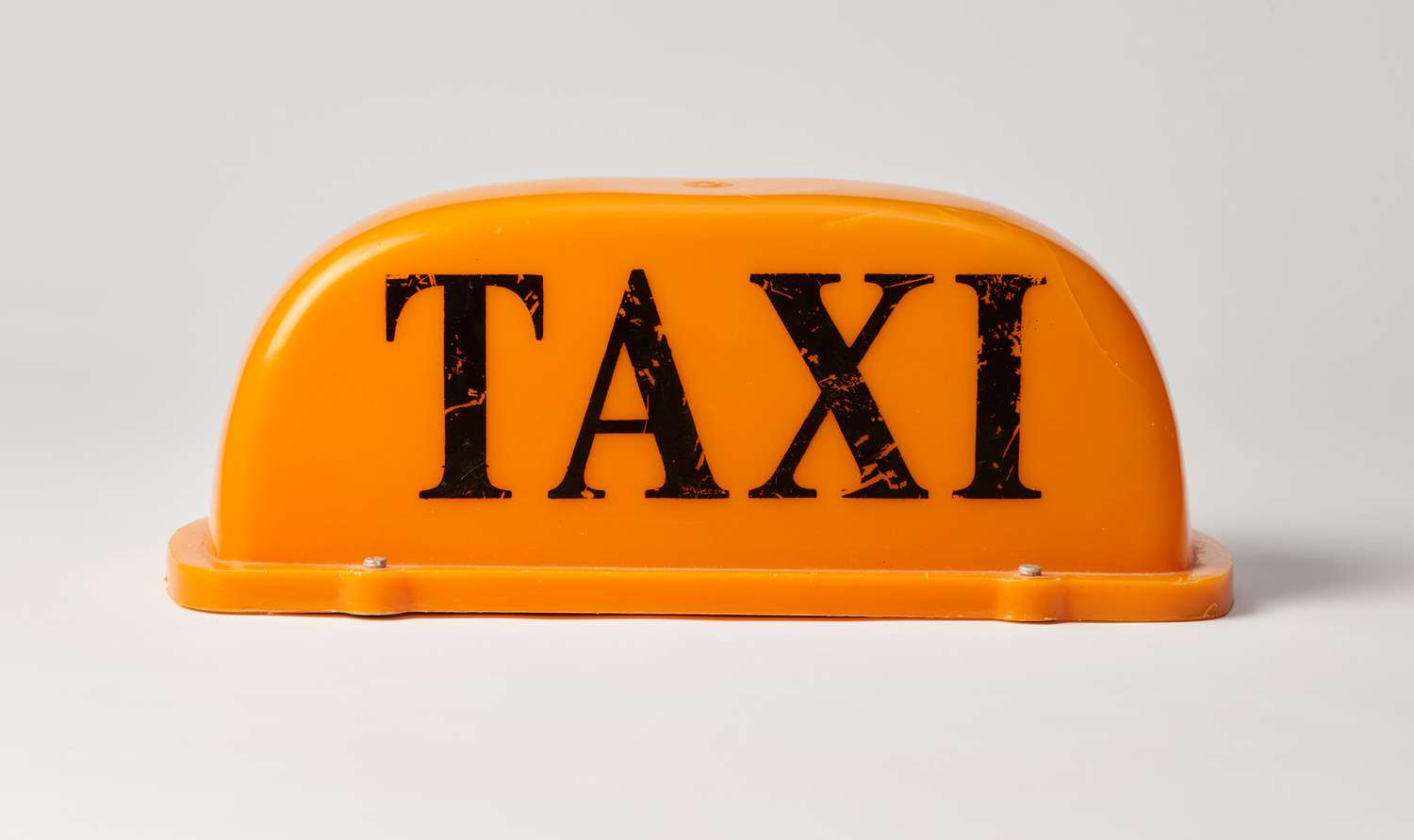
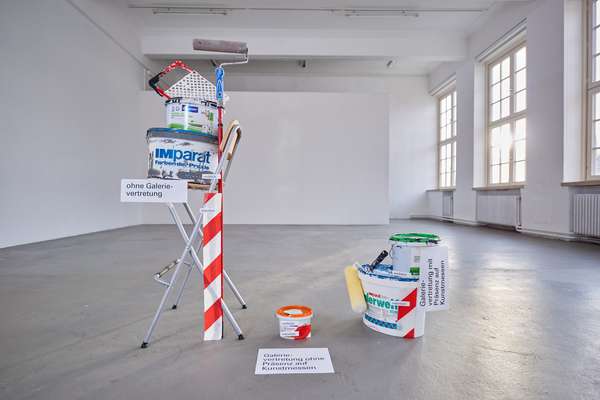
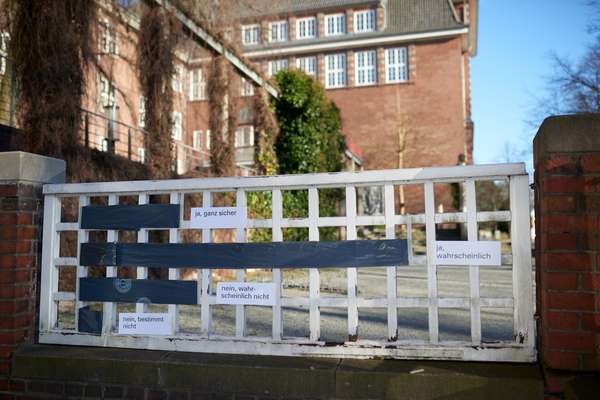
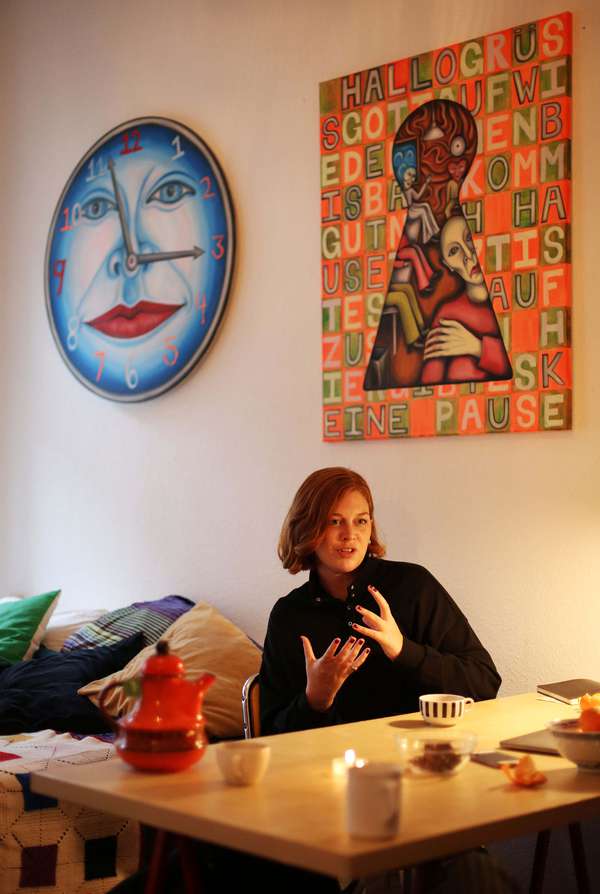
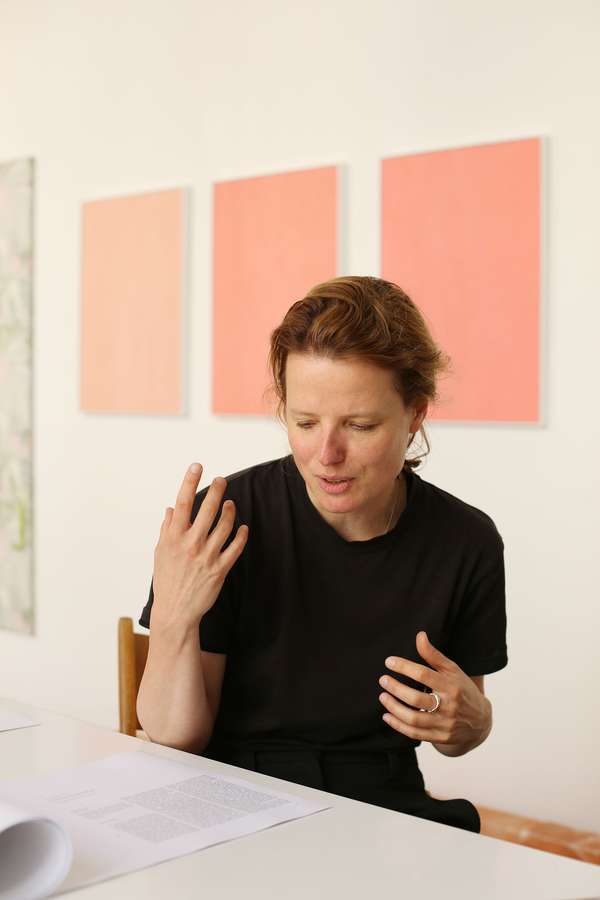
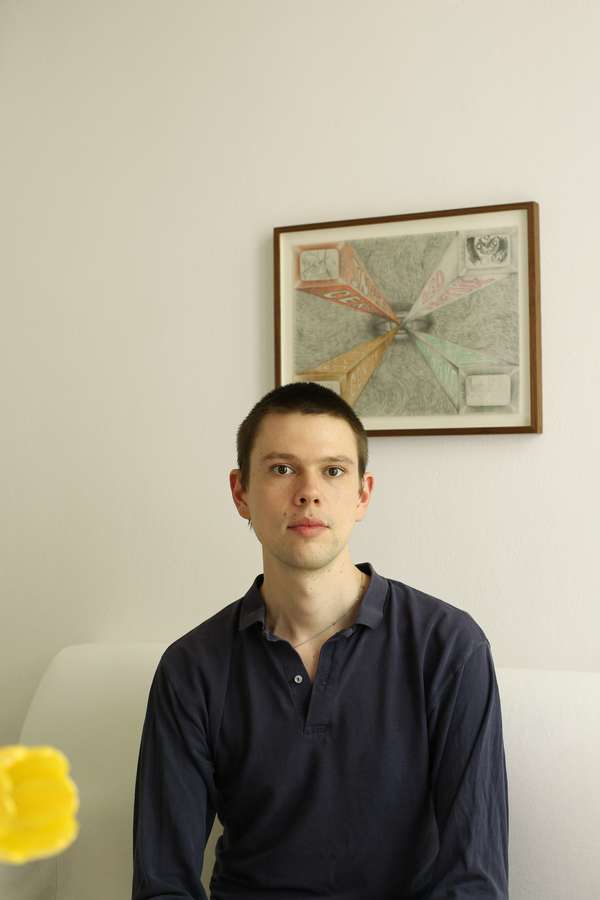
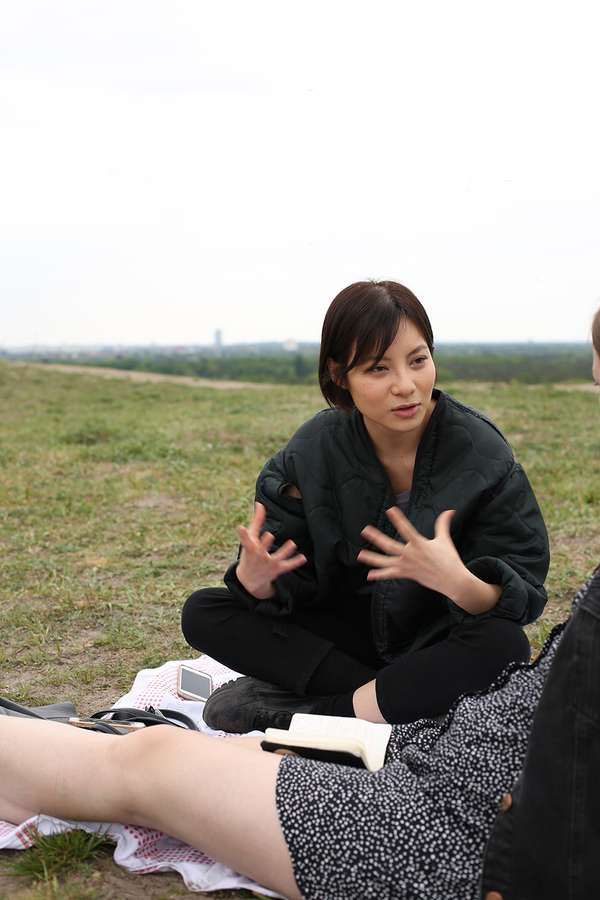
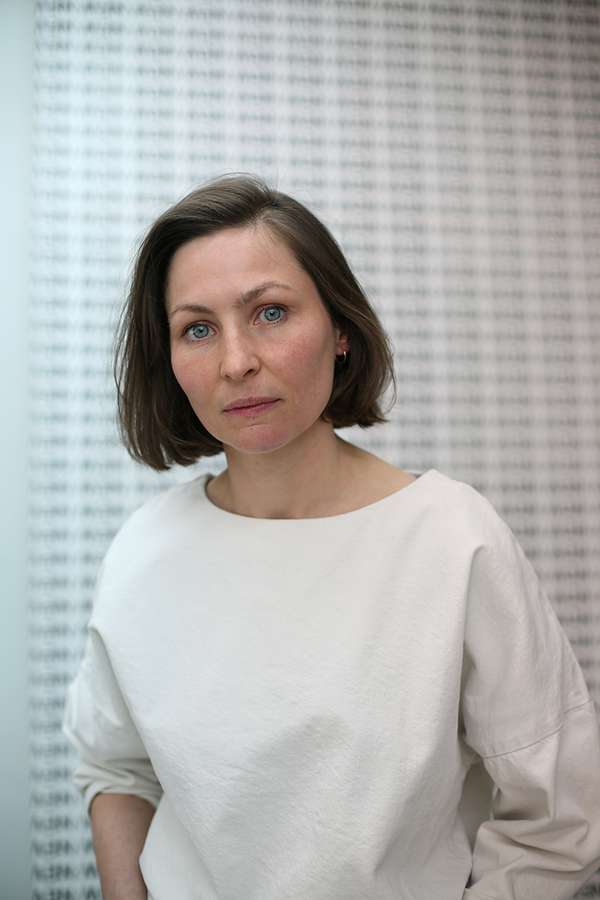
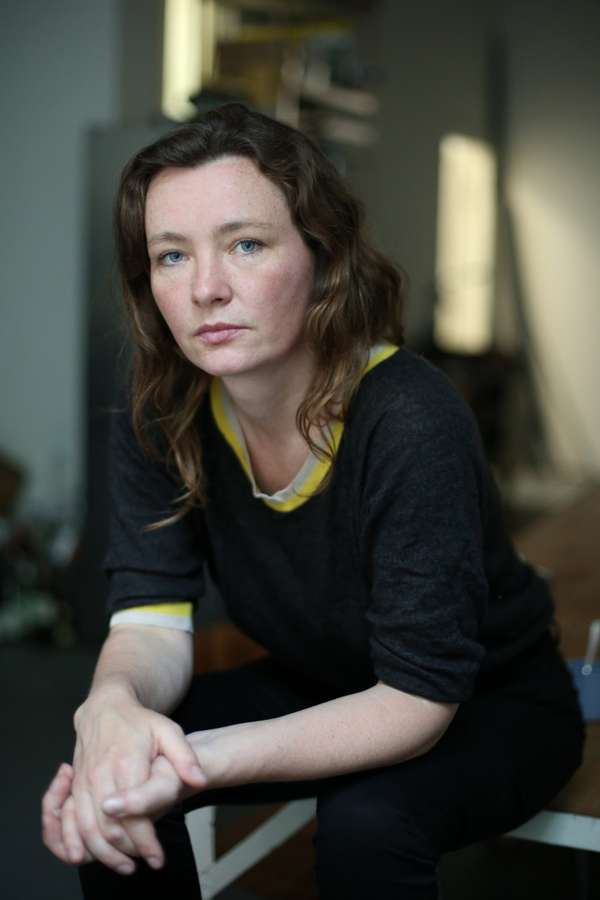
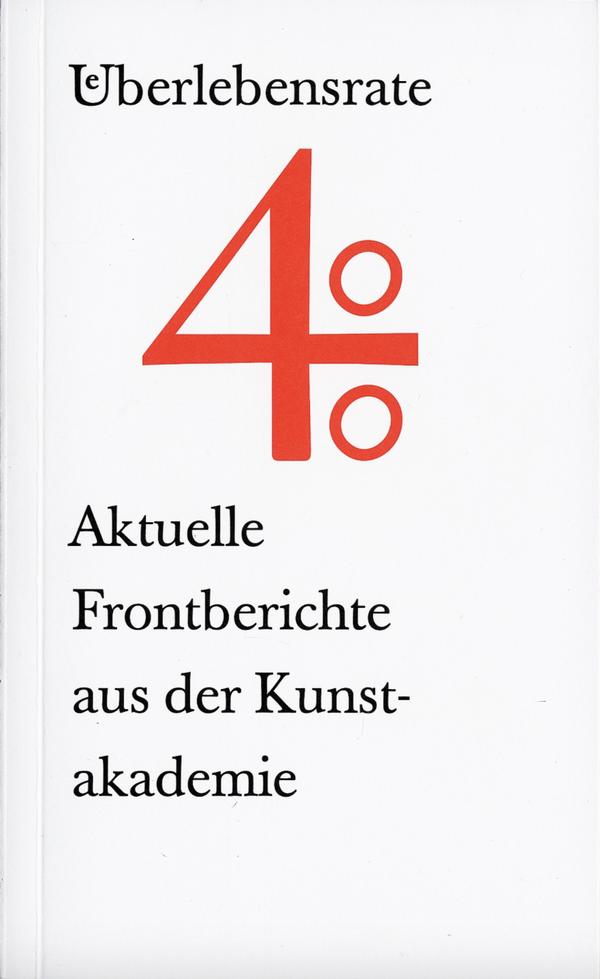
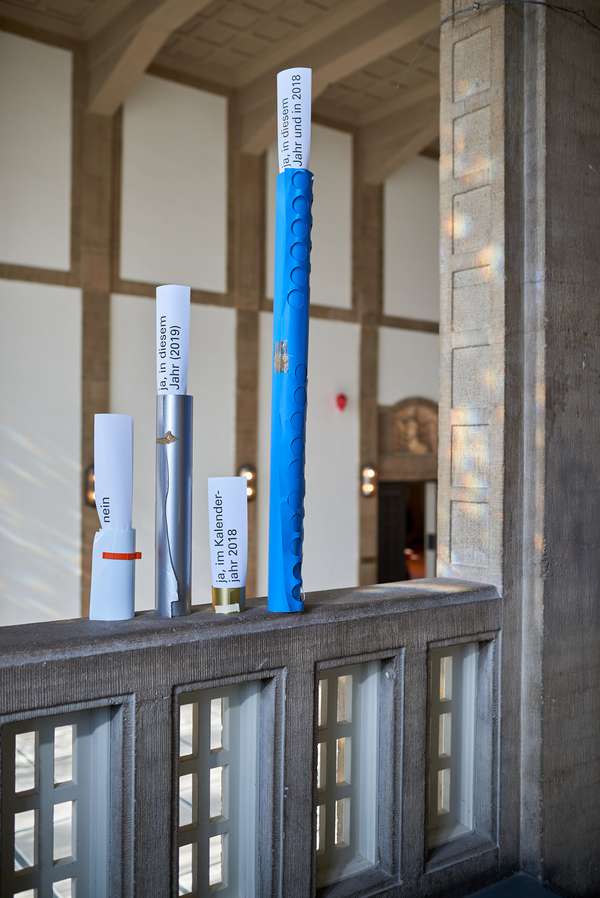
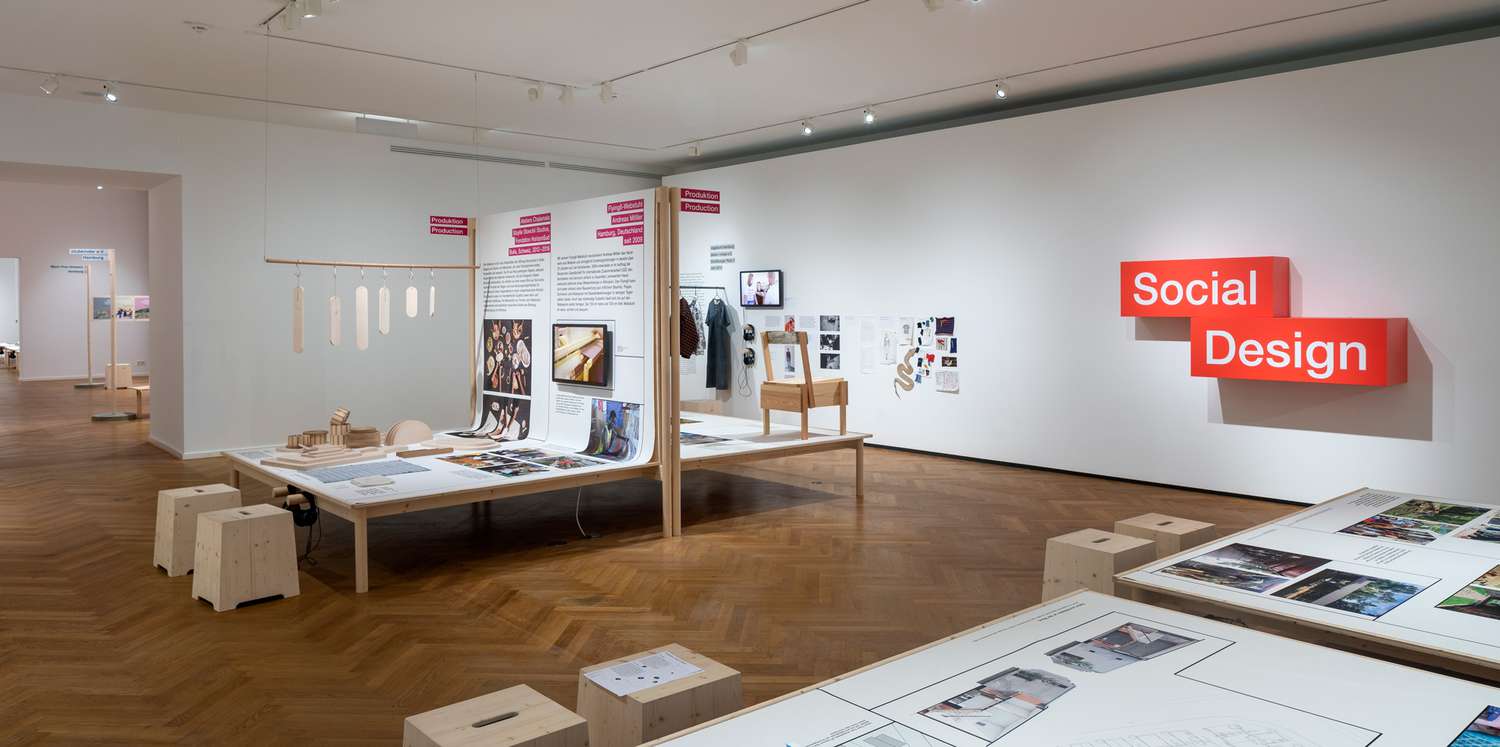
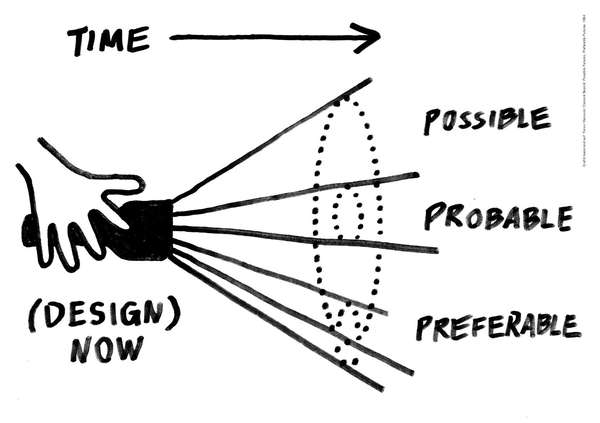
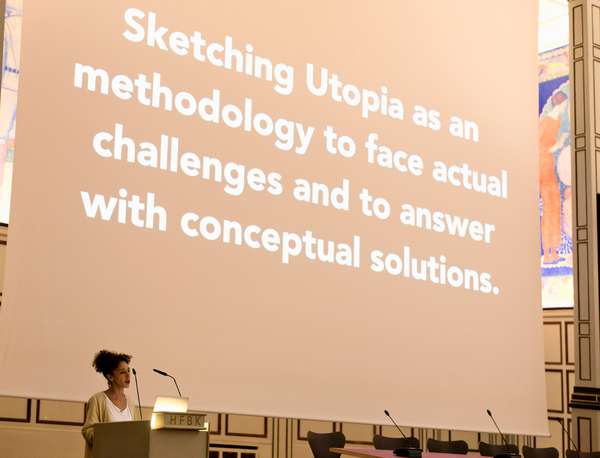
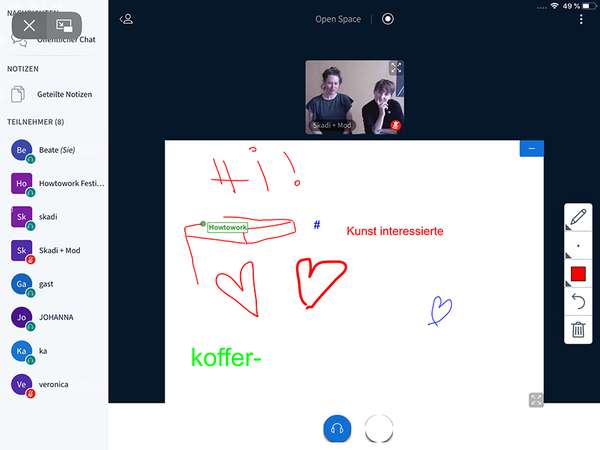
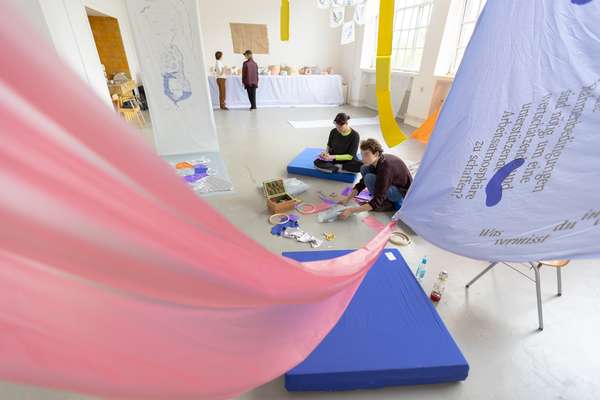
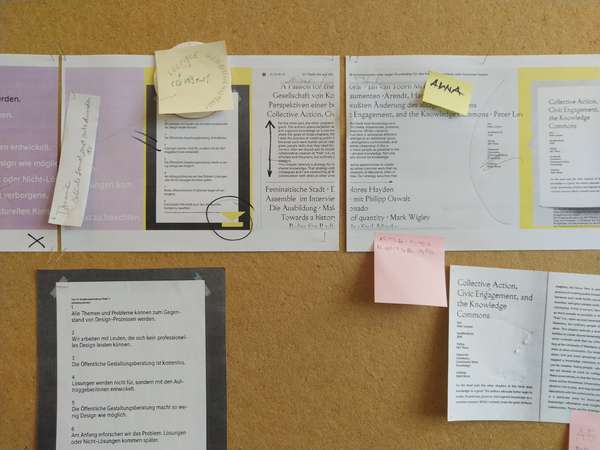
 Graduate Show 2025: Don't stop me now
Graduate Show 2025: Don't stop me now
 Long days, lots to do
Long days, lots to do
 Cine*Ami*es
Cine*Ami*es
 Redesign Democracy – competition for the ballot box of the democratic future
Redesign Democracy – competition for the ballot box of the democratic future
 Art in public space
Art in public space
 How to apply: study at HFBK Hamburg
How to apply: study at HFBK Hamburg
 Annual Exhibition 2025 at the HFBK Hamburg
Annual Exhibition 2025 at the HFBK Hamburg
 The Elephant in The Room – Sculpture today
The Elephant in The Room – Sculpture today
 Hiscox Art Prize 2024
Hiscox Art Prize 2024
 The New Woman
The New Woman
 Doing a PhD at the HFBK Hamburg
Doing a PhD at the HFBK Hamburg
 Graduate Show 2024 - Letting Go
Graduate Show 2024 - Letting Go
 Finkenwerder Art Prize 2024
Finkenwerder Art Prize 2024
 Archives of the Body - The Body in Archiving
Archives of the Body - The Body in Archiving
 New partnership with the School of Arts at the University of Haifa
New partnership with the School of Arts at the University of Haifa
 Annual Exhibition 2024 at the HFBK Hamburg
Annual Exhibition 2024 at the HFBK Hamburg
 (Ex)Changes of / in Art
(Ex)Changes of / in Art
 Extended Libraries
Extended Libraries
 And Still I Rise
And Still I Rise
 Let's talk about language
Let's talk about language
 Graduate Show 2023: Unfinished Business
Graduate Show 2023: Unfinished Business
 Let`s work together
Let`s work together
 Annual Exhibition 2023 at HFBK Hamburg
Annual Exhibition 2023 at HFBK Hamburg
 Symposium: Controversy over documenta fifteen
Symposium: Controversy over documenta fifteen
 Festival and Symposium: Non-Knowledge, Laughter and the Moving Image
Festival and Symposium: Non-Knowledge, Laughter and the Moving Image
 Solo exhibition by Konstantin Grcic
Solo exhibition by Konstantin Grcic
 Art and war
Art and war
 Graduate Show 2022: We’ve Only Just Begun
Graduate Show 2022: We’ve Only Just Begun
 June is full of art and theory
June is full of art and theory
 Finkenwerder Art Prize 2022
Finkenwerder Art Prize 2022
 Nachhaltigkeit im Kontext von Kunst und Kunsthochschule
Nachhaltigkeit im Kontext von Kunst und Kunsthochschule
 Raum für die Kunst
Raum für die Kunst
 Annual Exhibition 2022 at the HFBK
Annual Exhibition 2022 at the HFBK
 Conference: Counter-Monuments and Para-Monuments.
Conference: Counter-Monuments and Para-Monuments.
 Diversity
Diversity
 Live und in Farbe: die ASA Open Studios im Juni 2021
Live und in Farbe: die ASA Open Studios im Juni 2021
 Unlearning: Wartenau Assemblies
Unlearning: Wartenau Assemblies
 School of No Consequences
School of No Consequences
 Annual Exhibition 2021 at the HFBK
Annual Exhibition 2021 at the HFBK
 Semestereröffnung und Hiscox-Preisverleihung 2020
Semestereröffnung und Hiscox-Preisverleihung 2020
 Teaching Art Online at the HFBK
Teaching Art Online at the HFBK
 HFBK Graduate Survey
HFBK Graduate Survey
 How political is Social Design?
How political is Social Design?